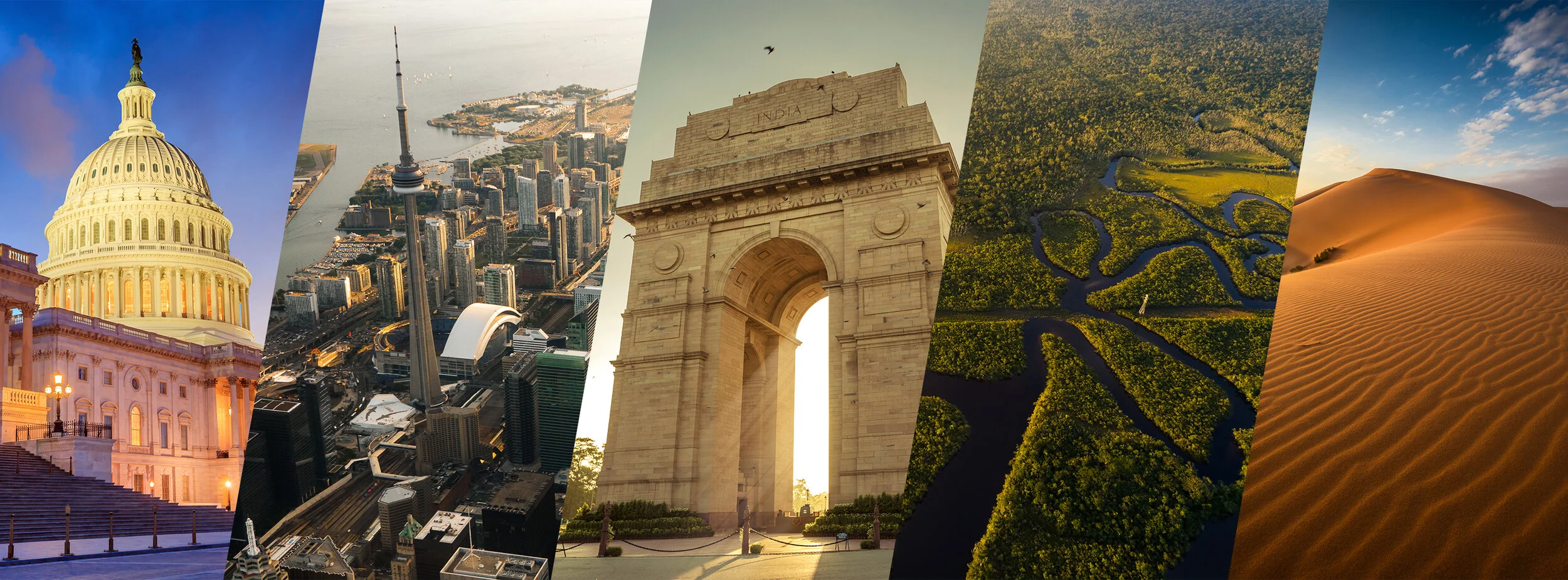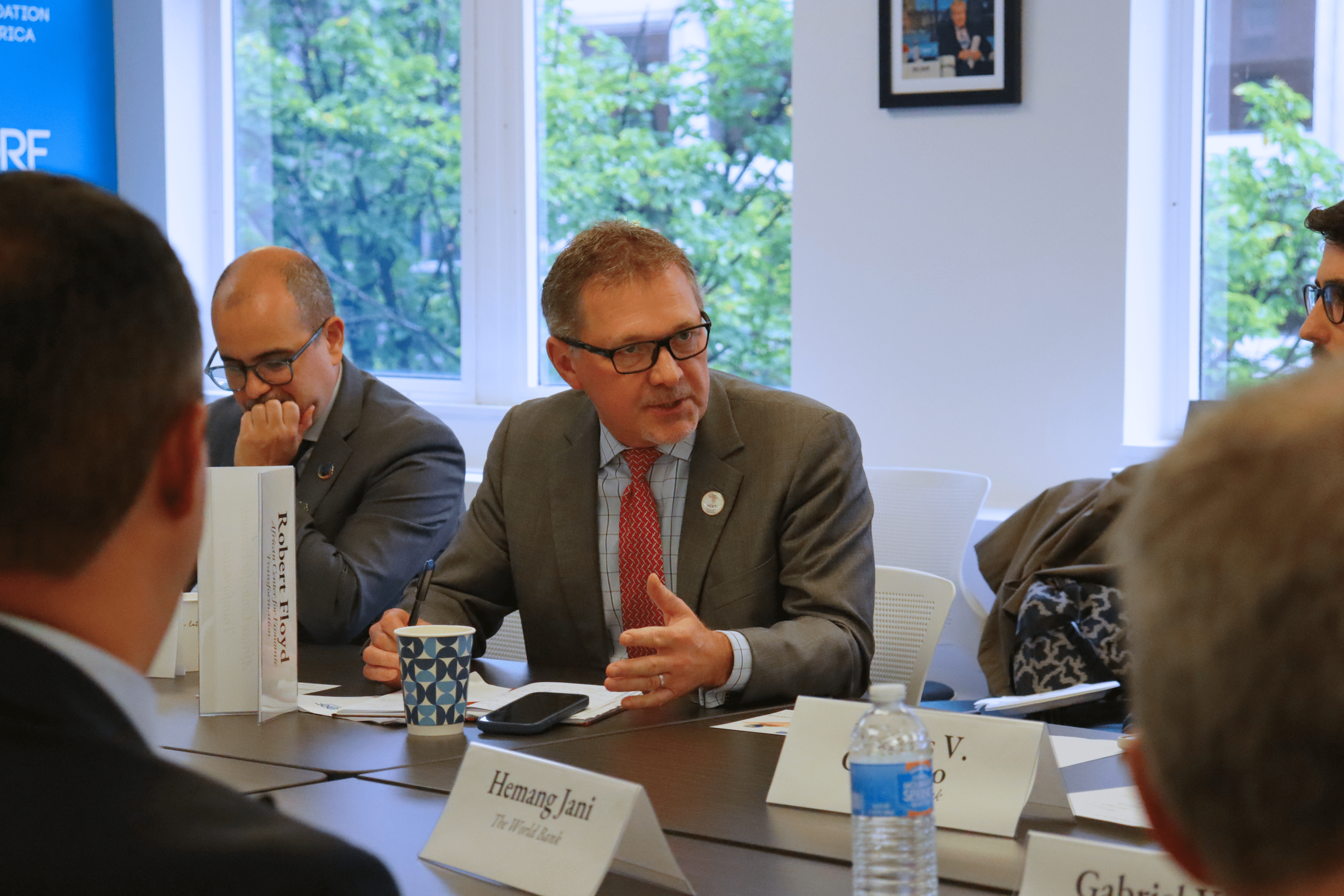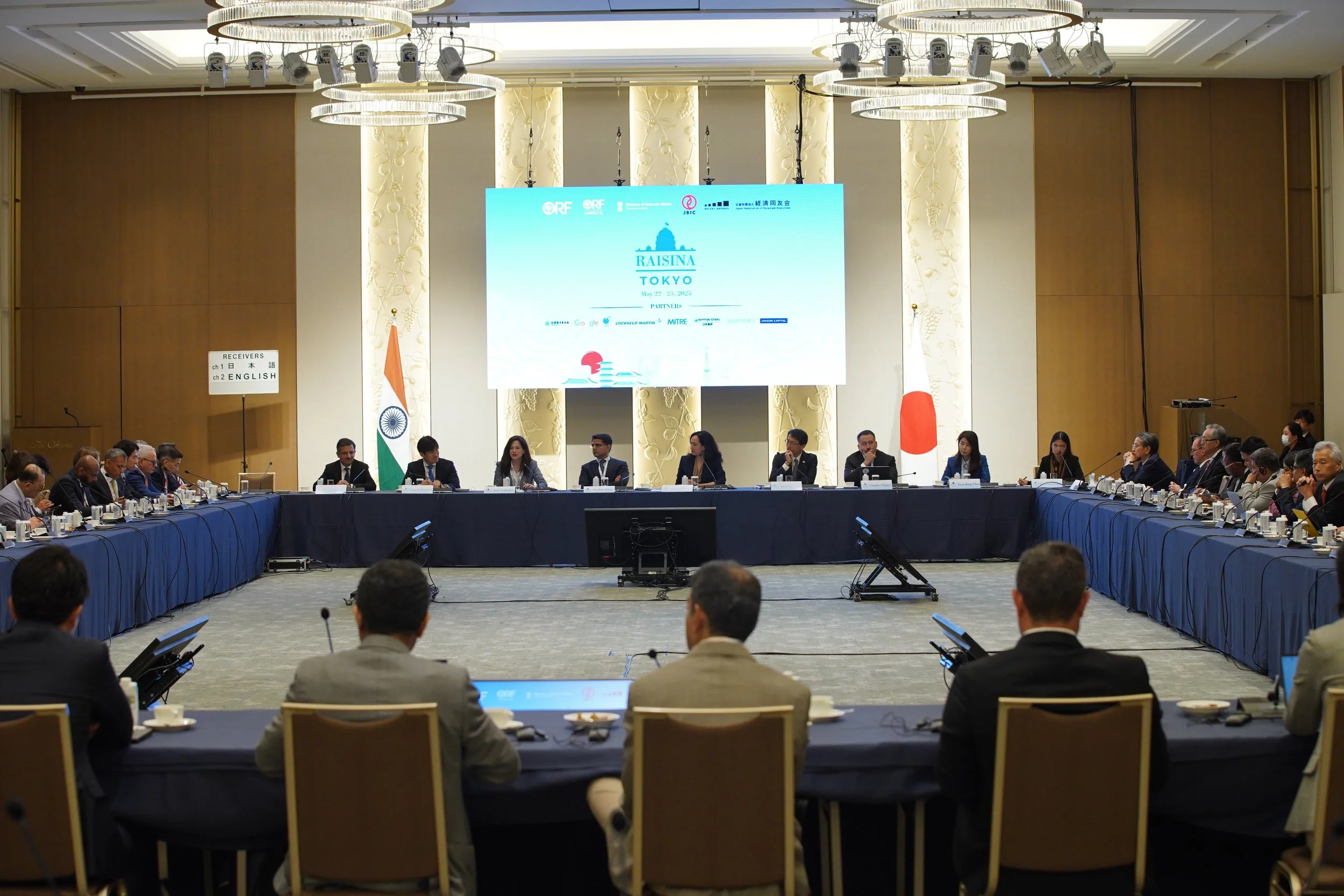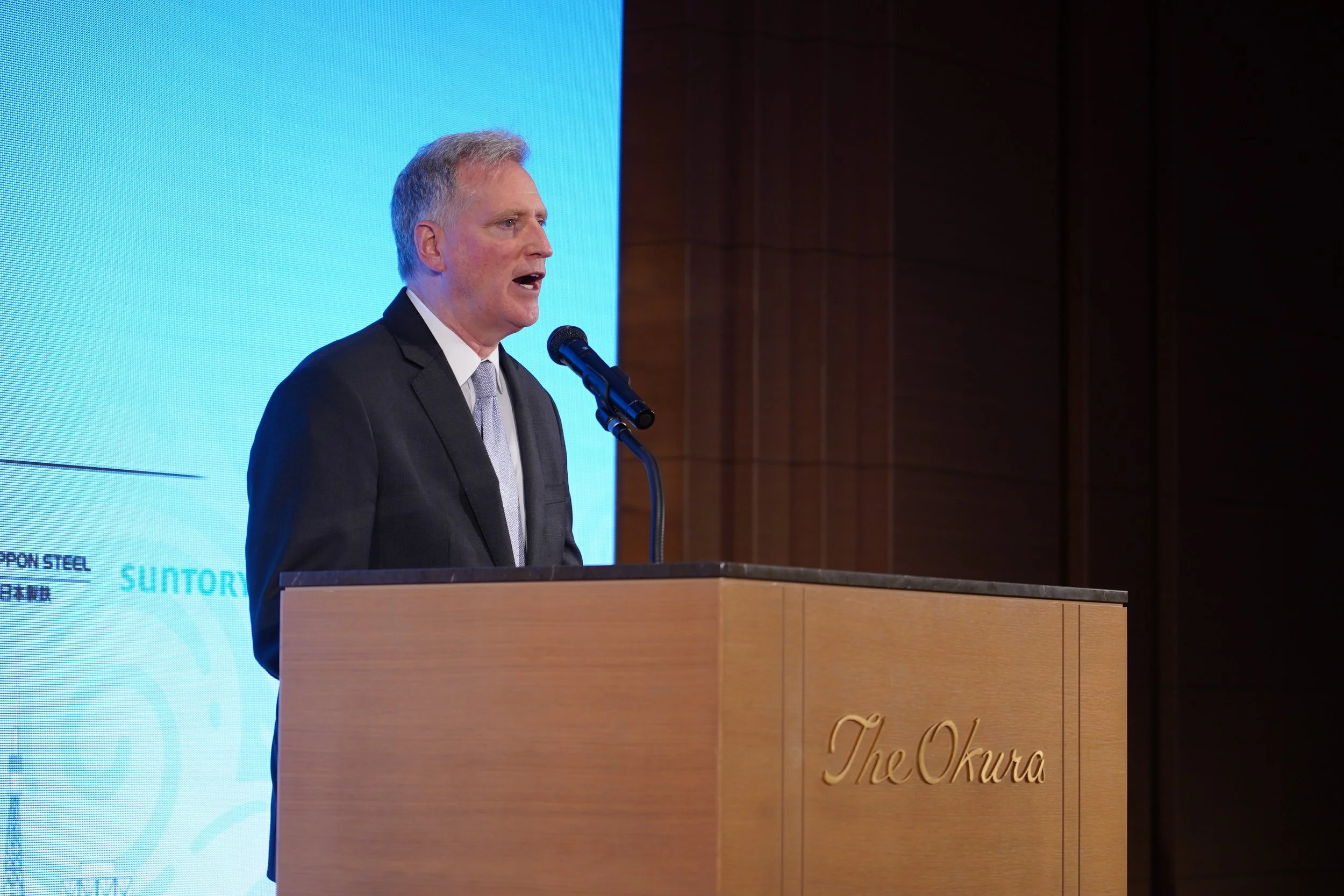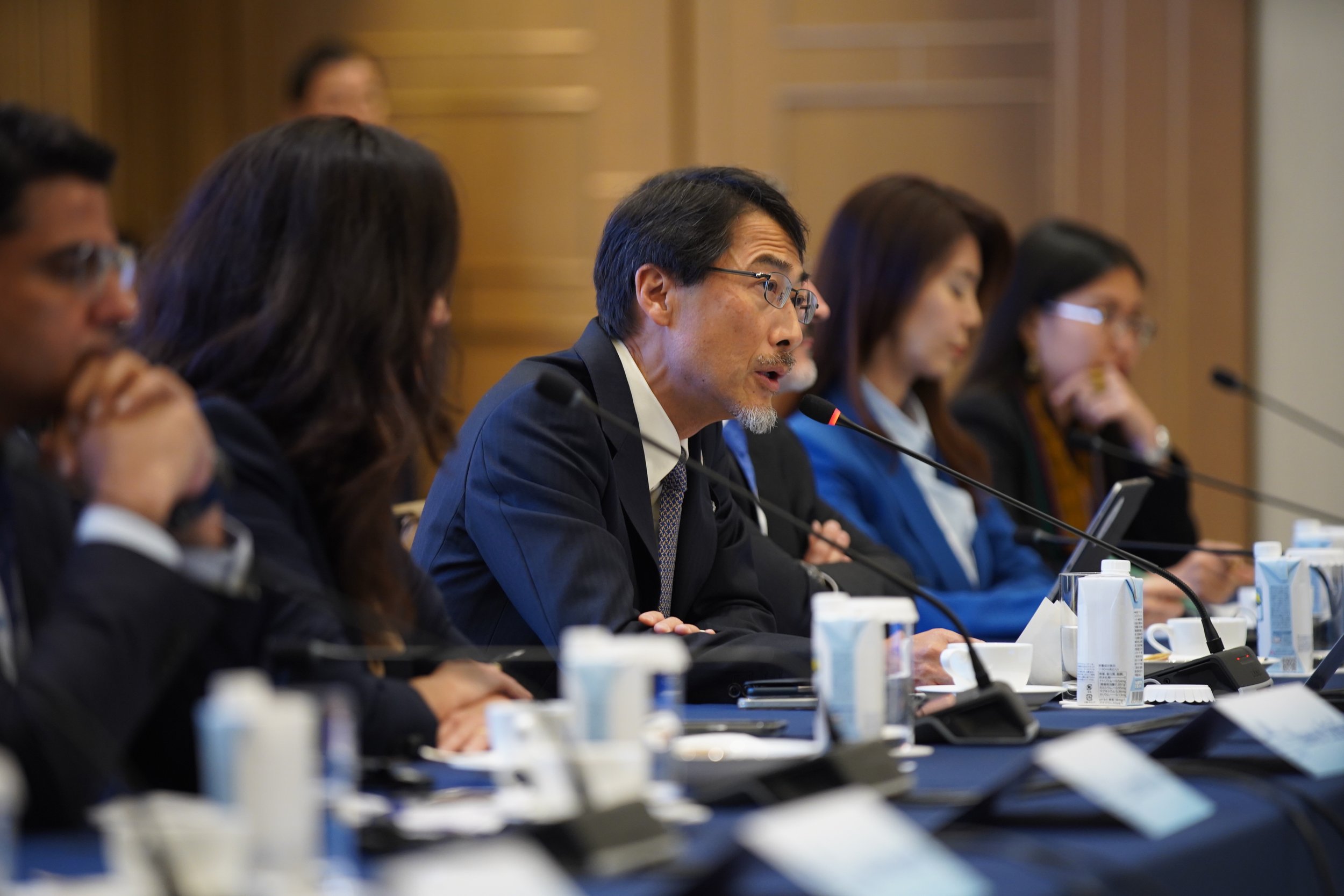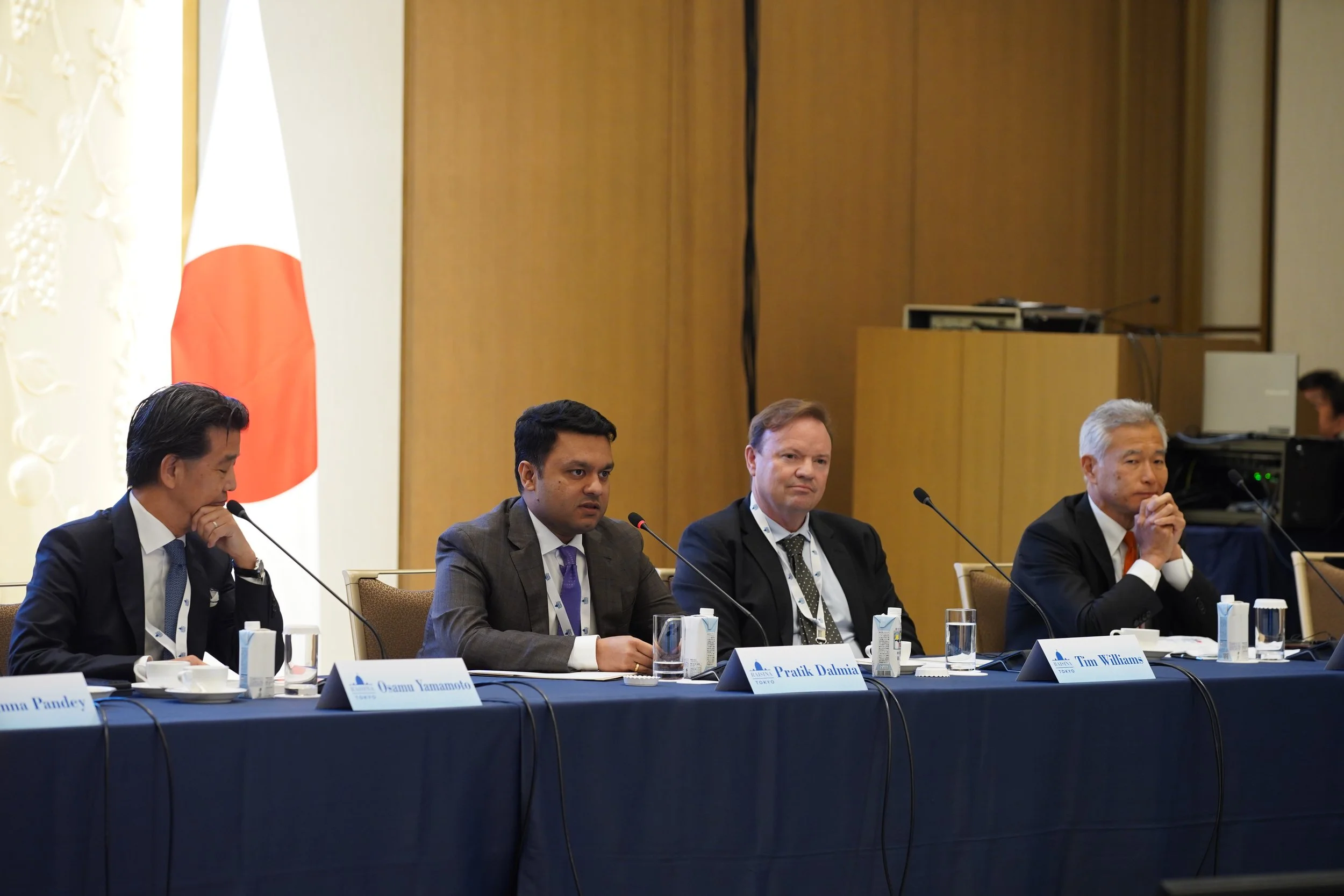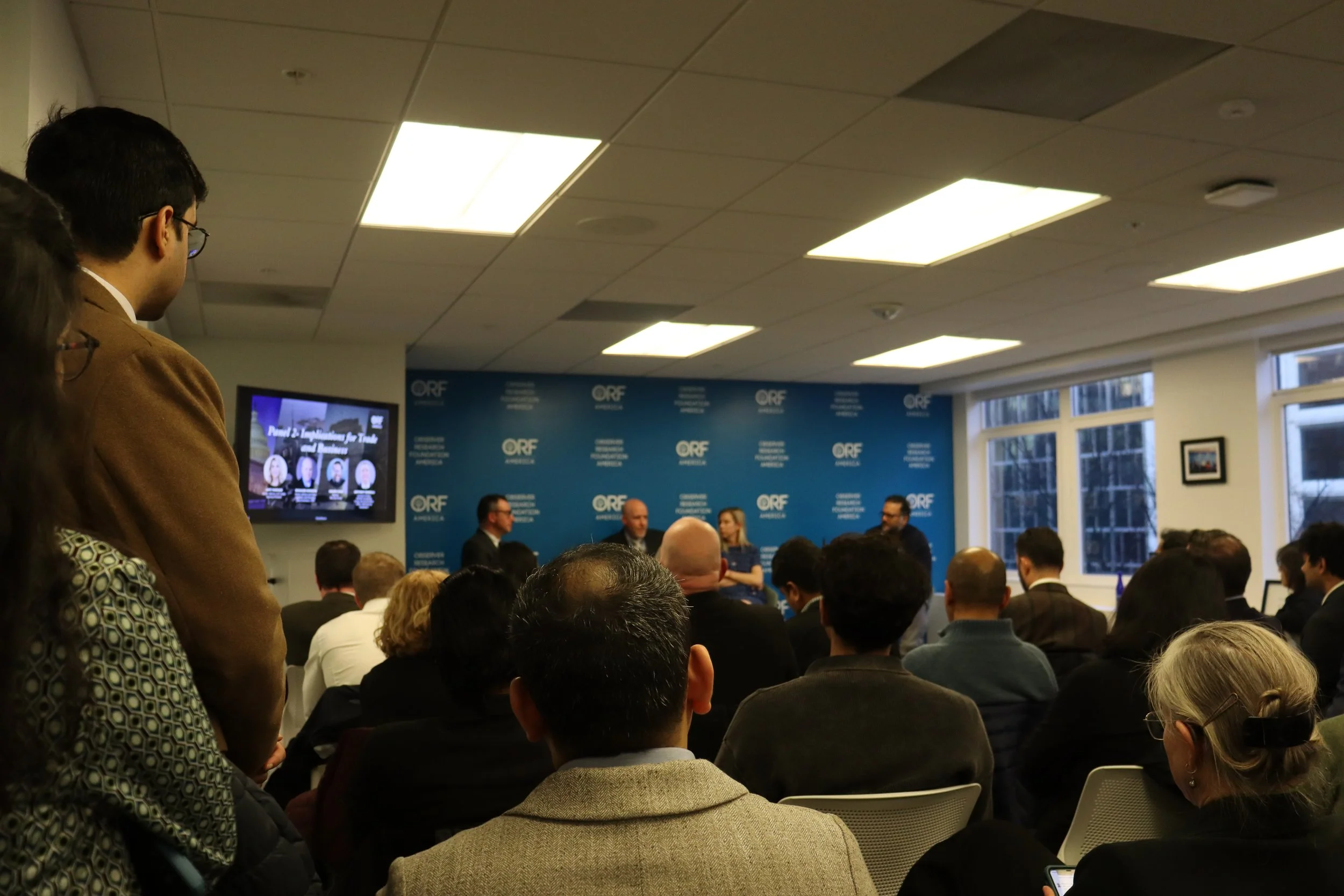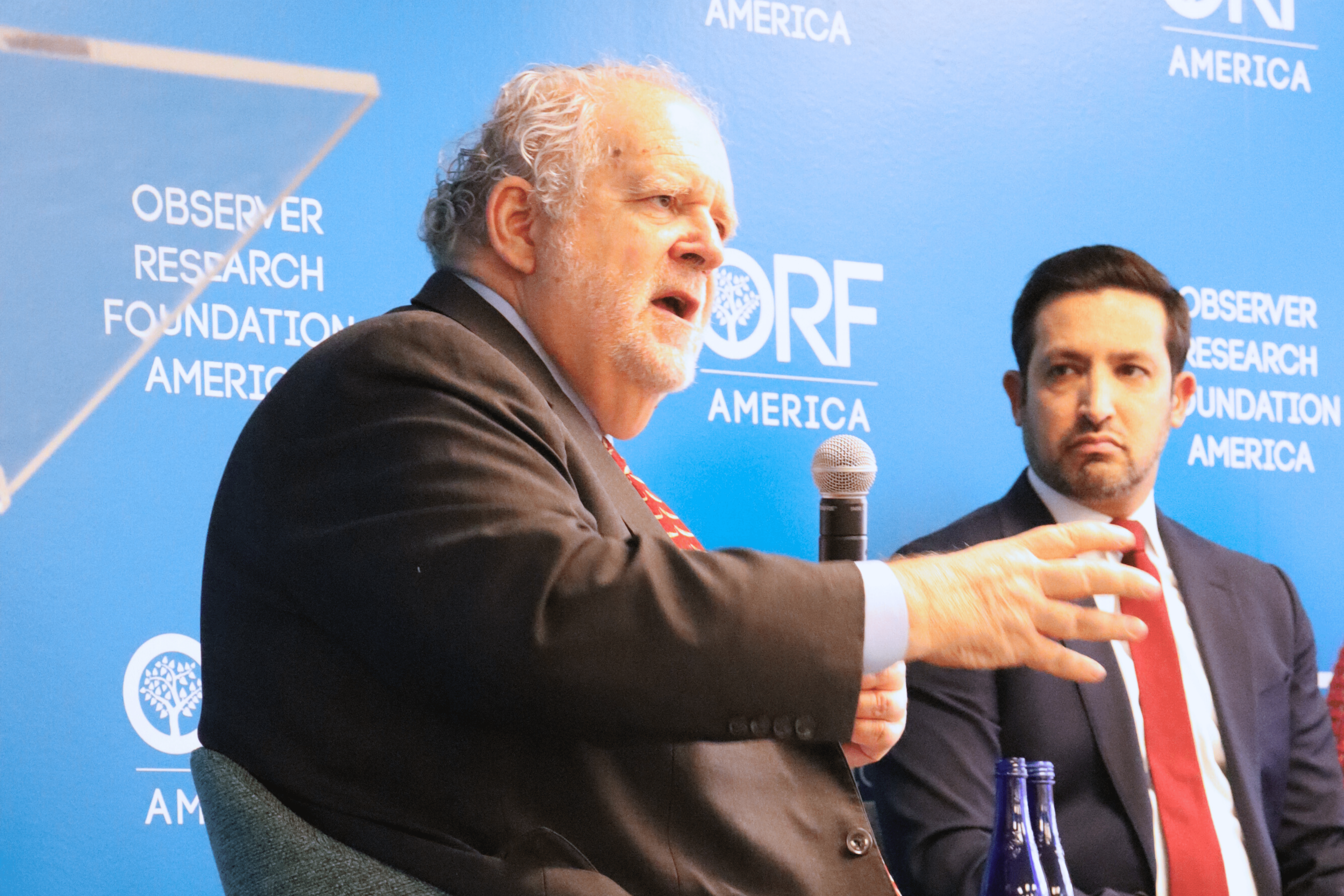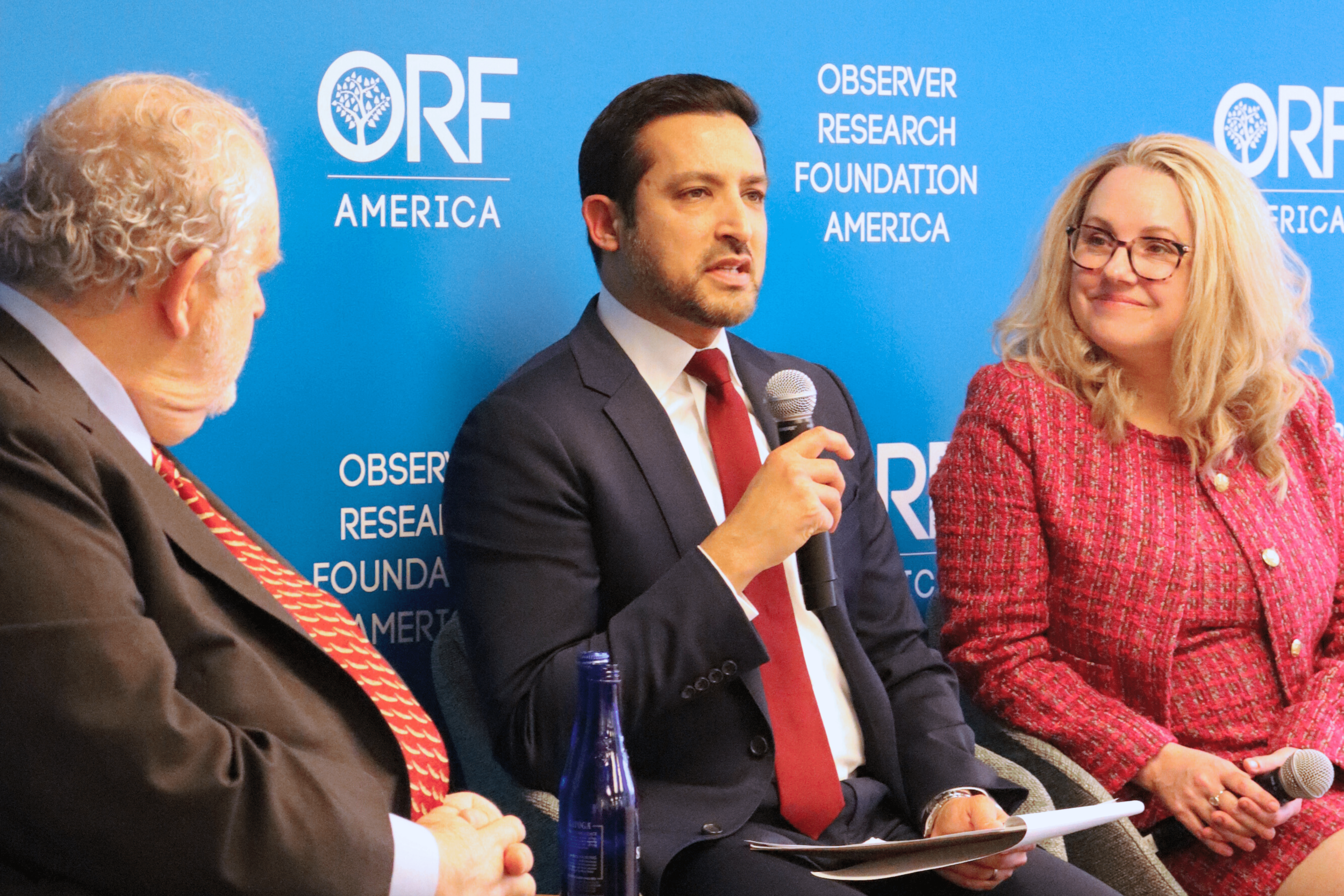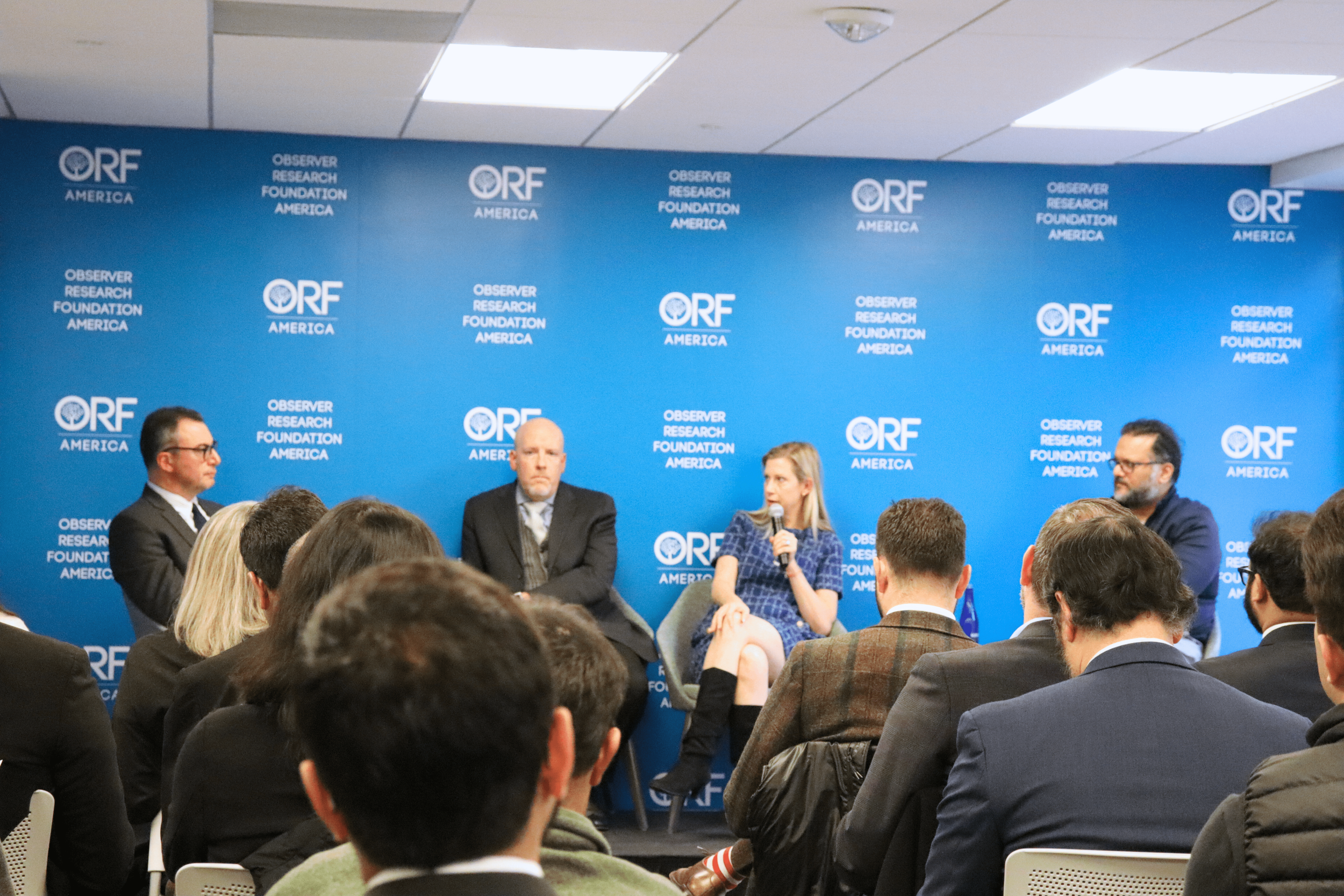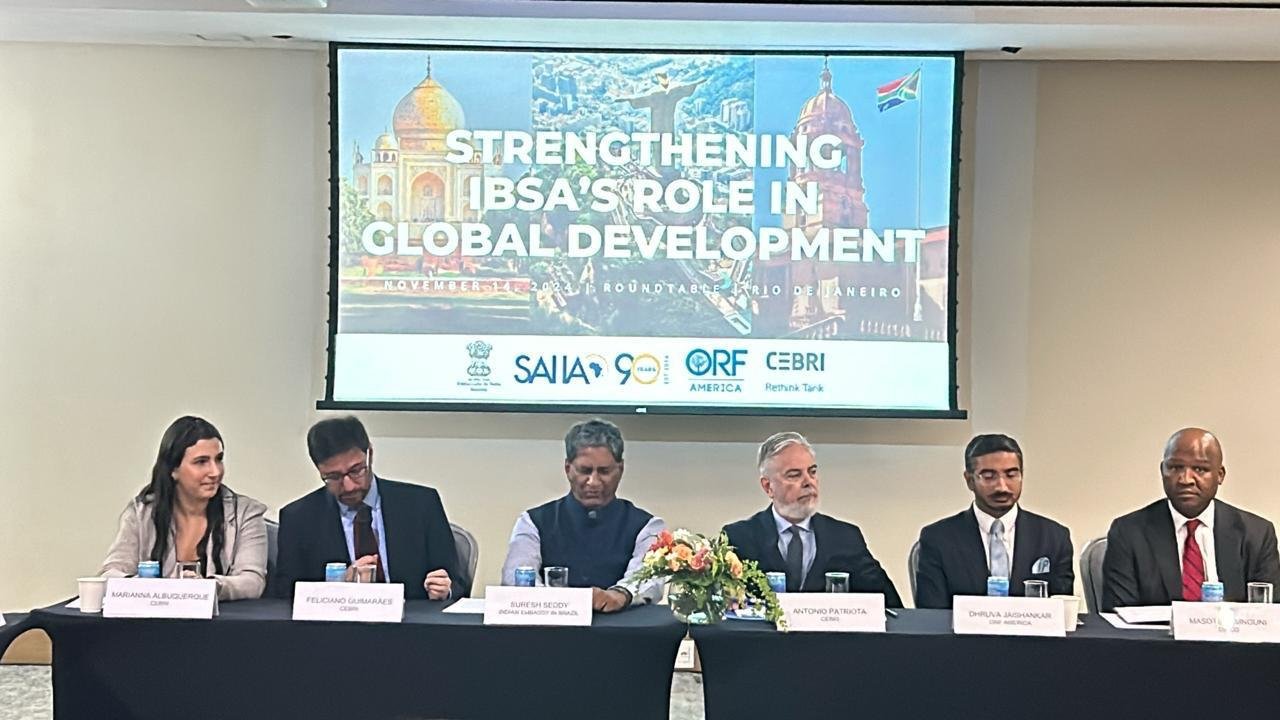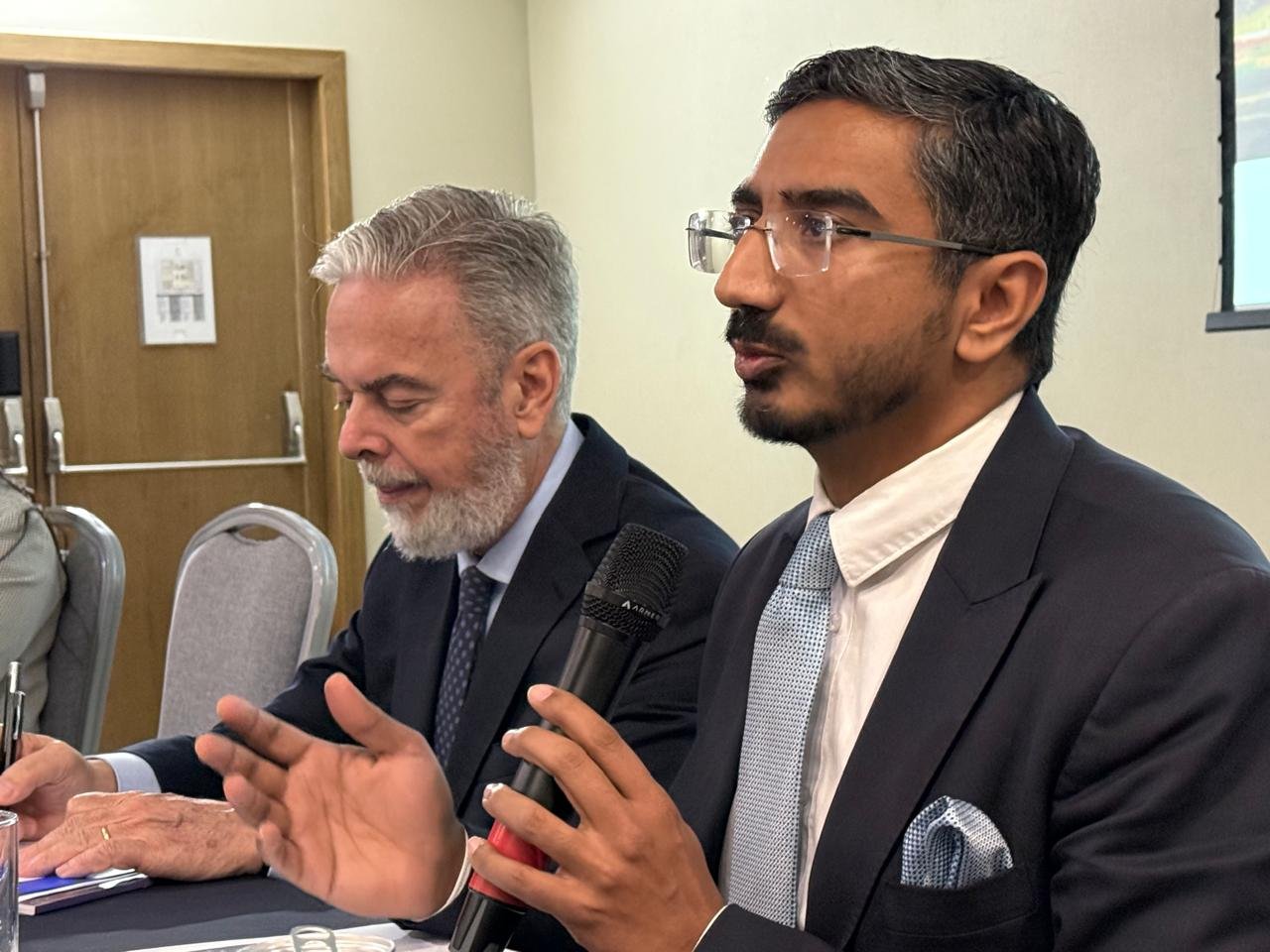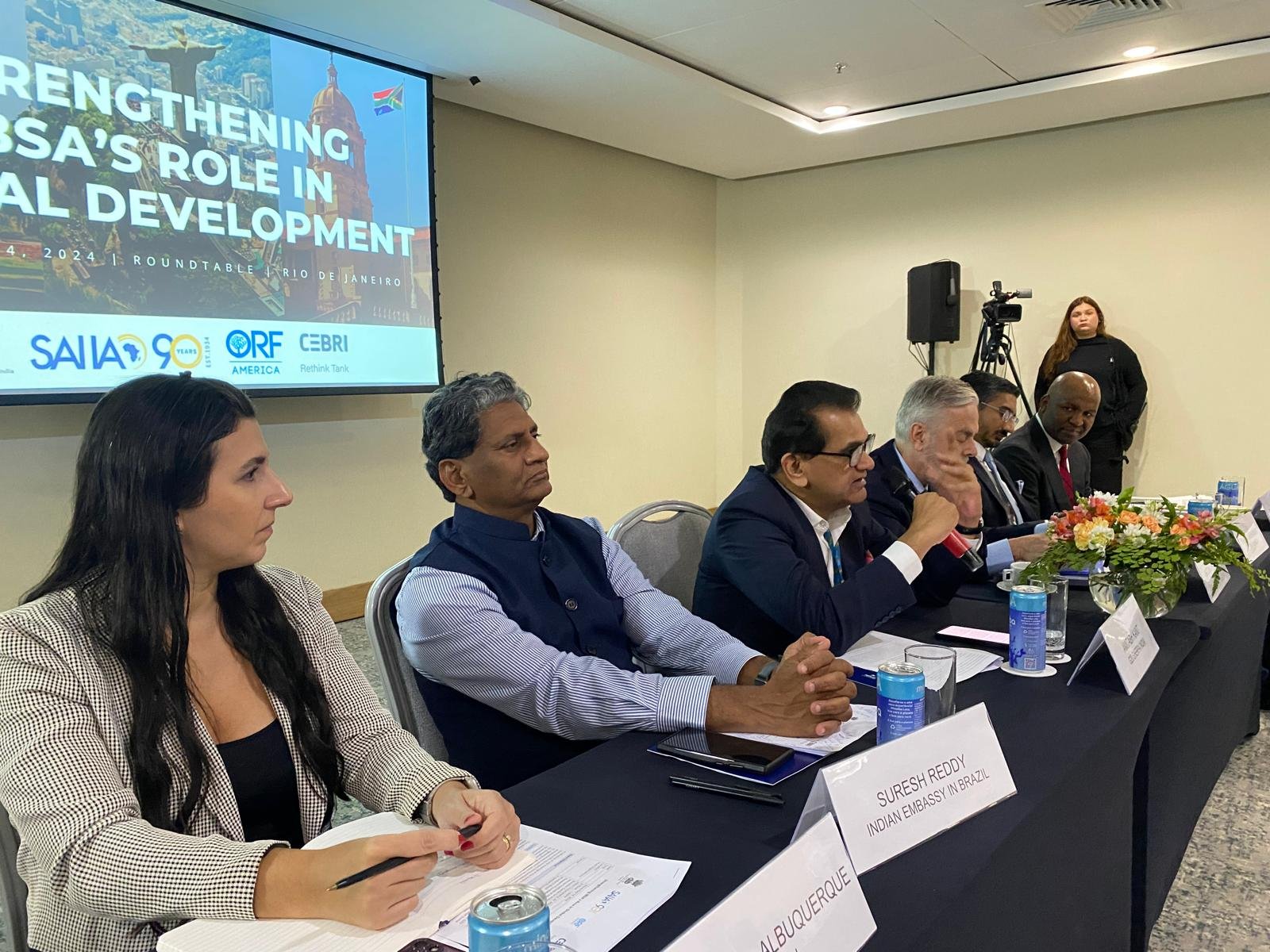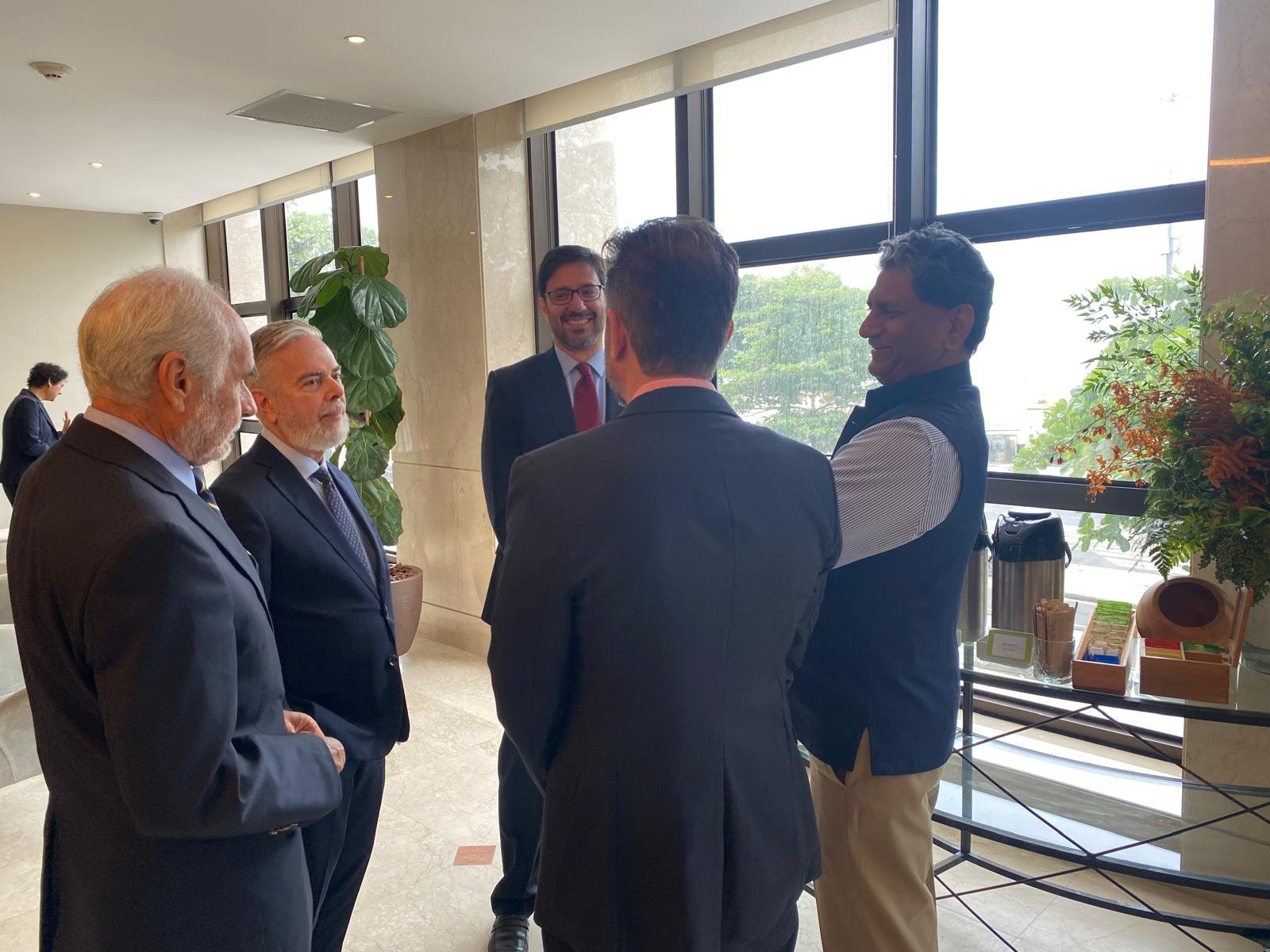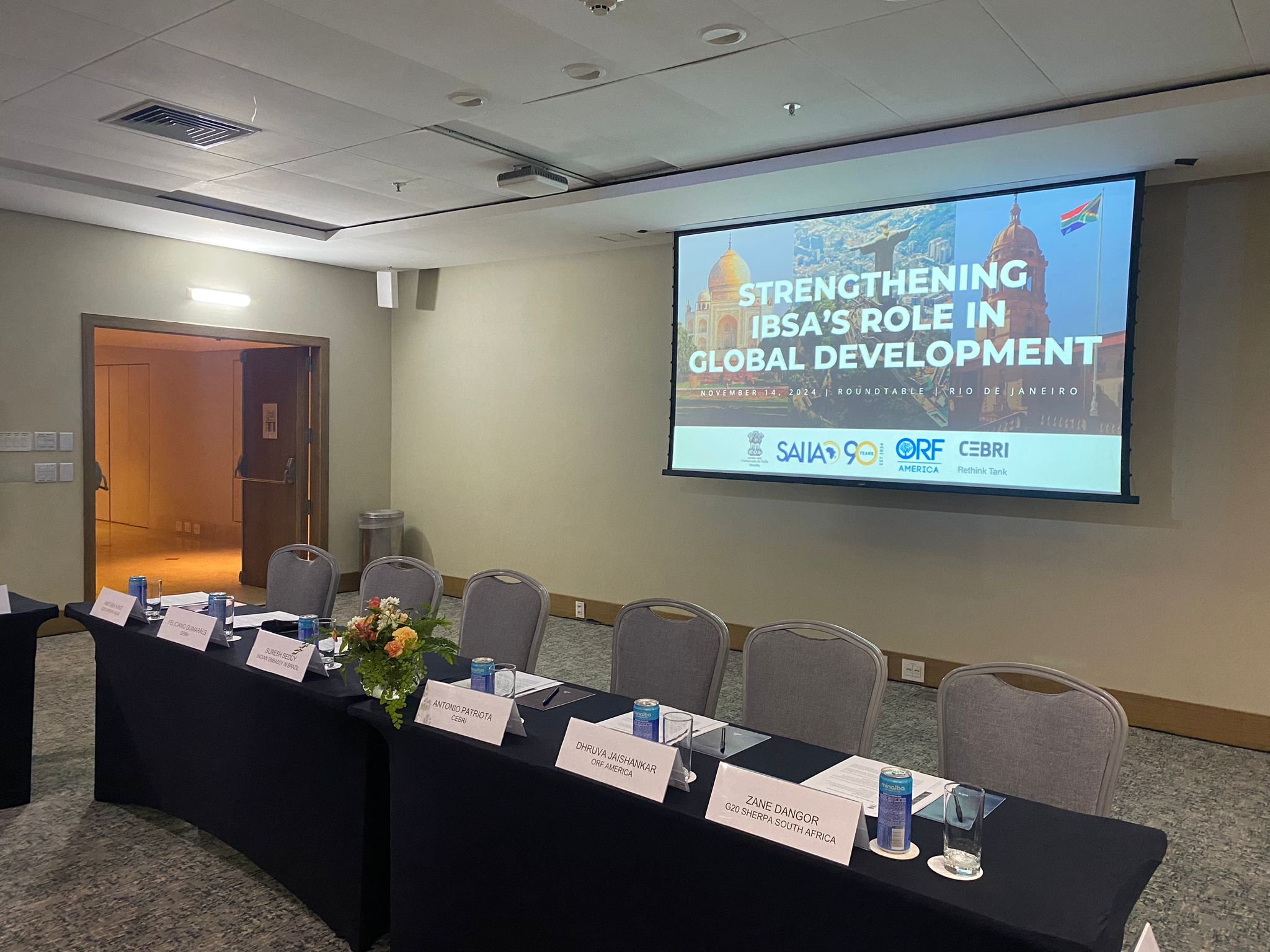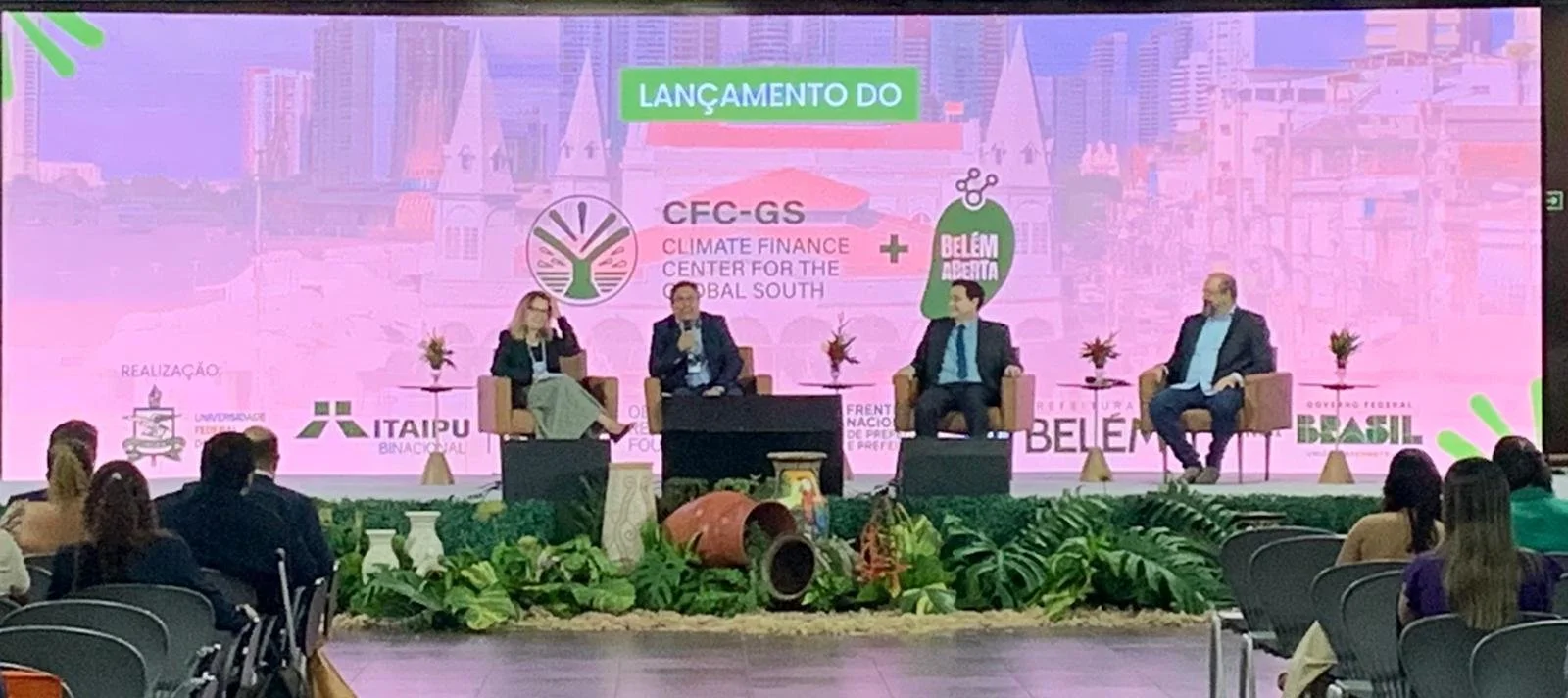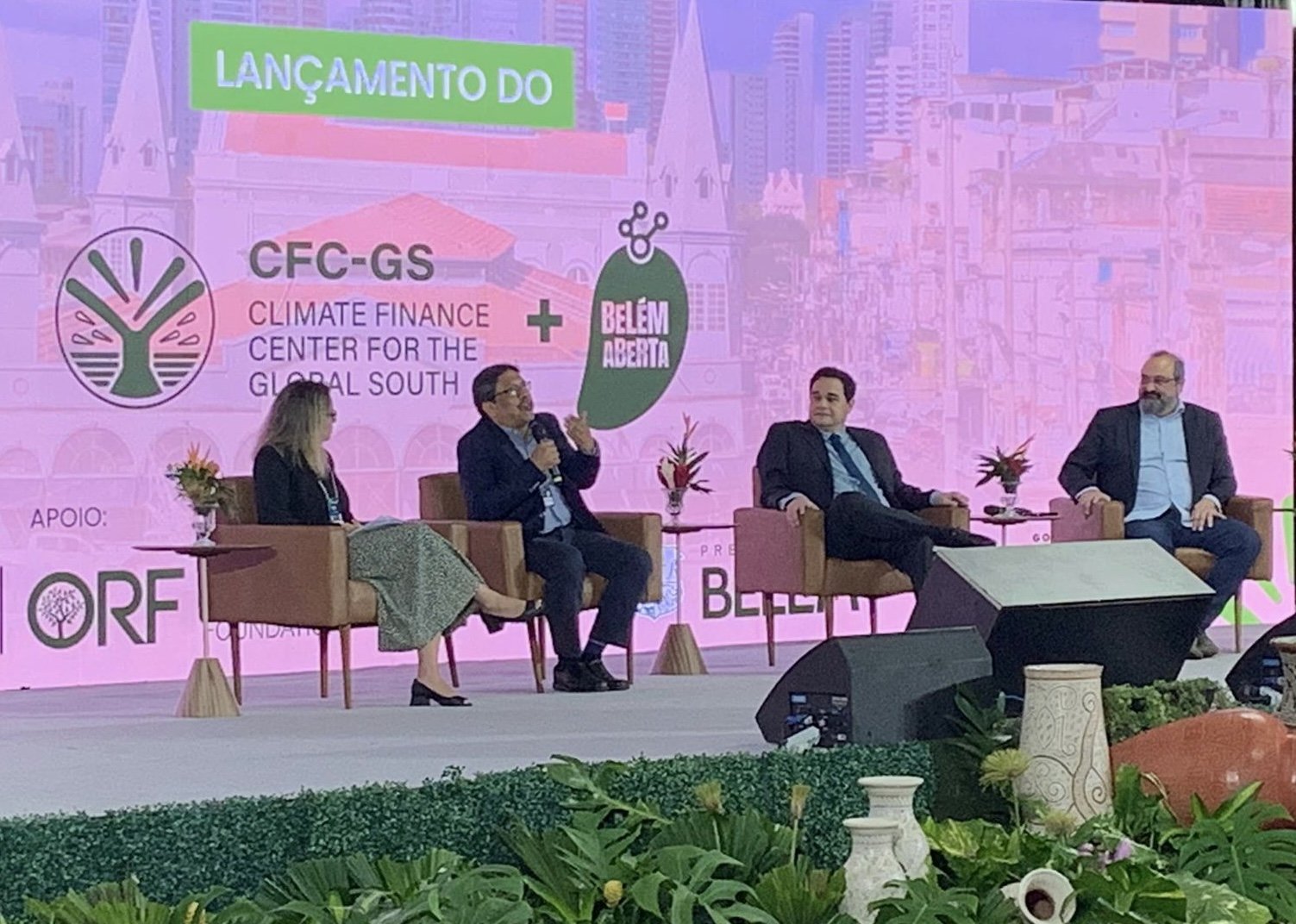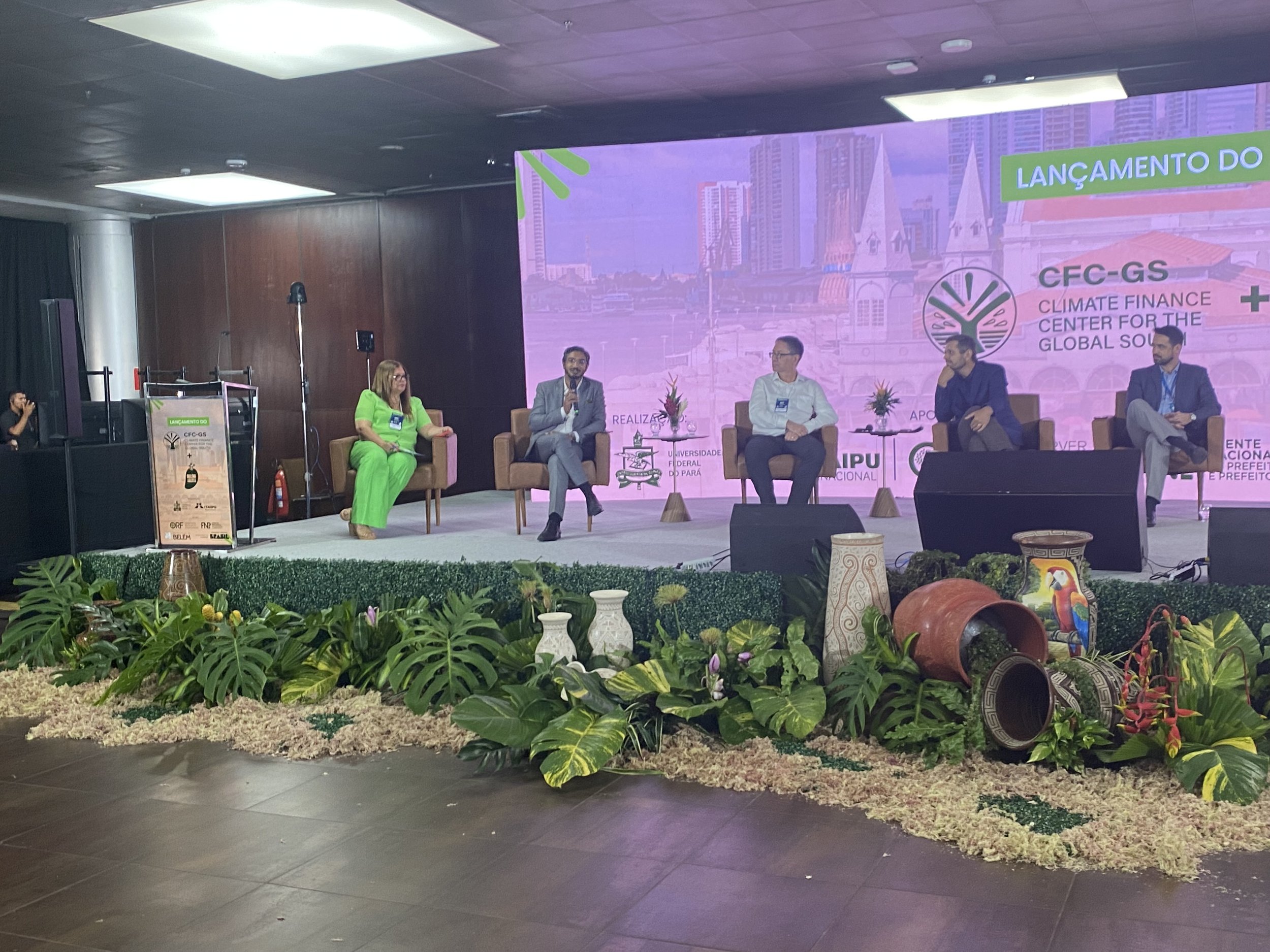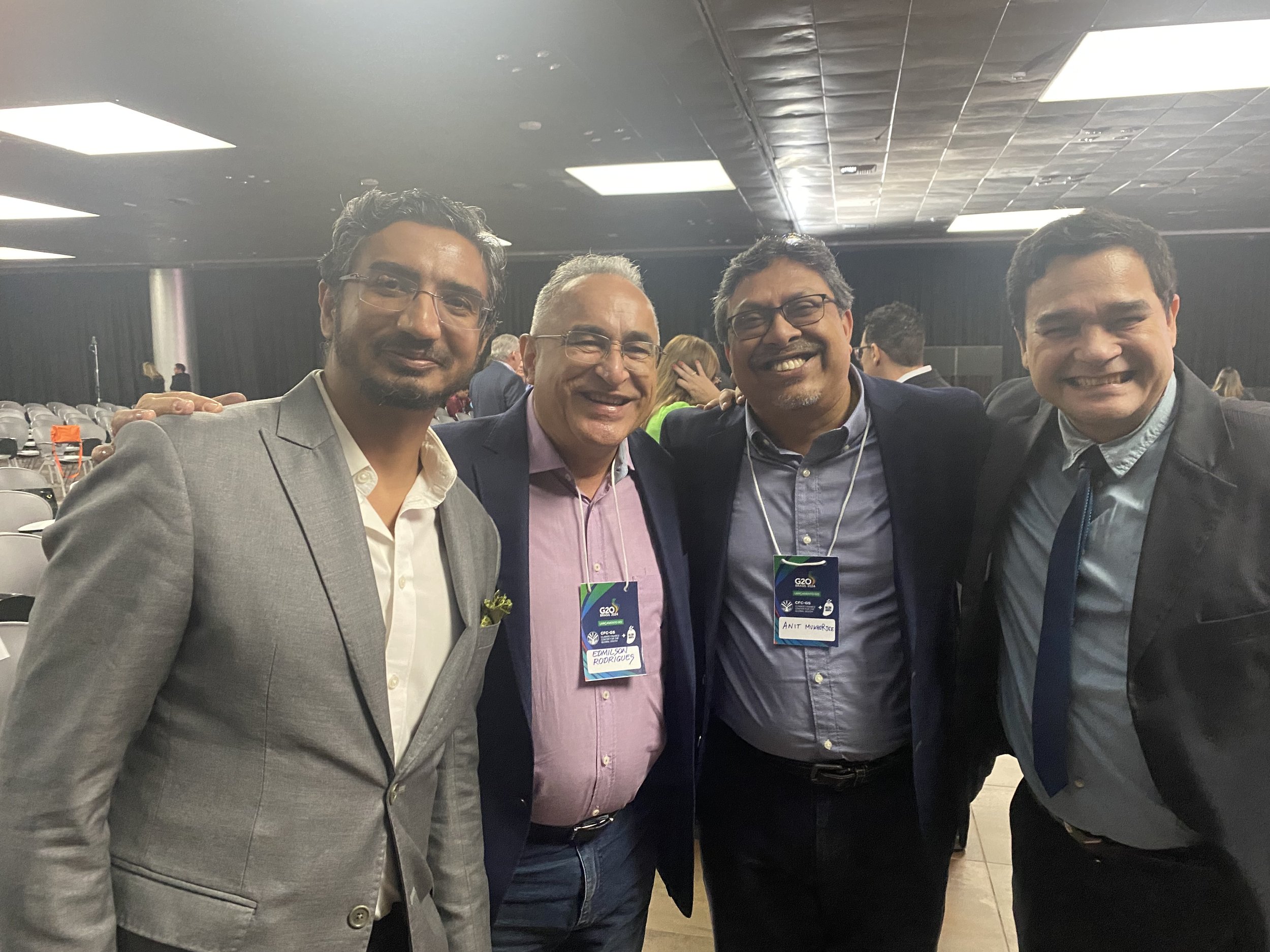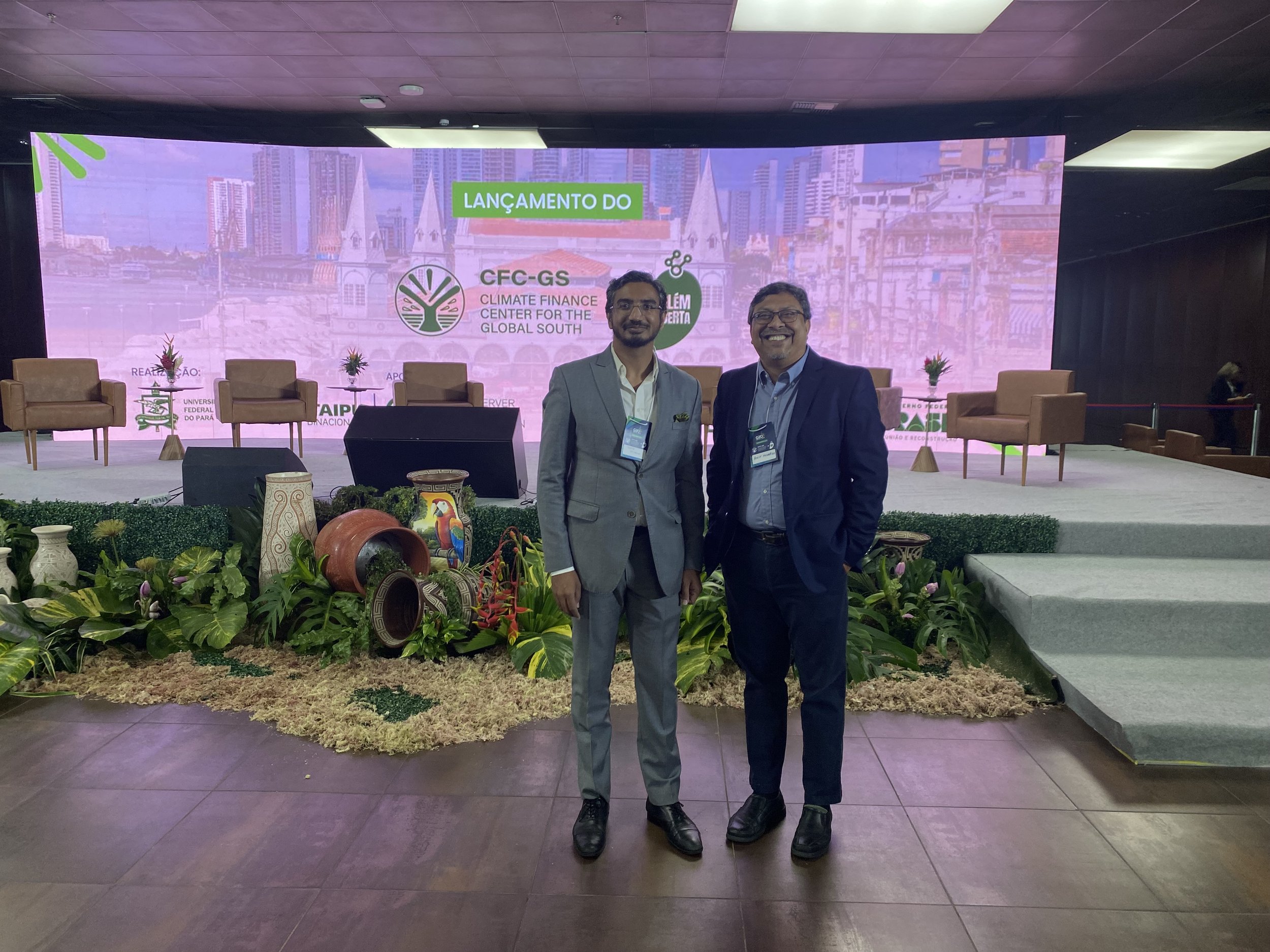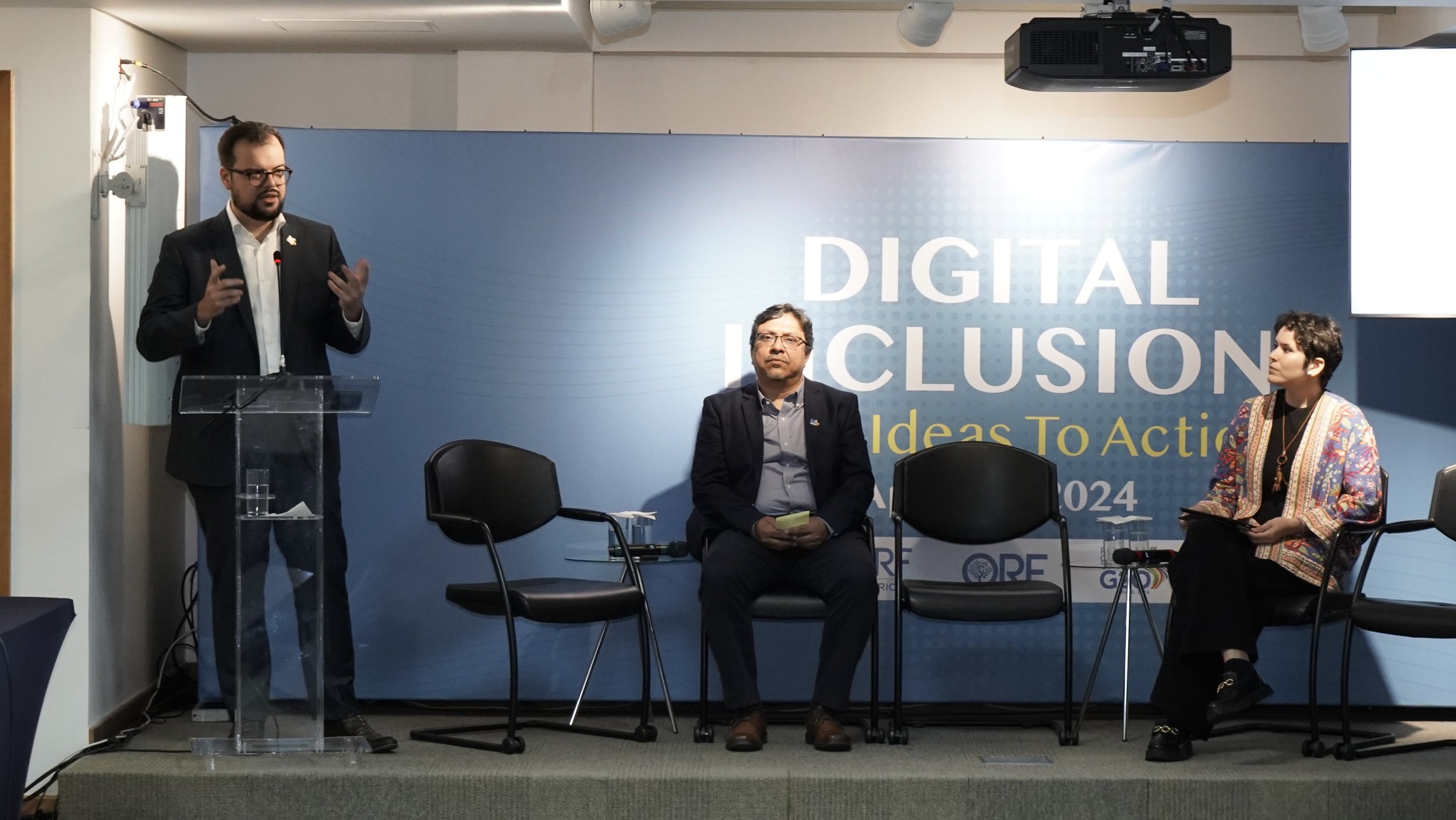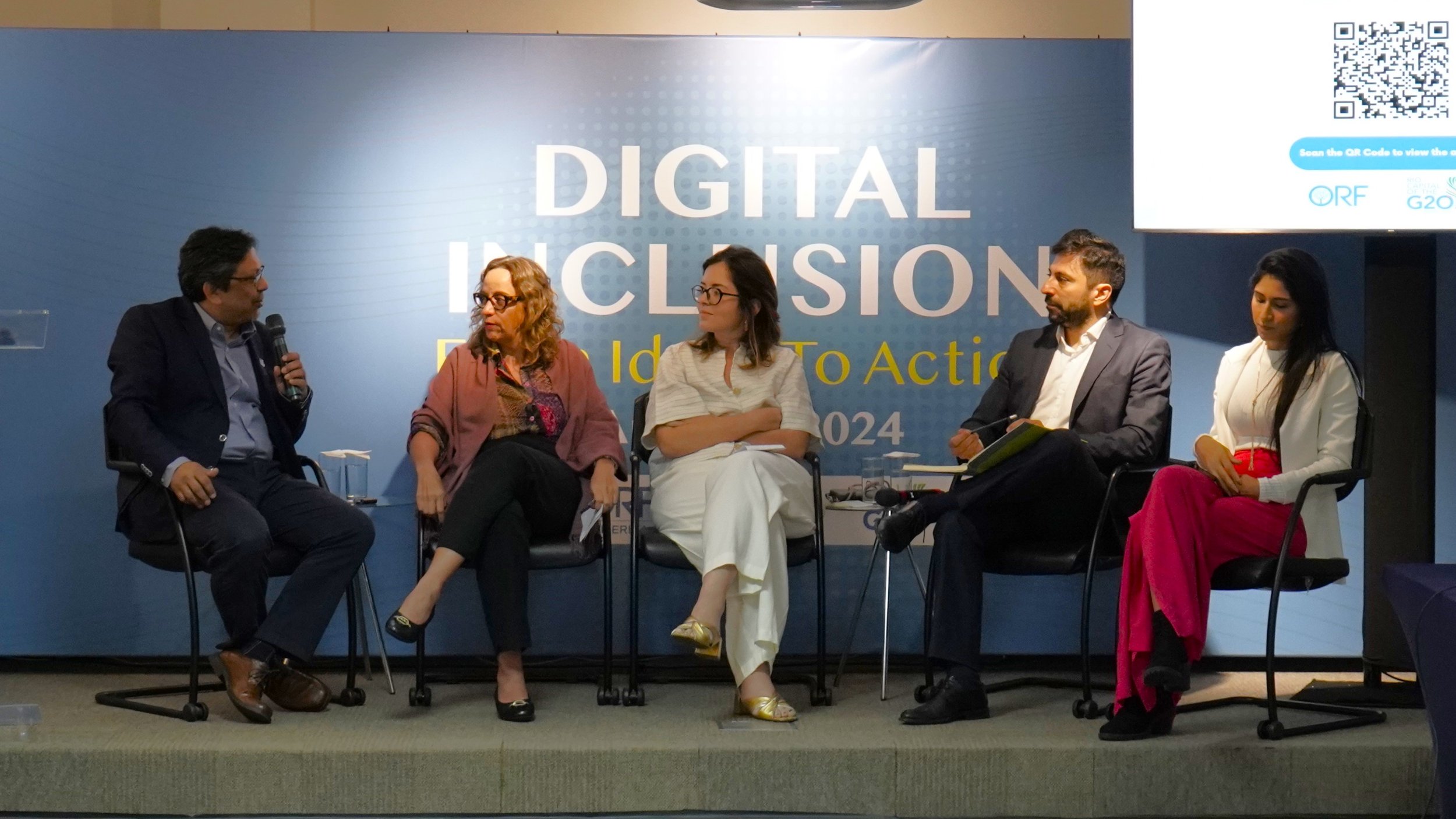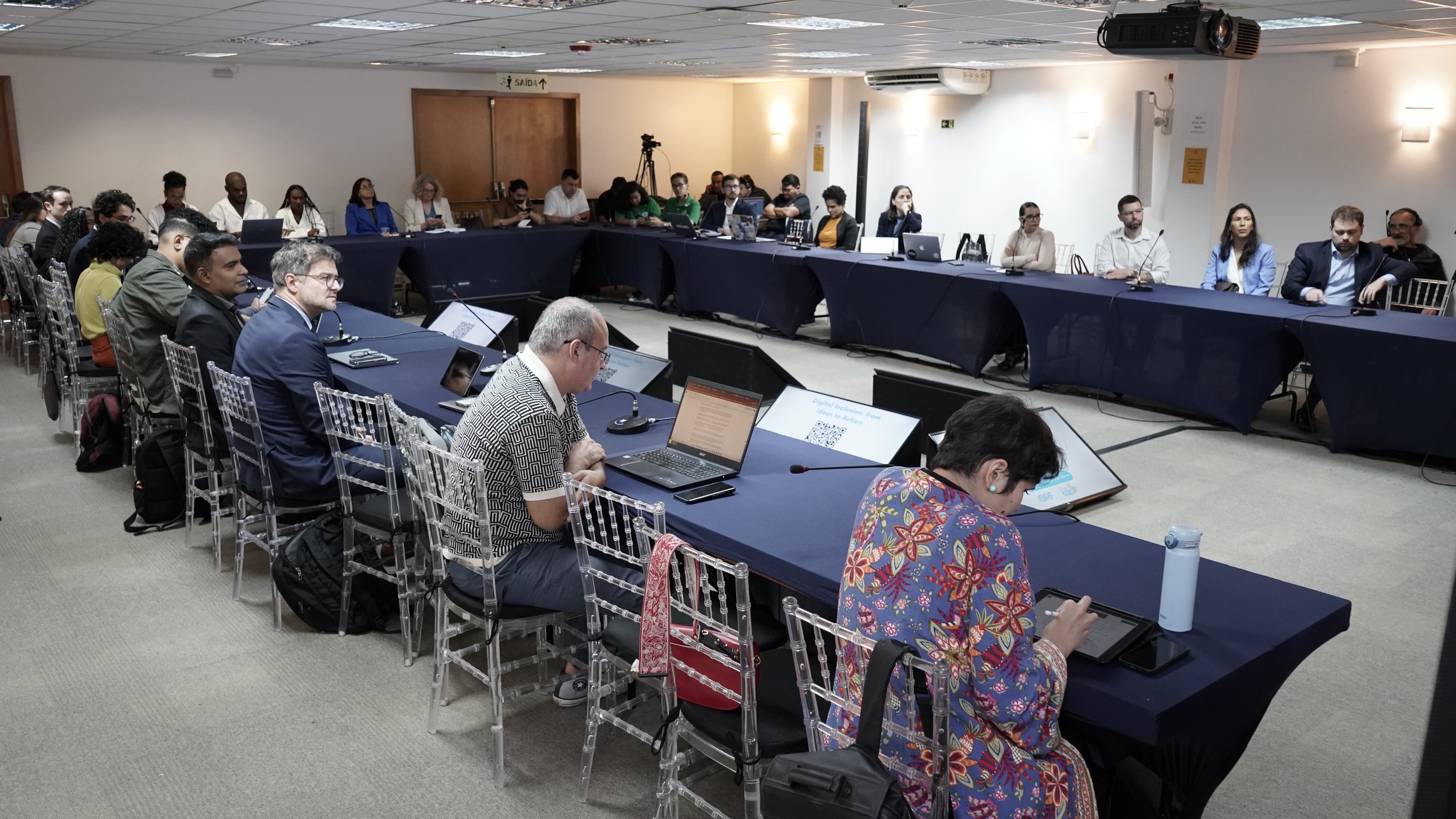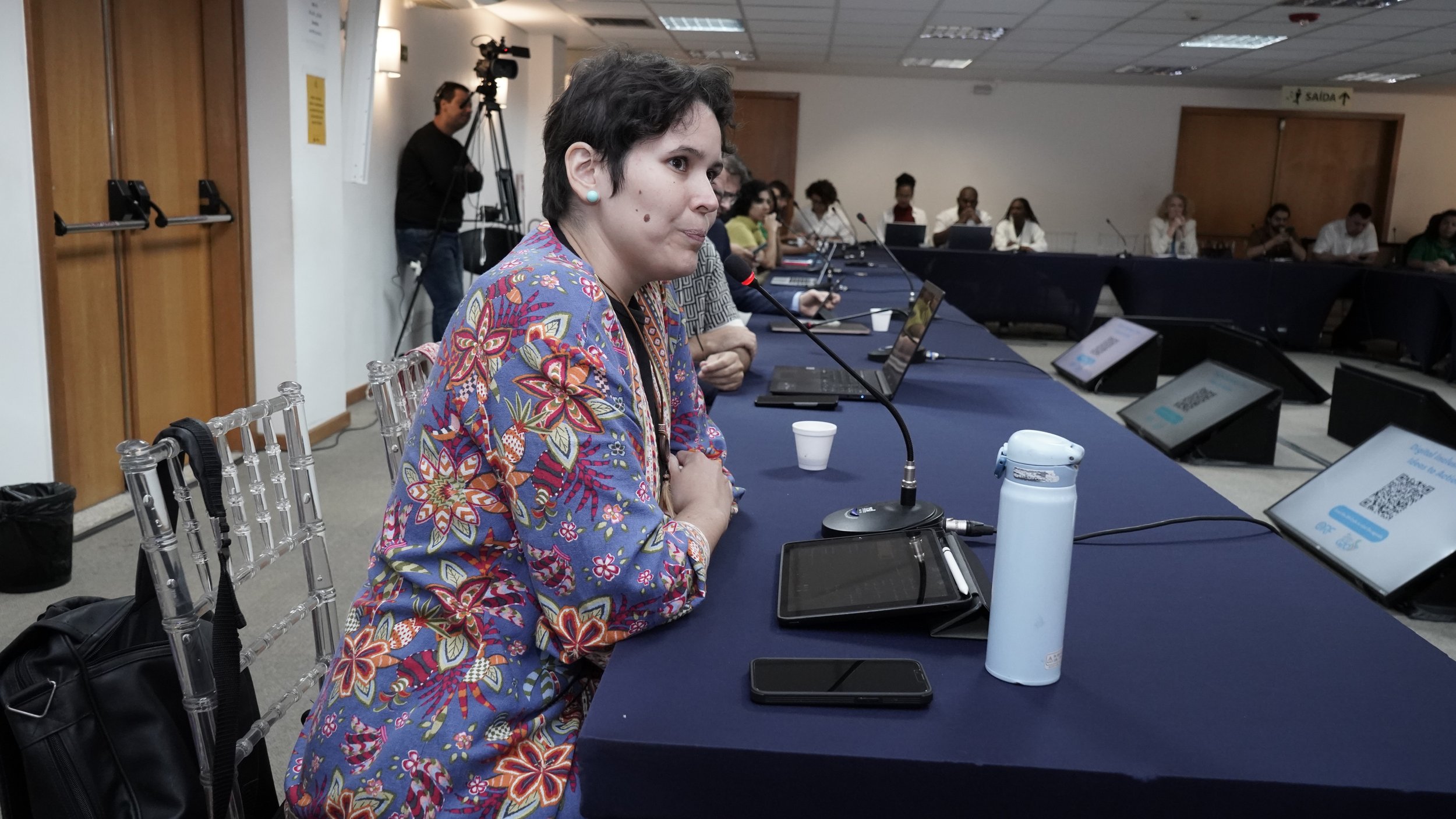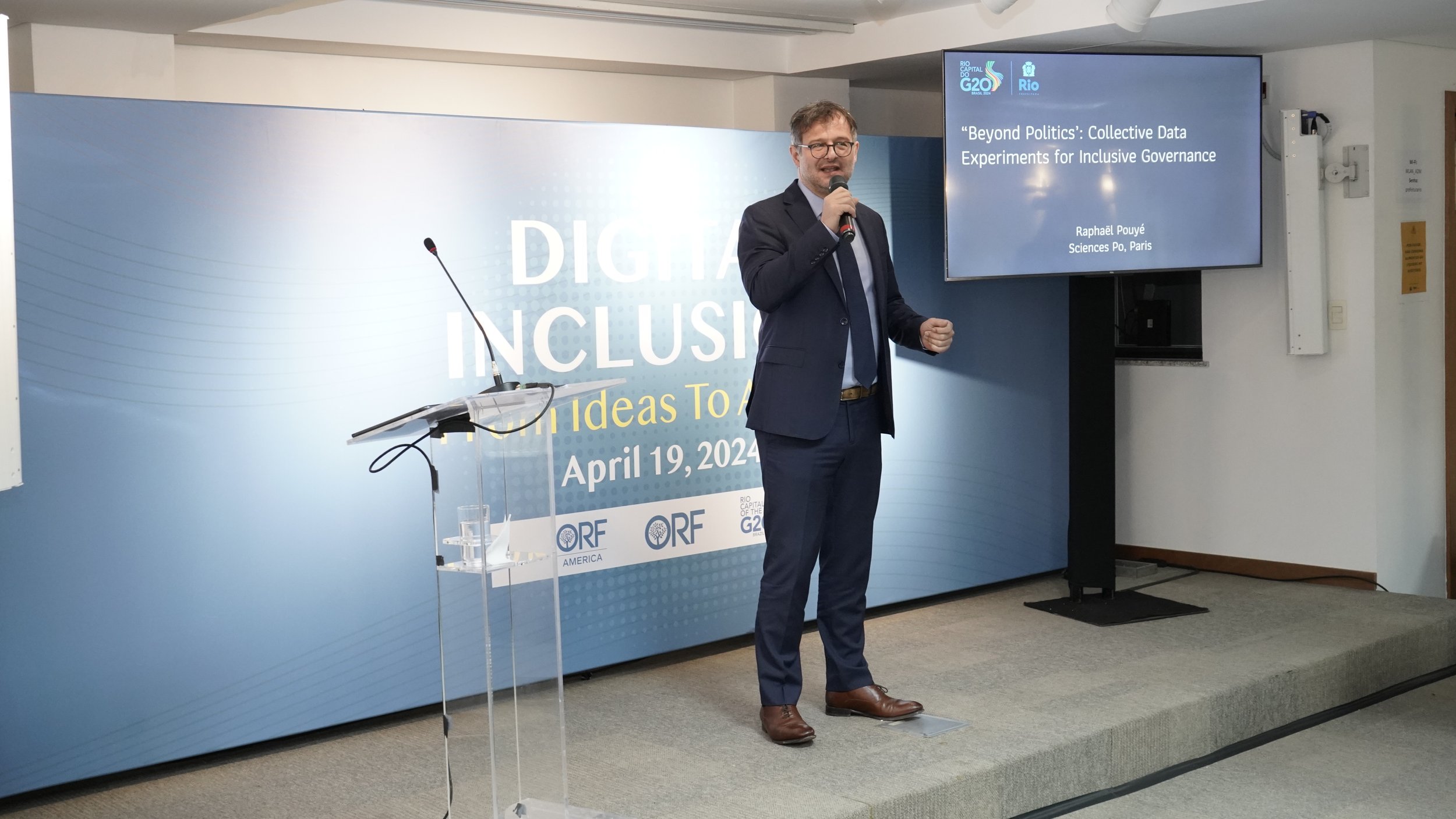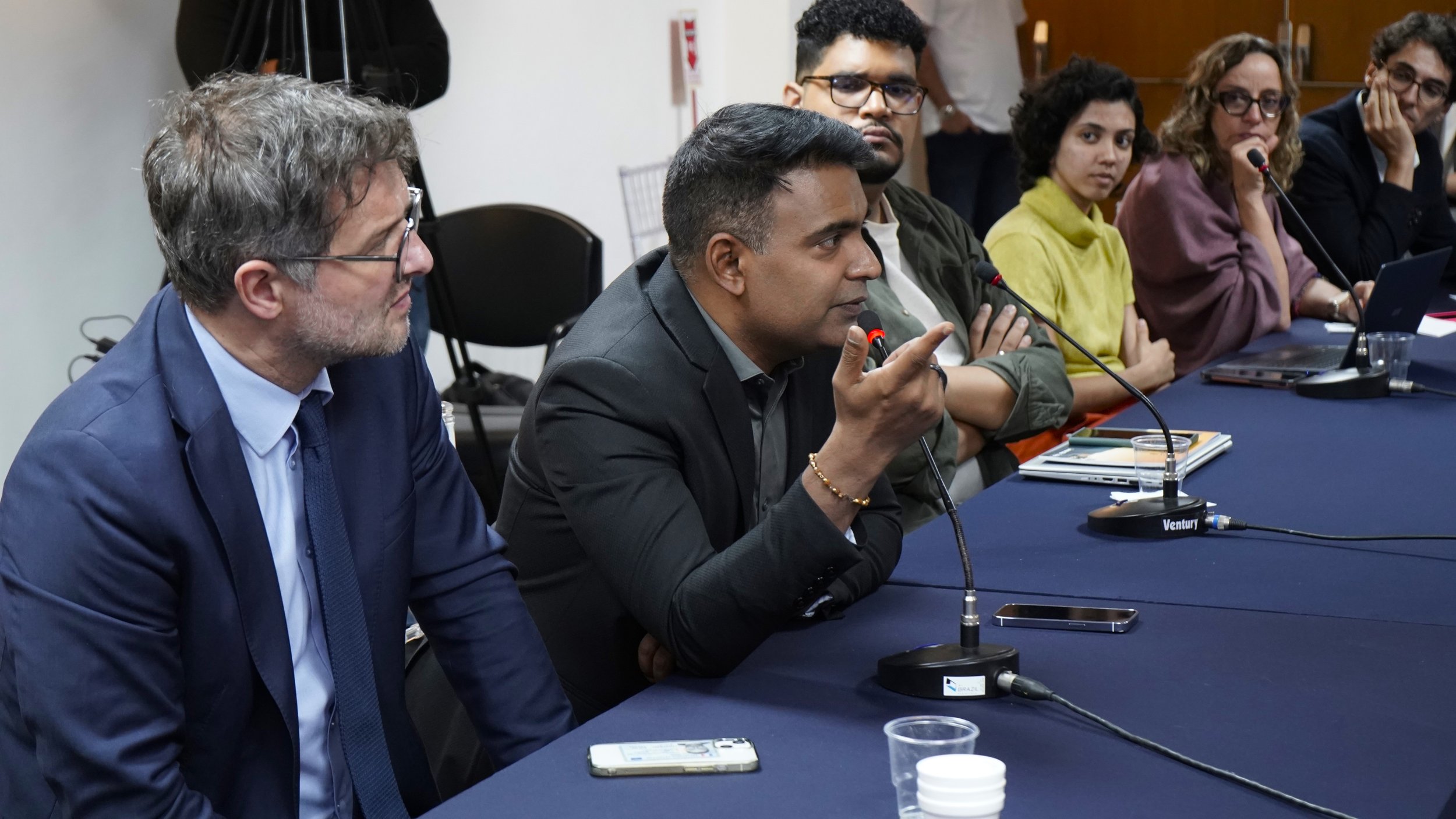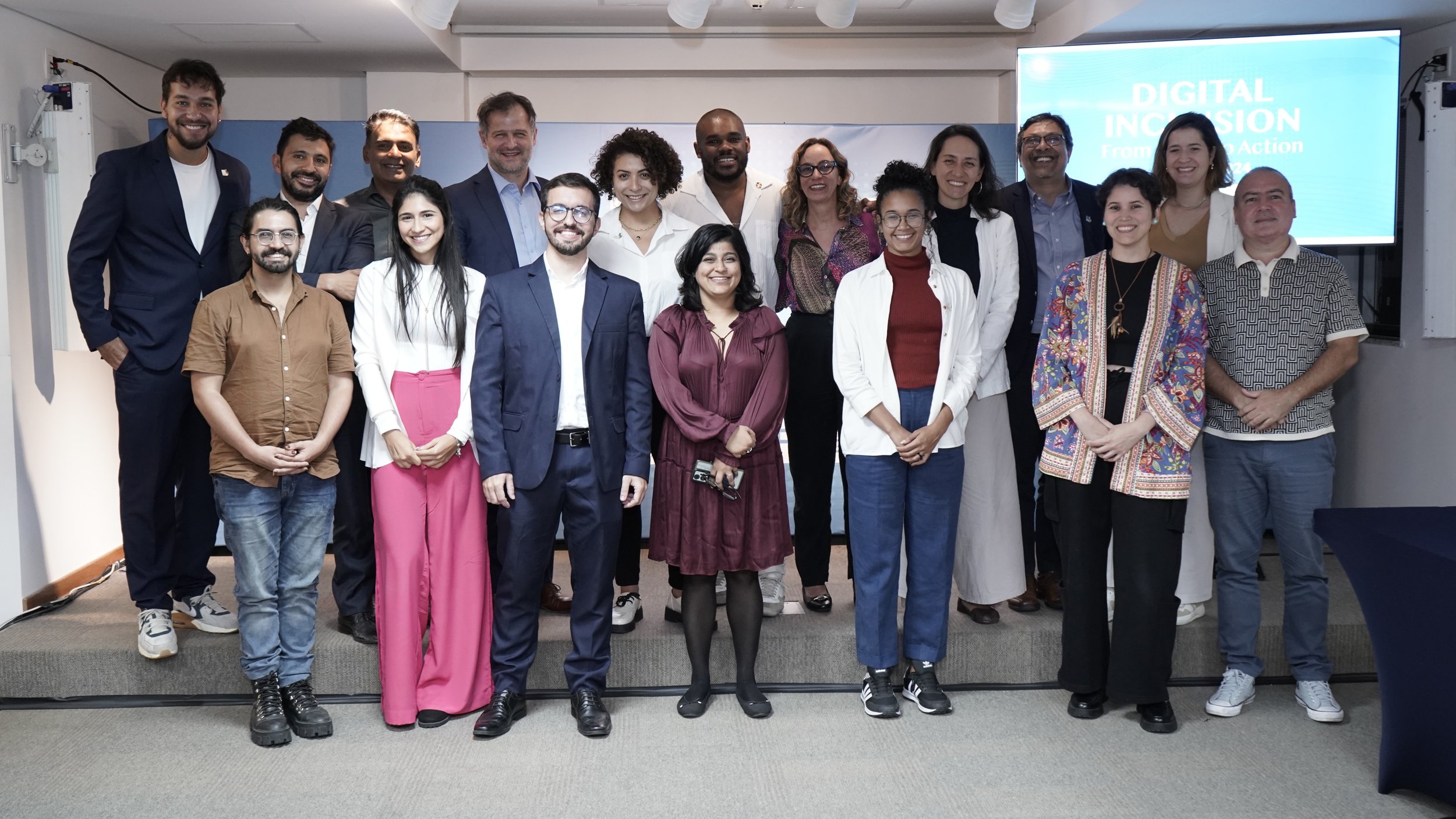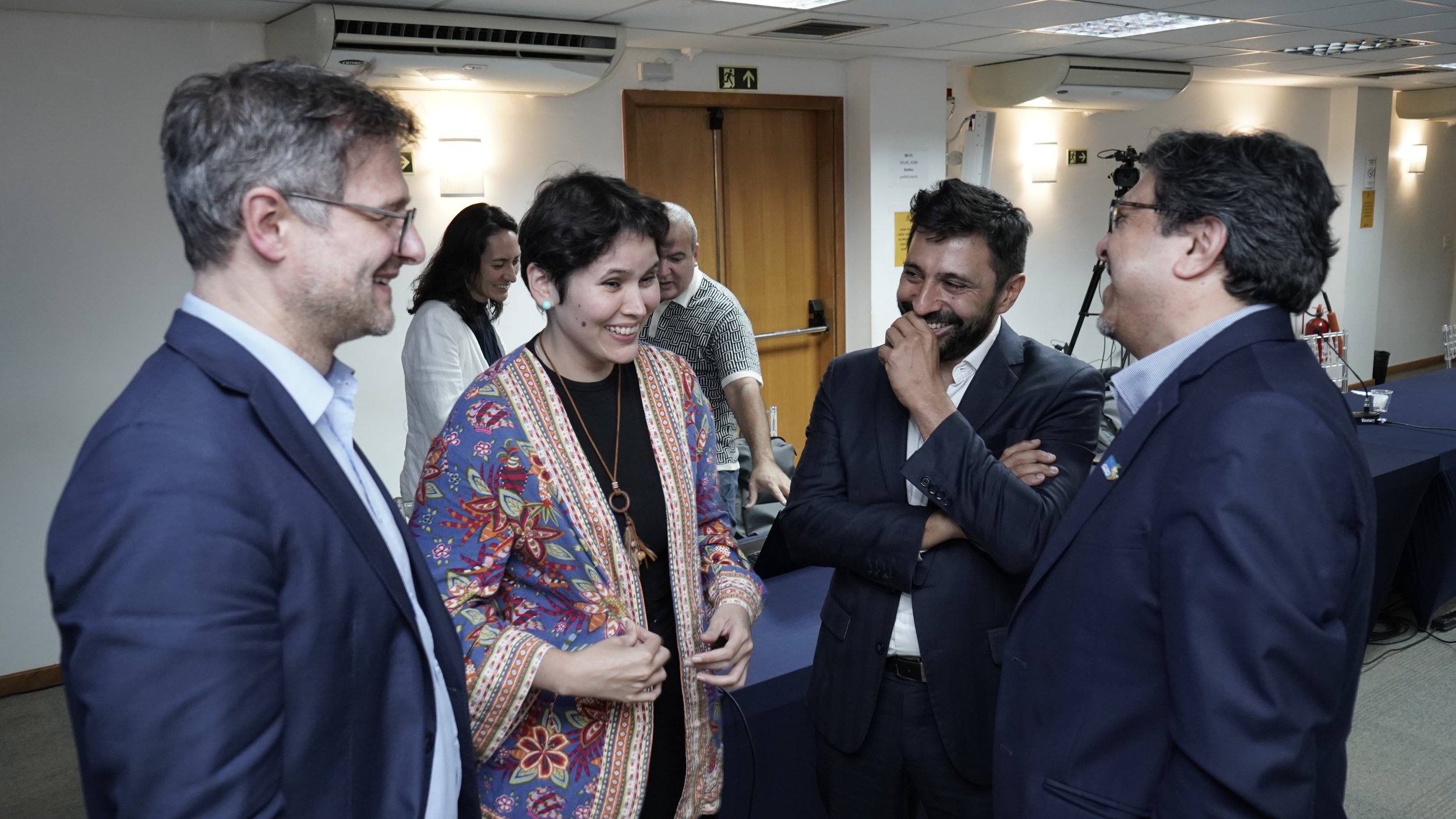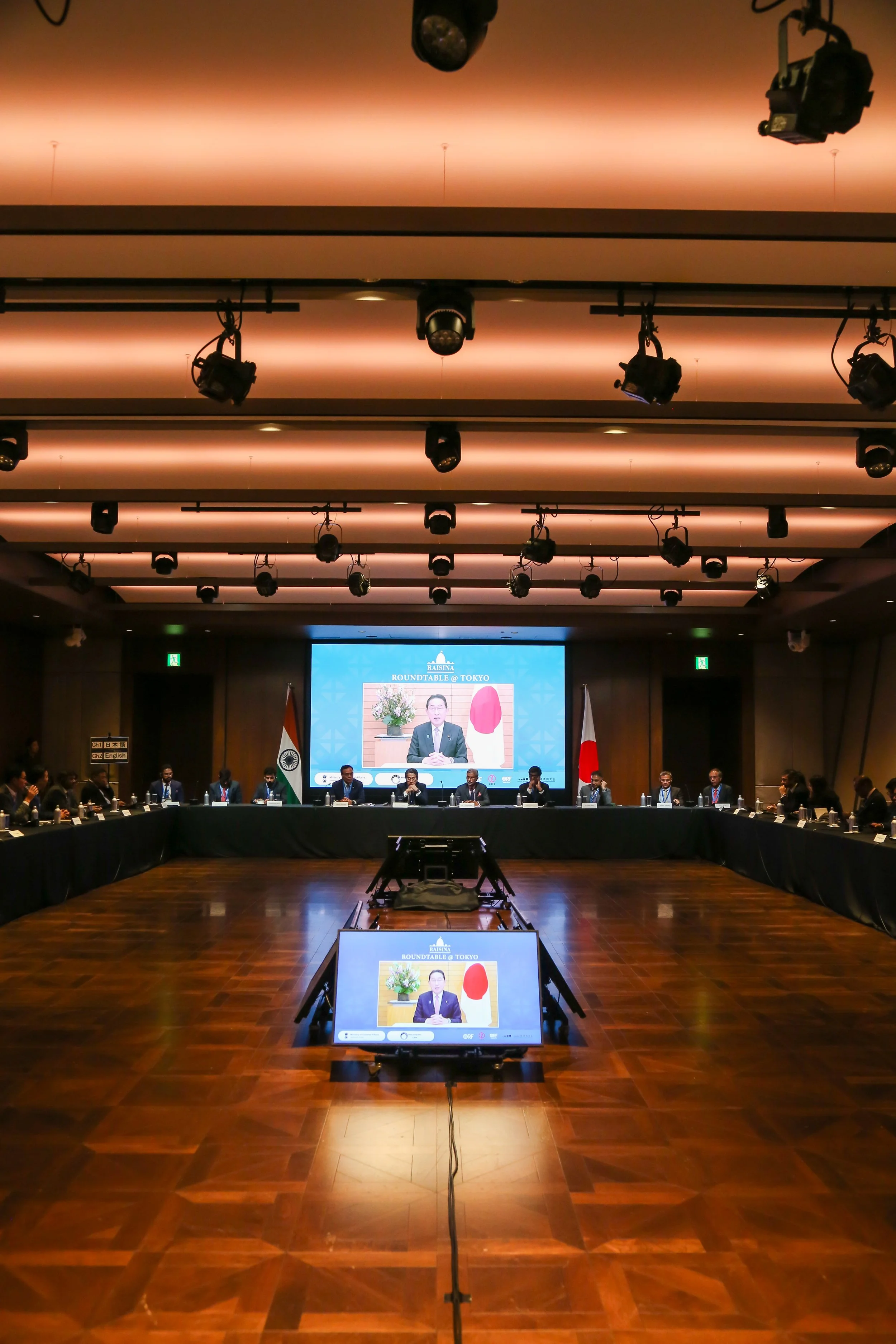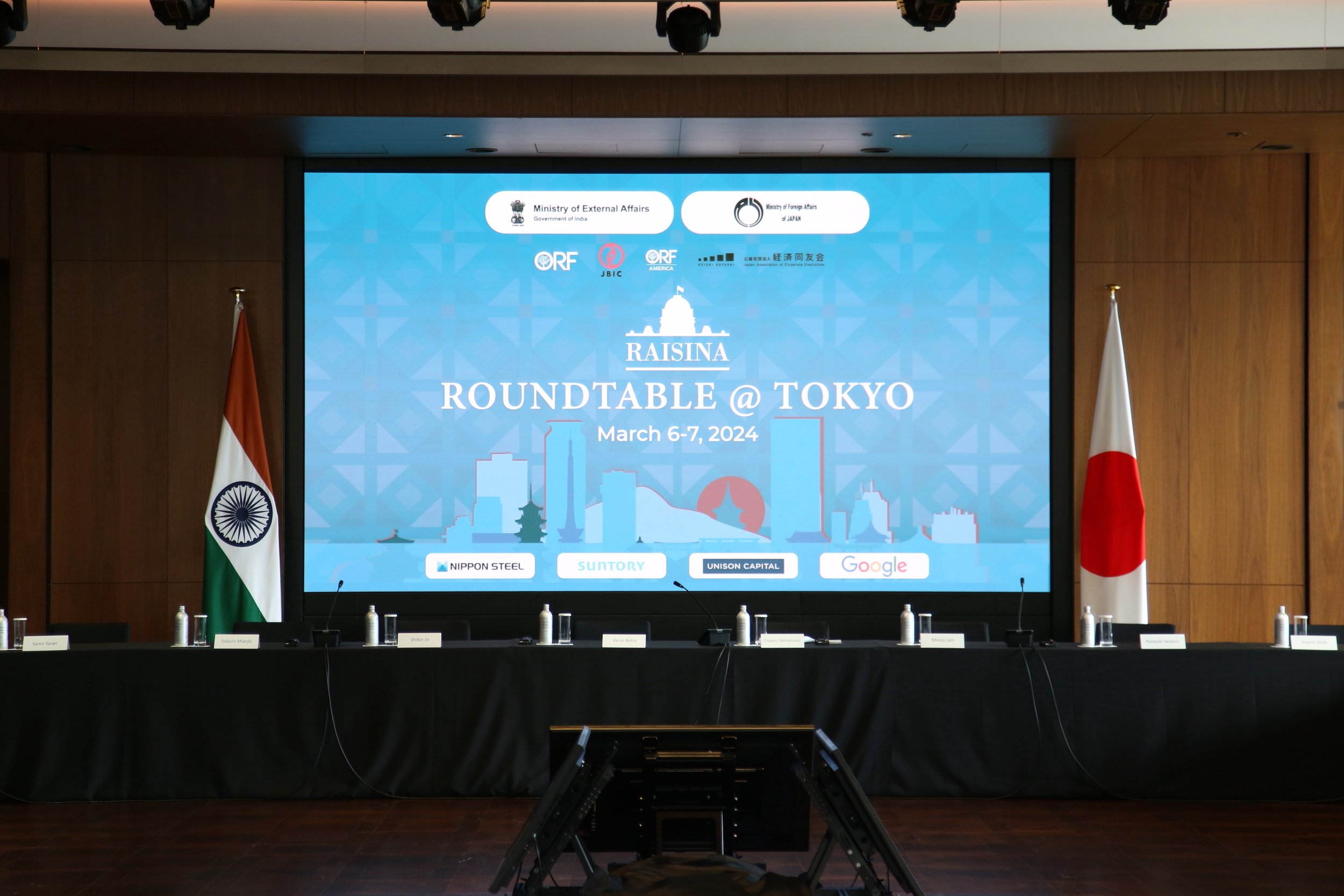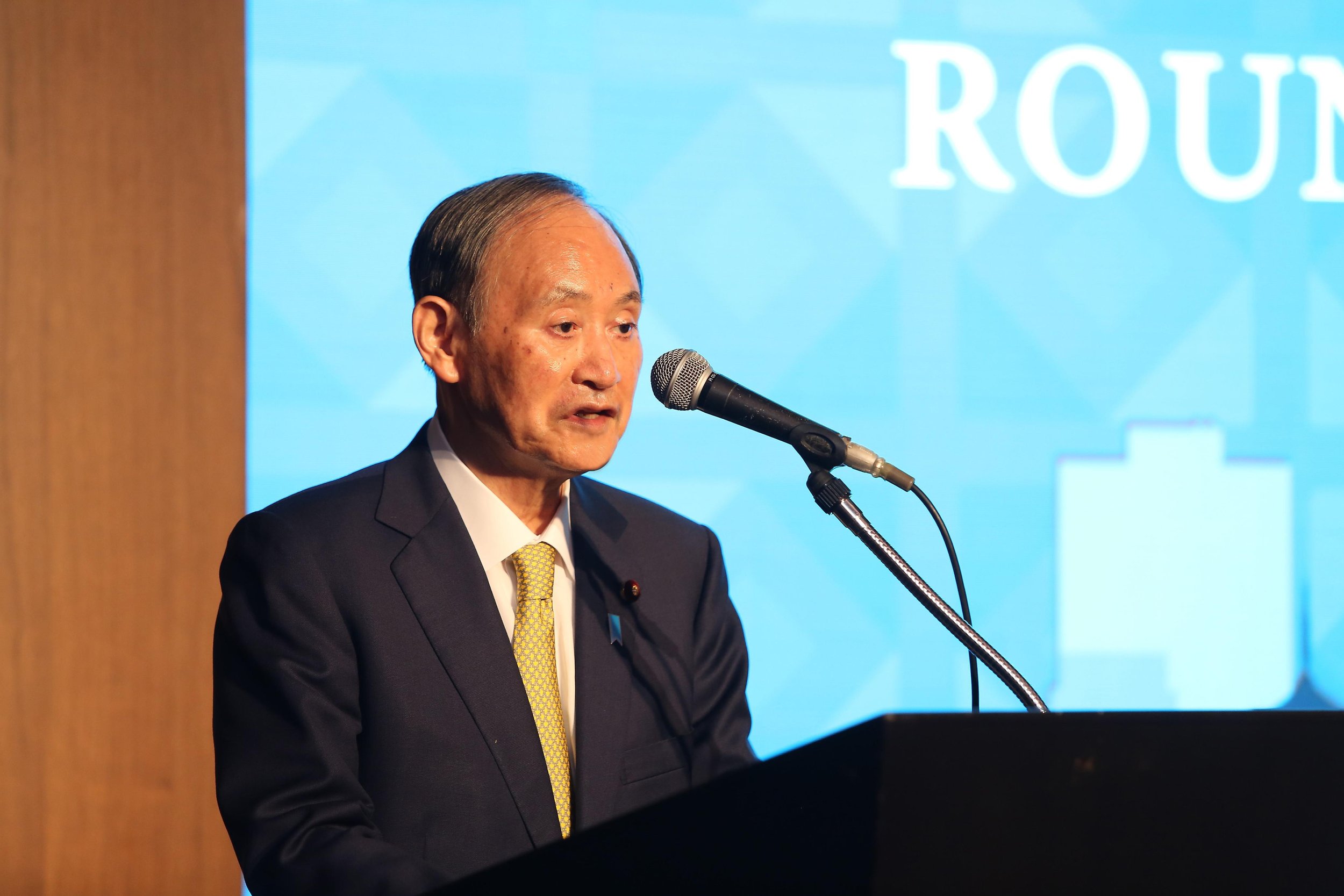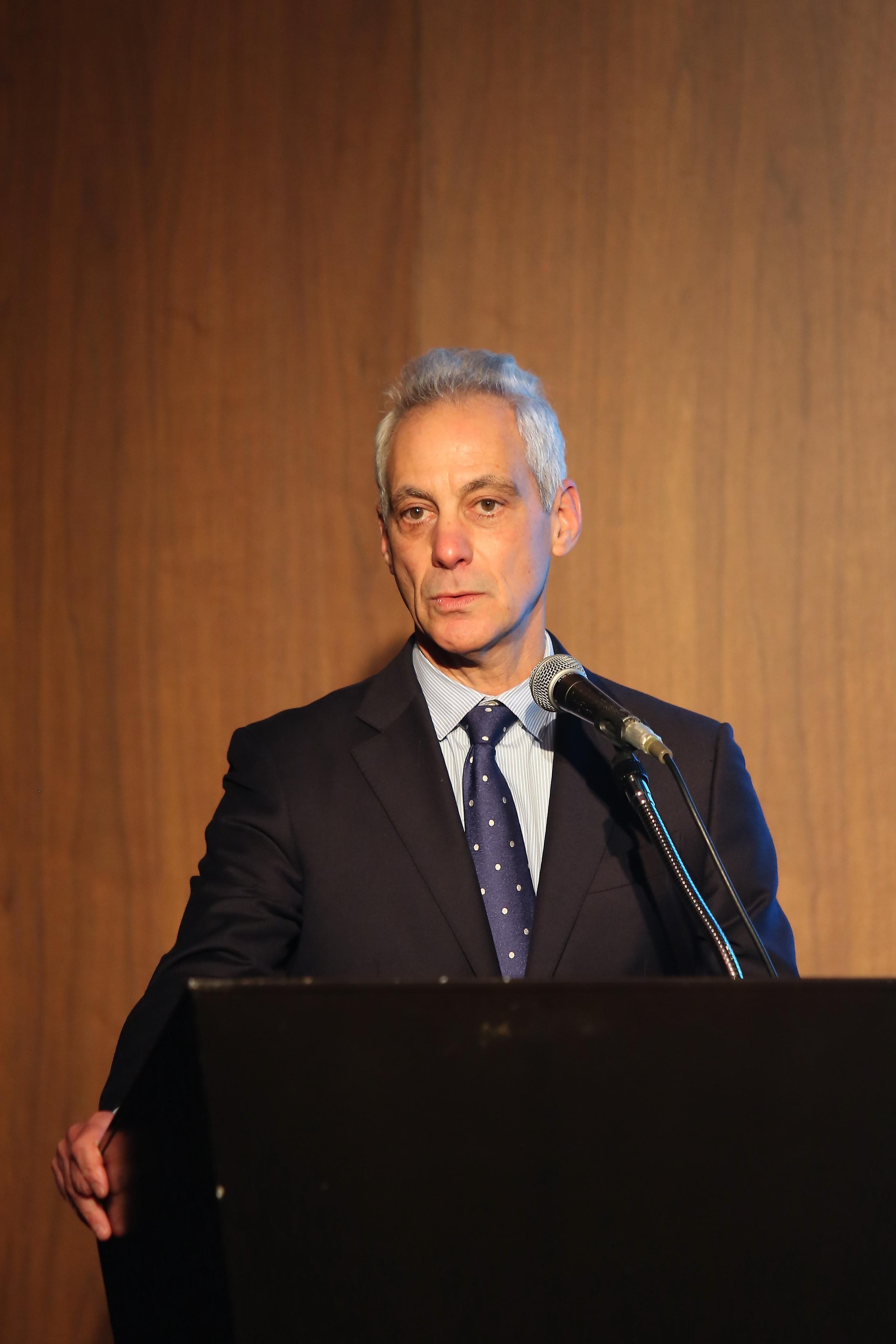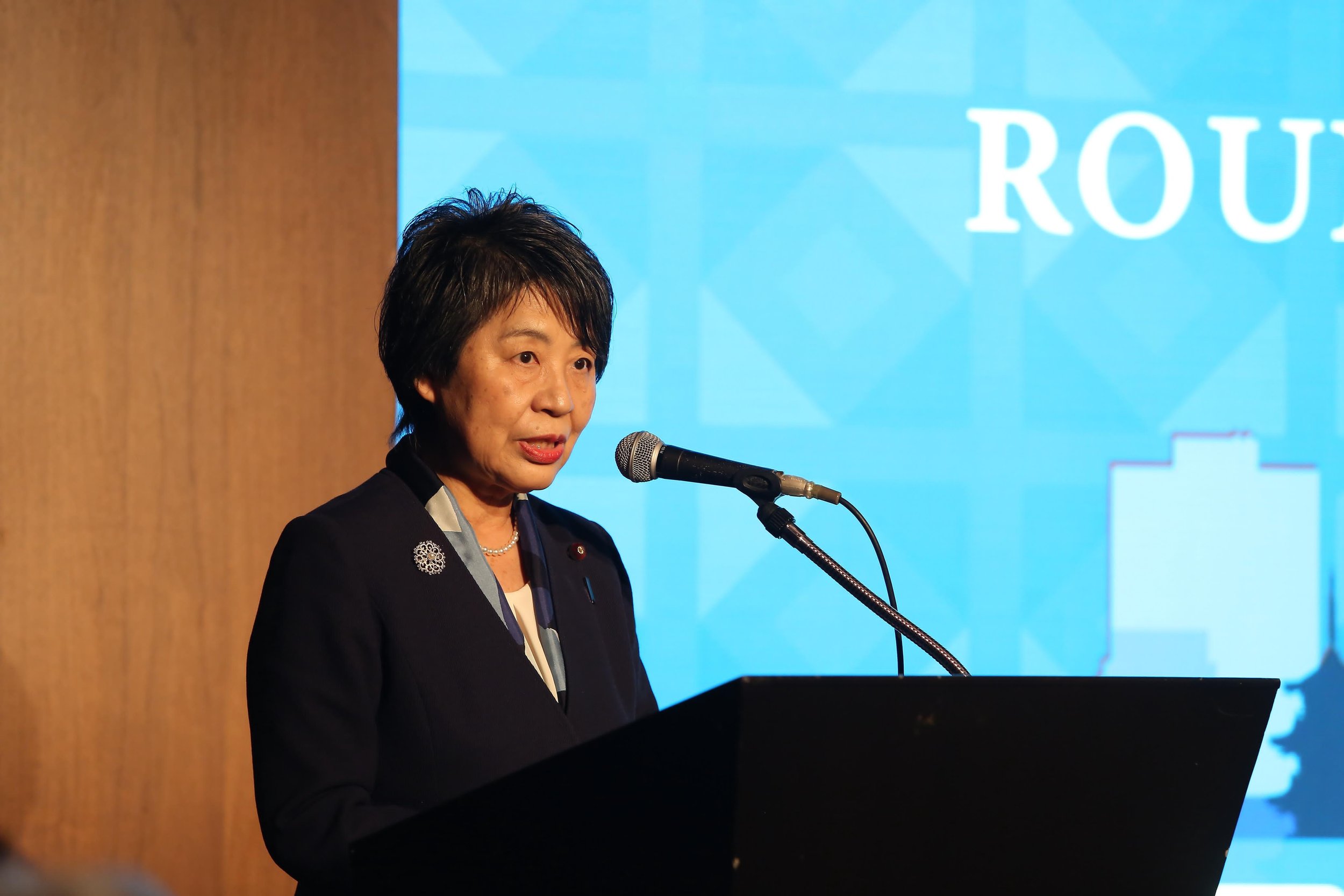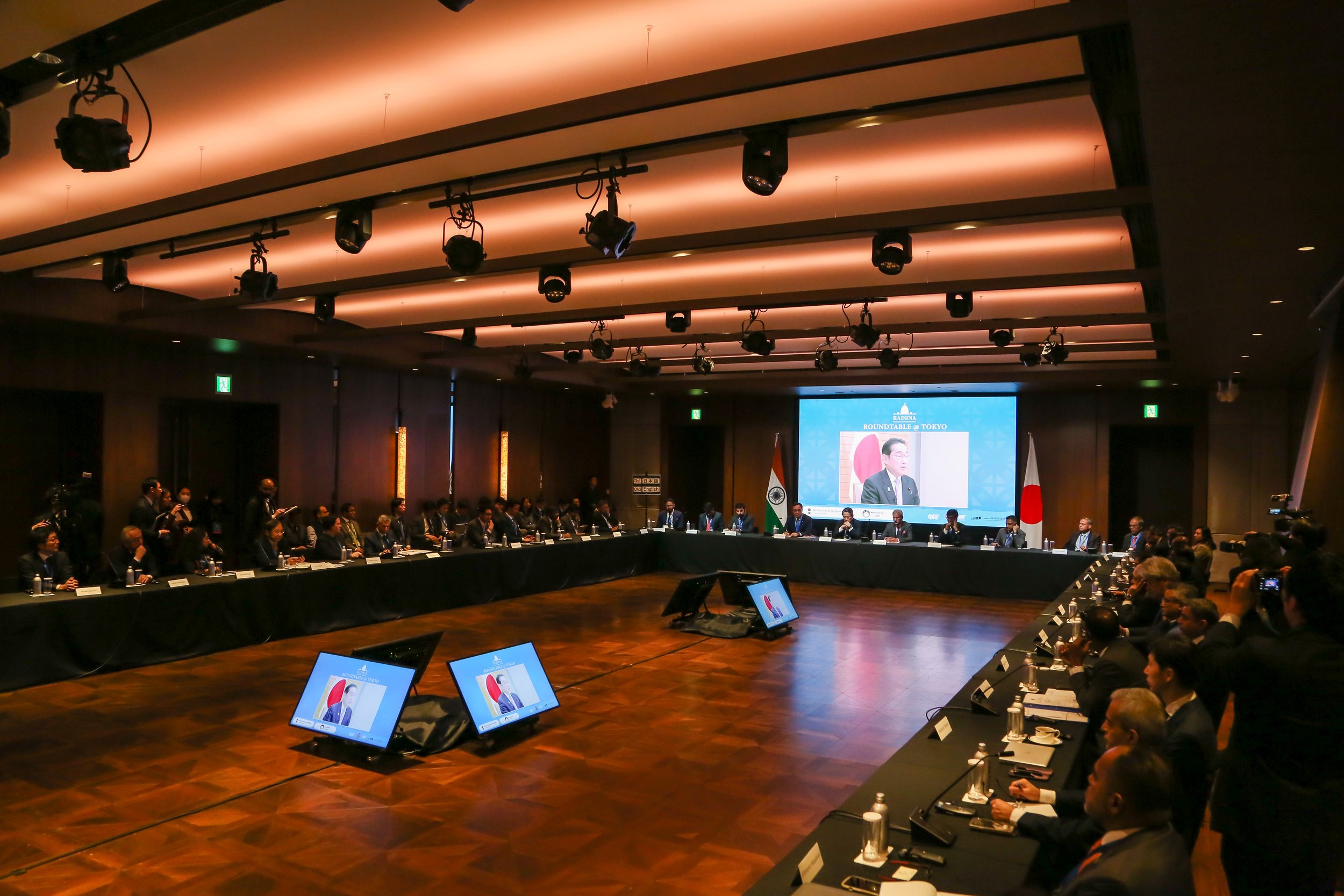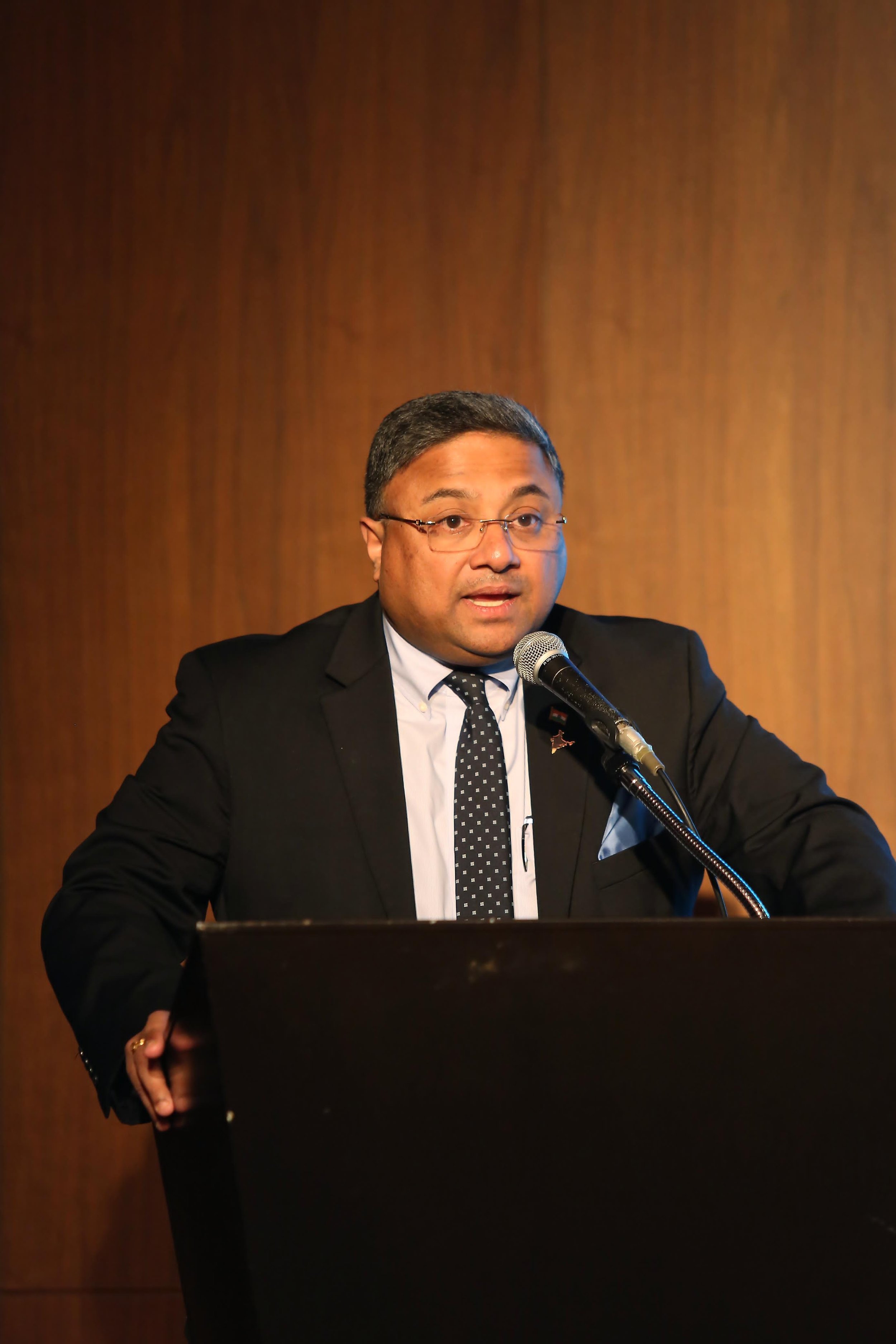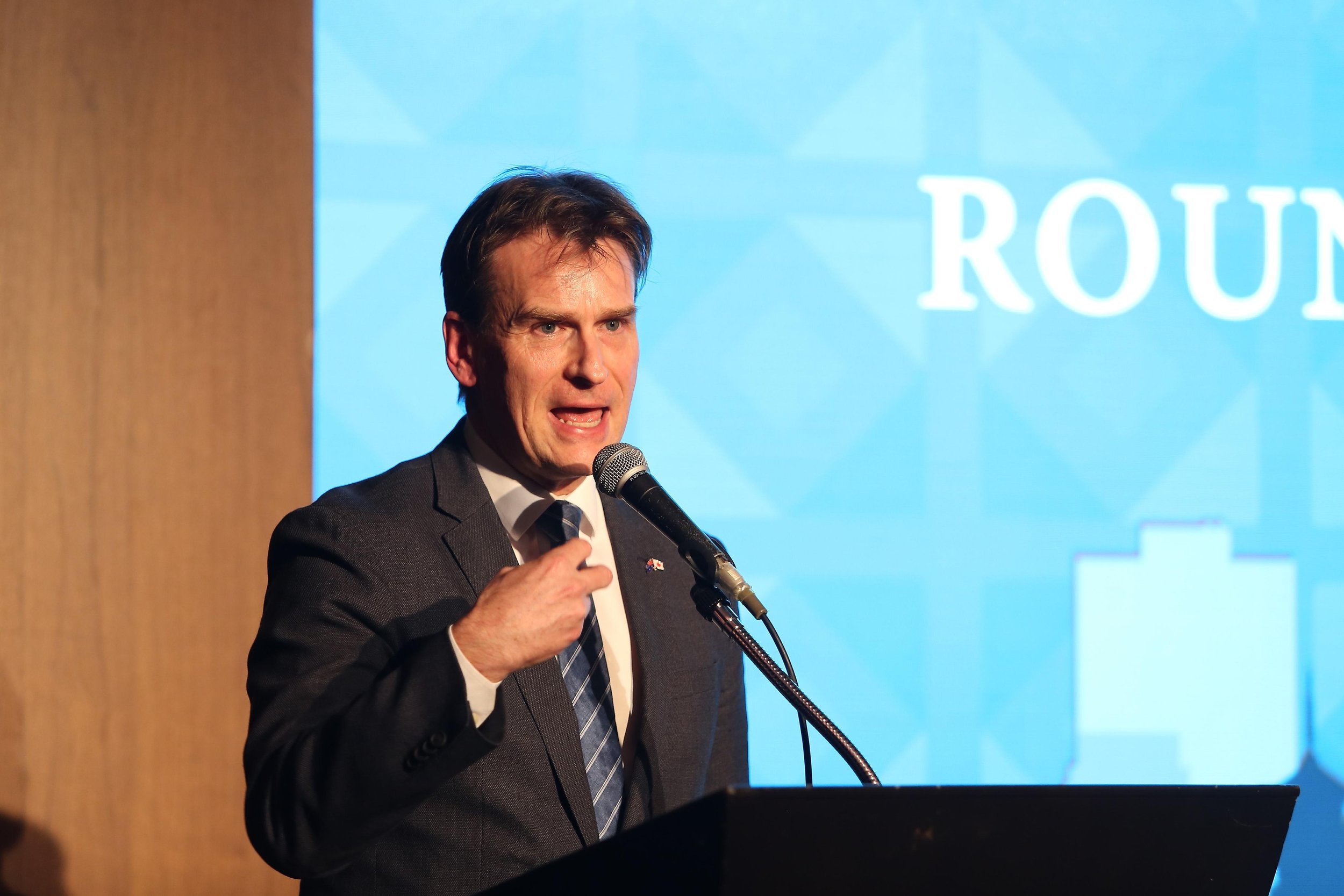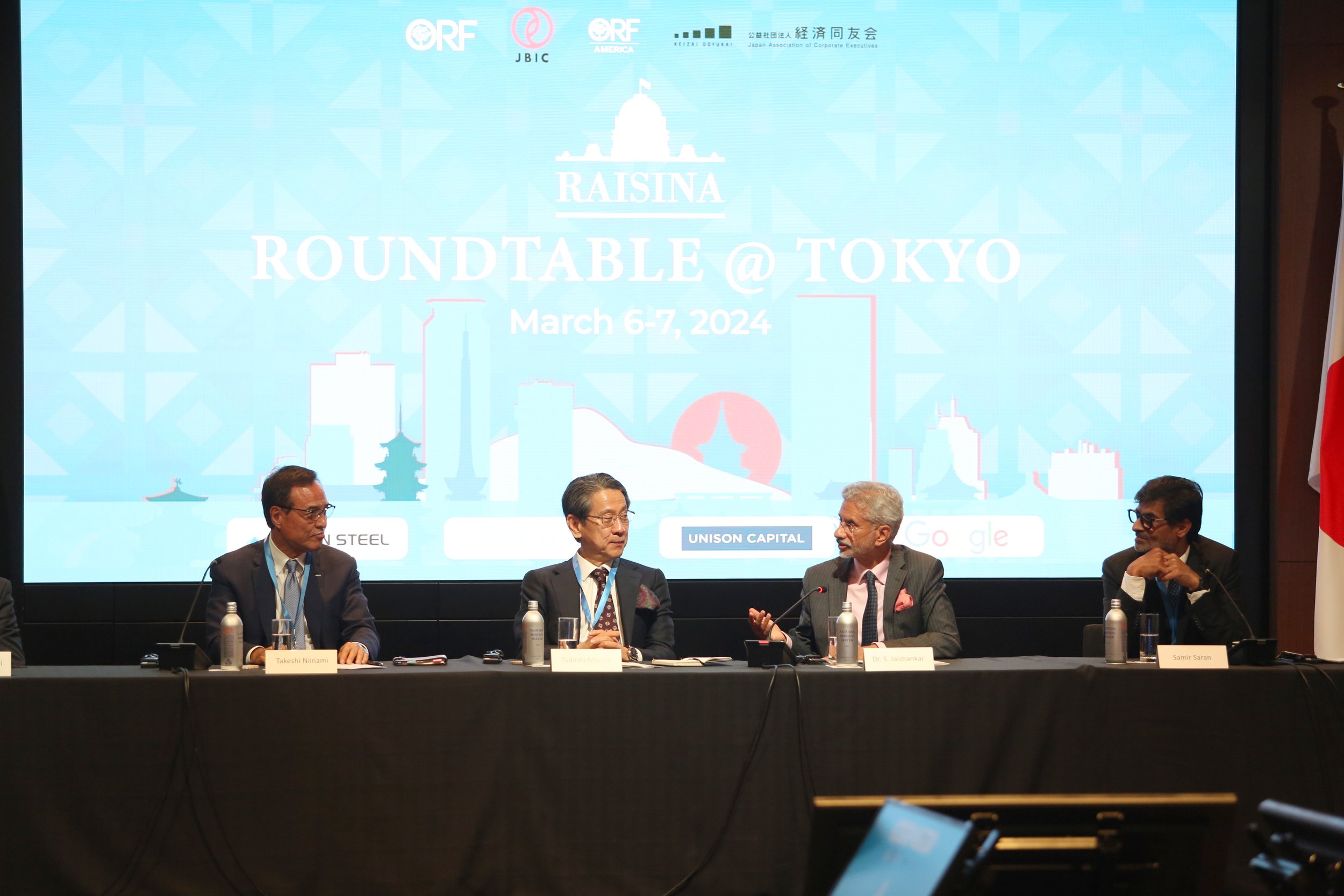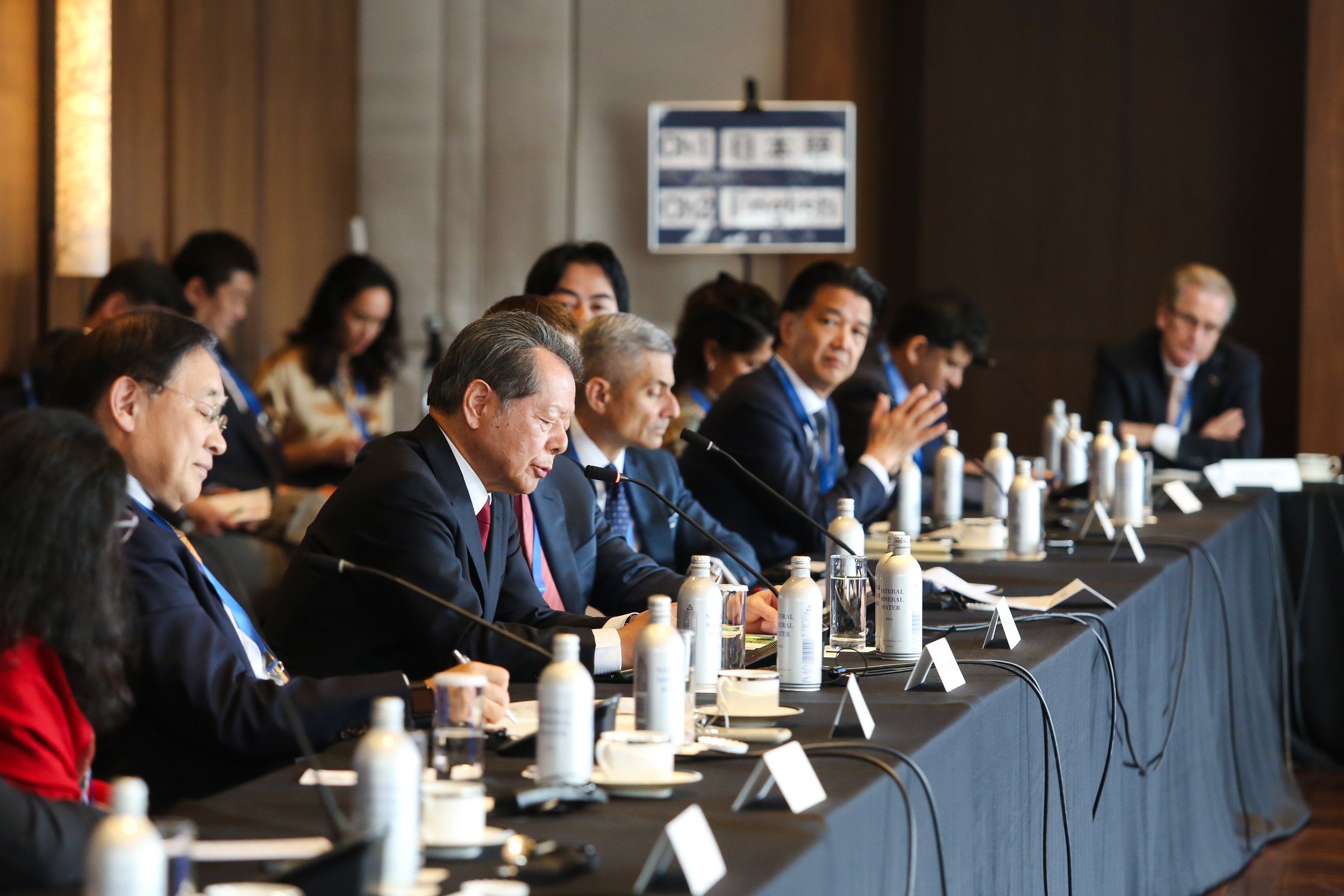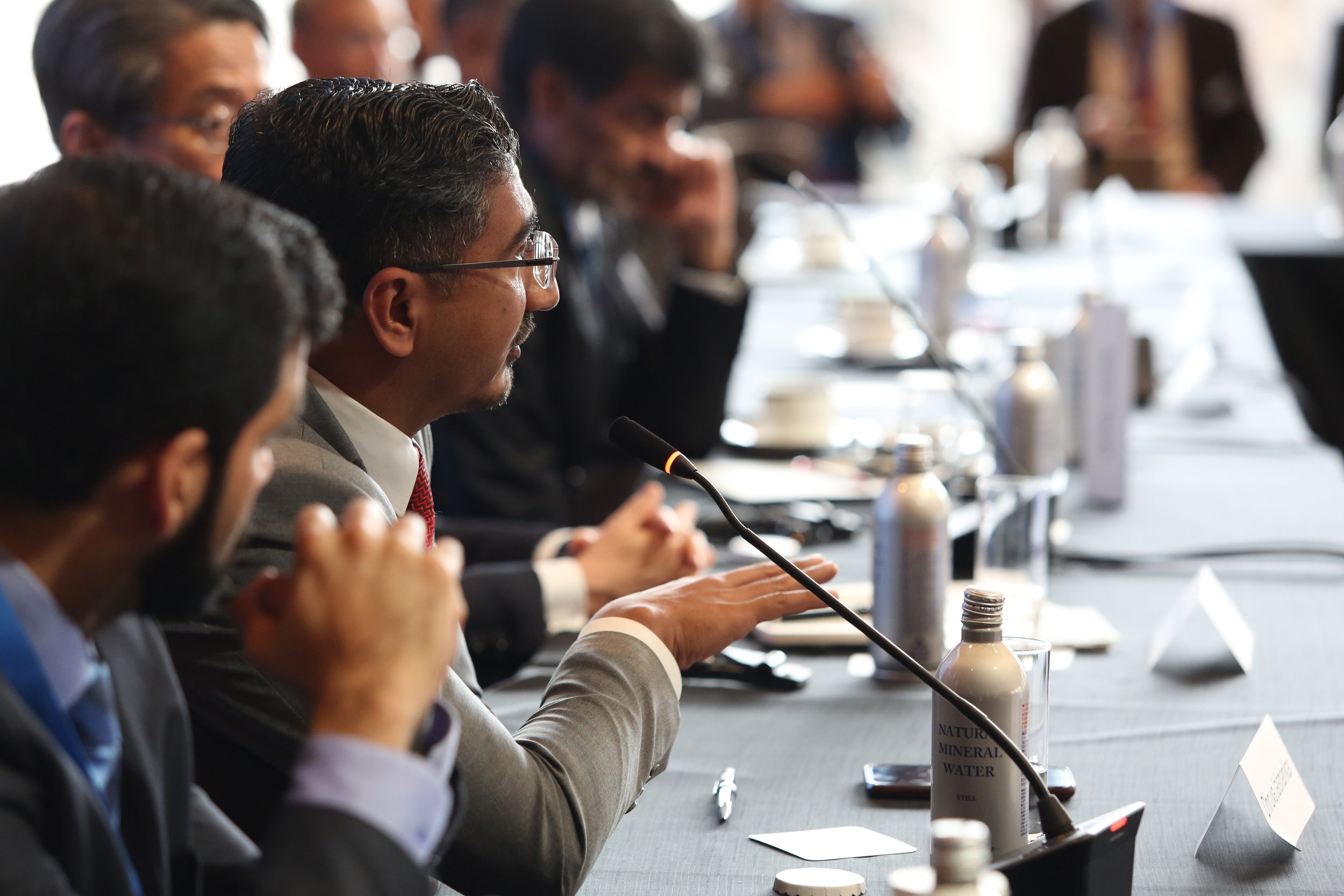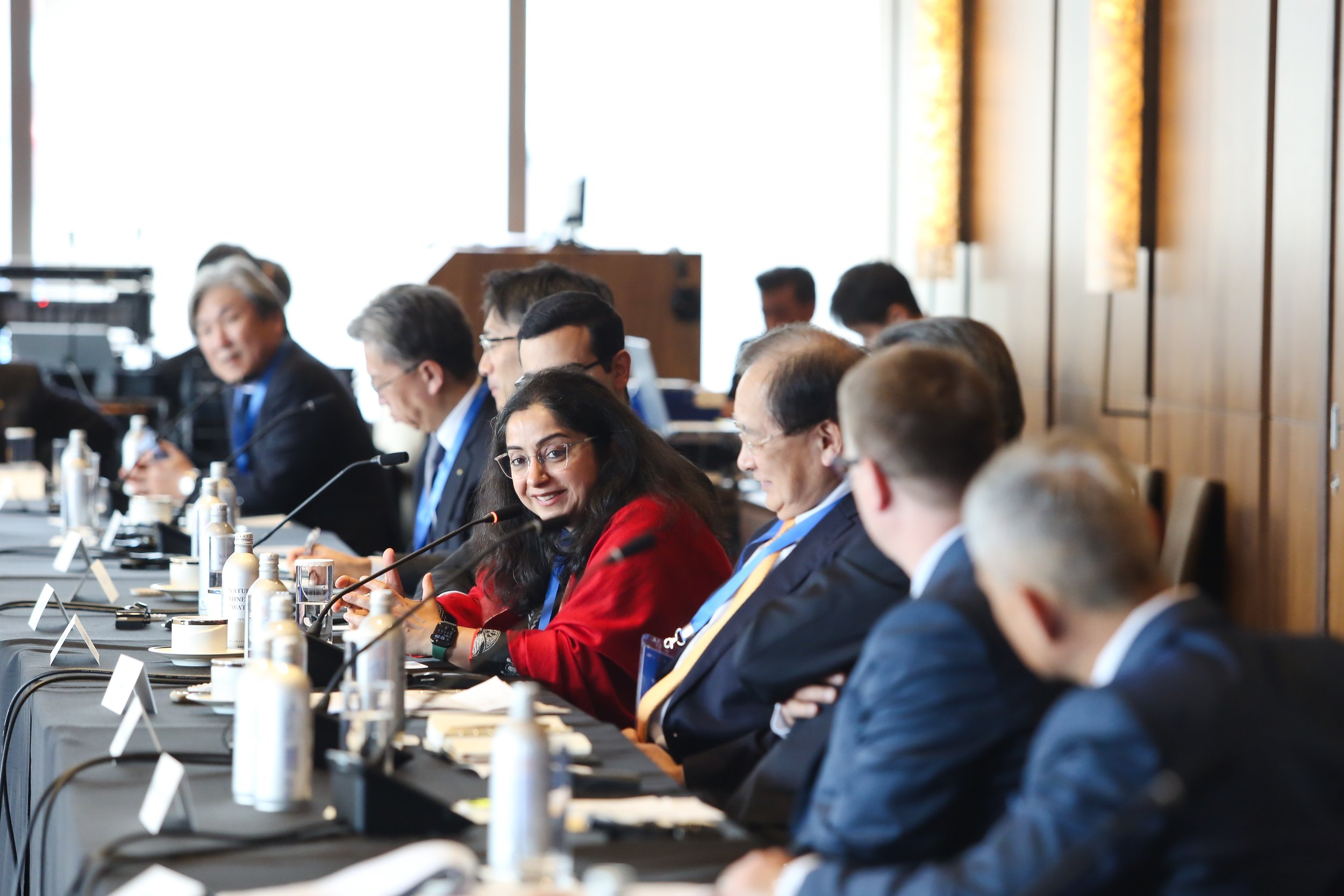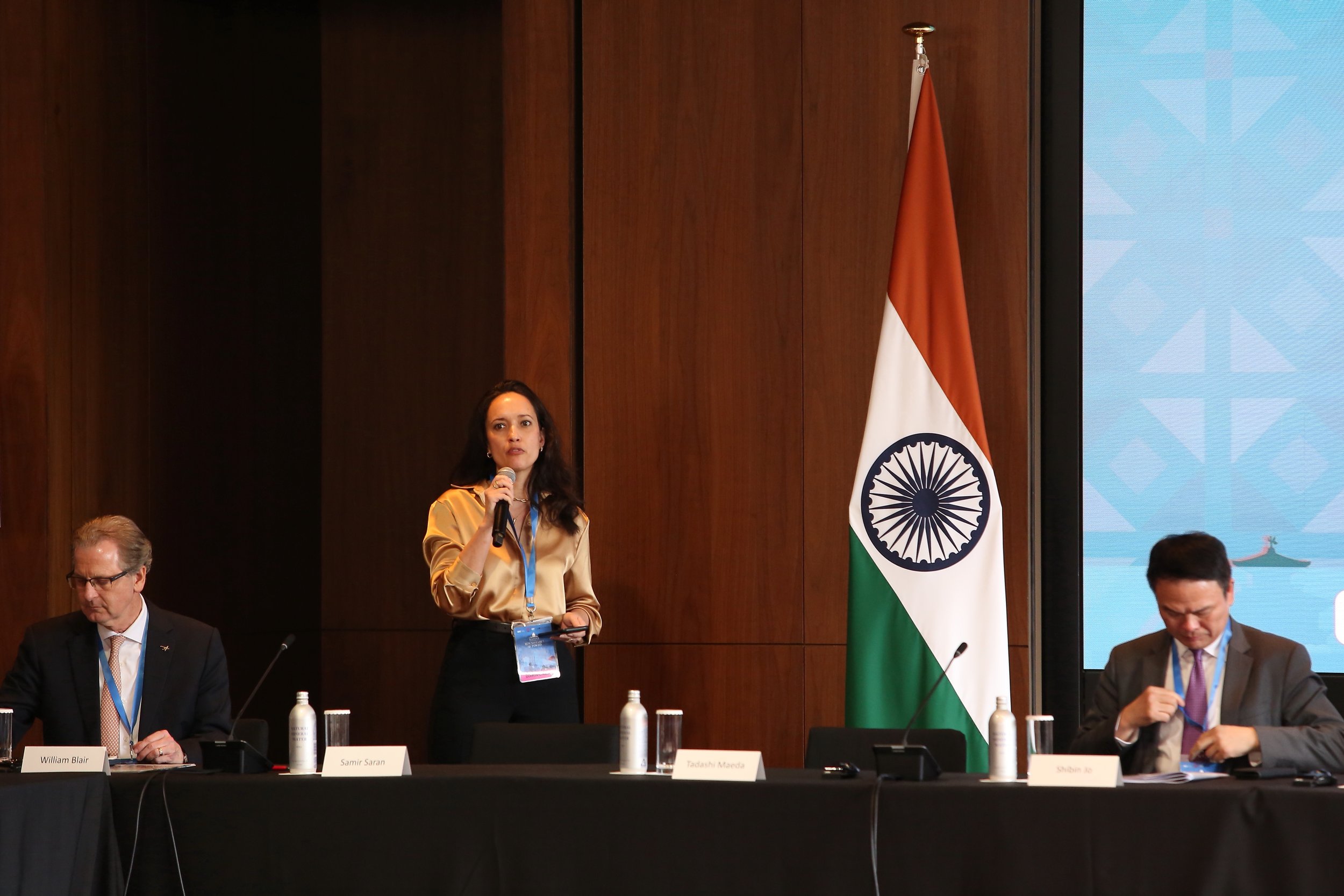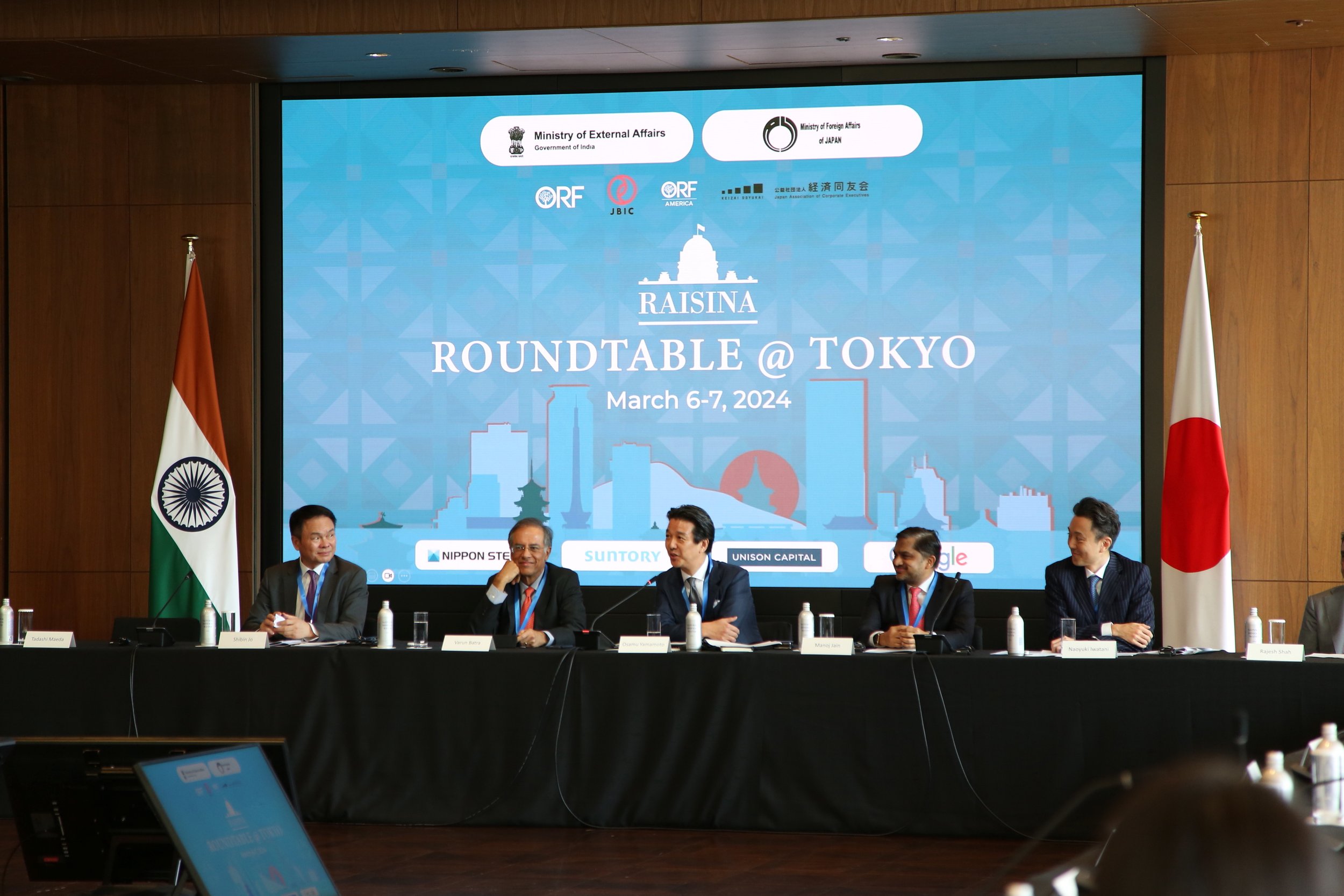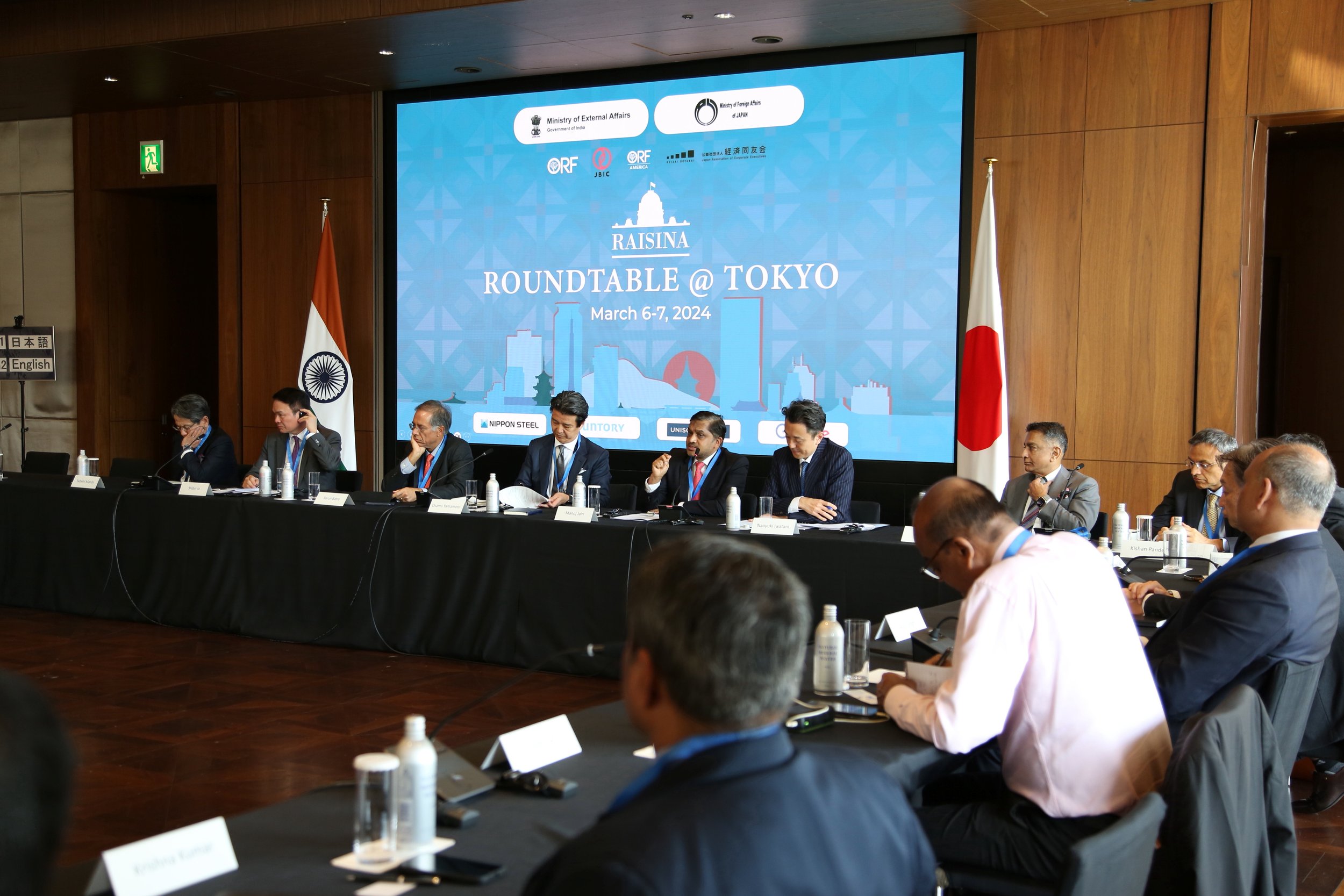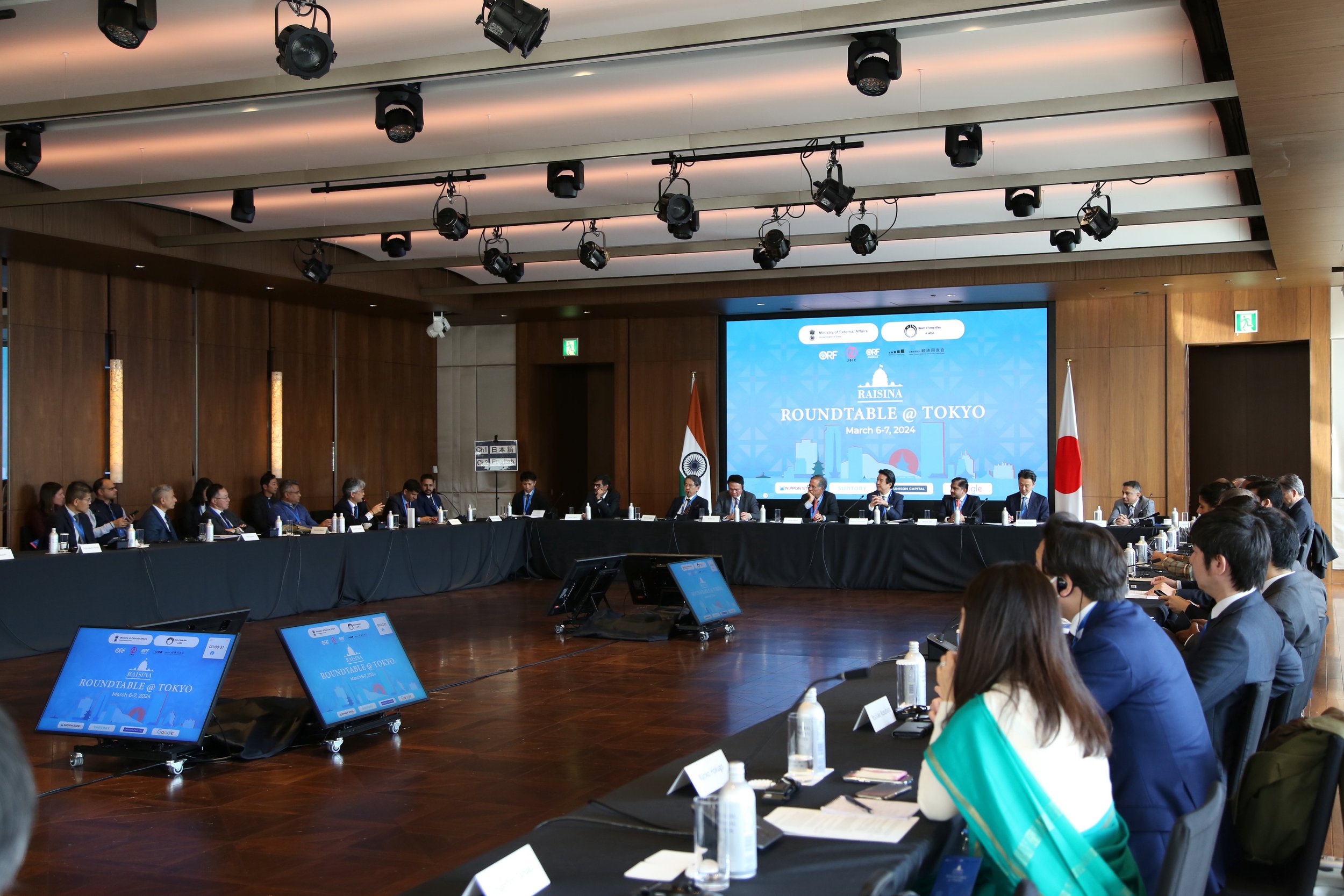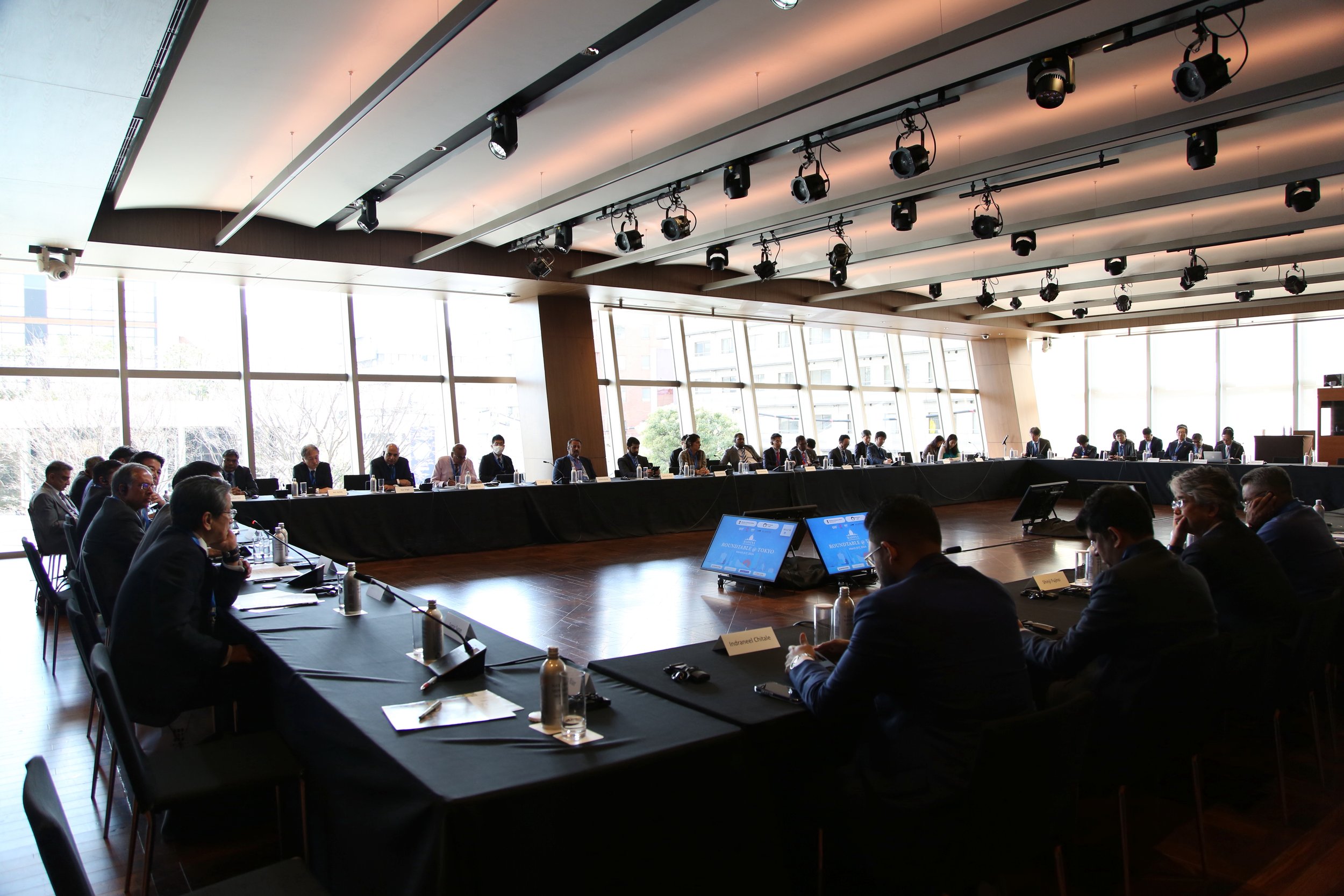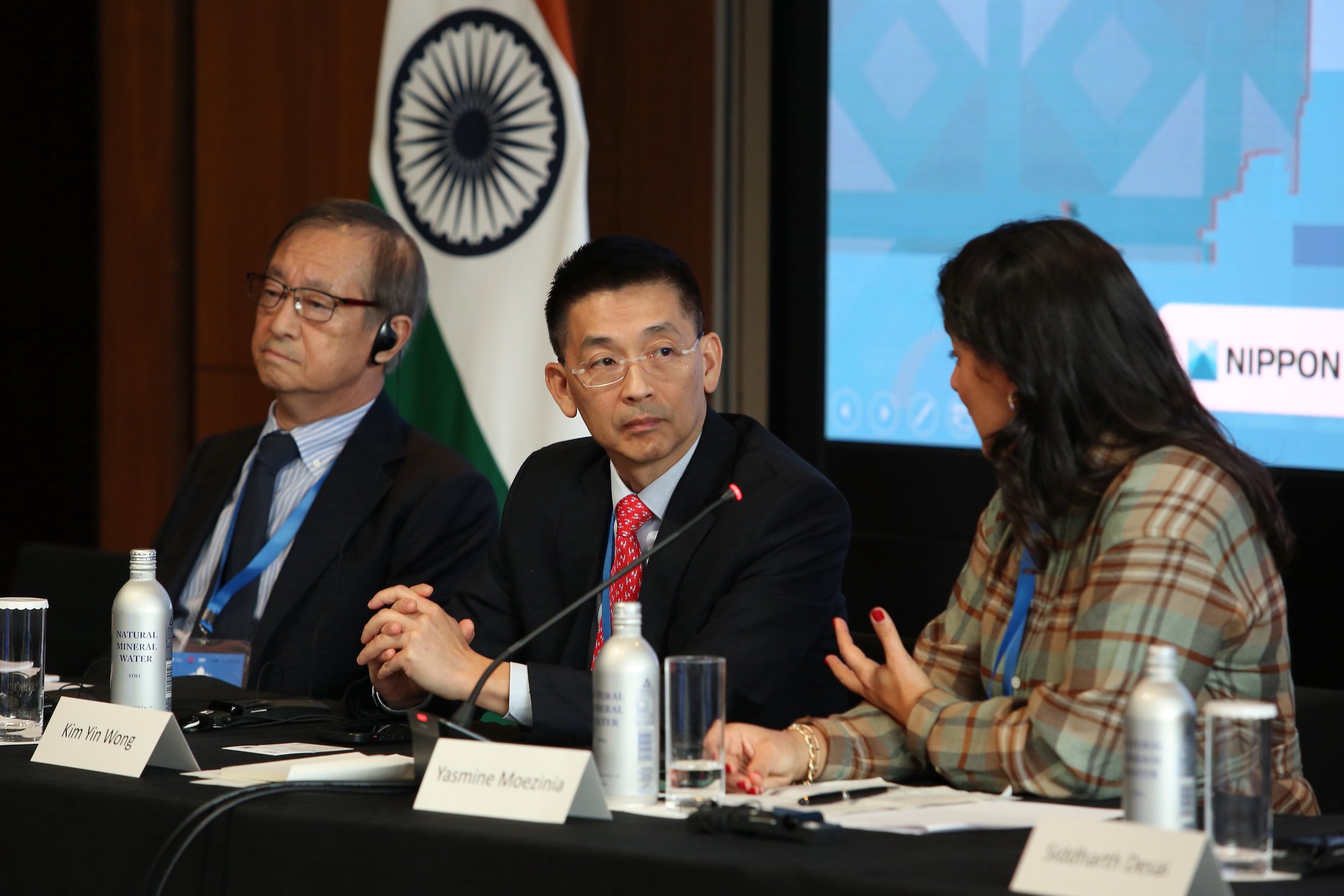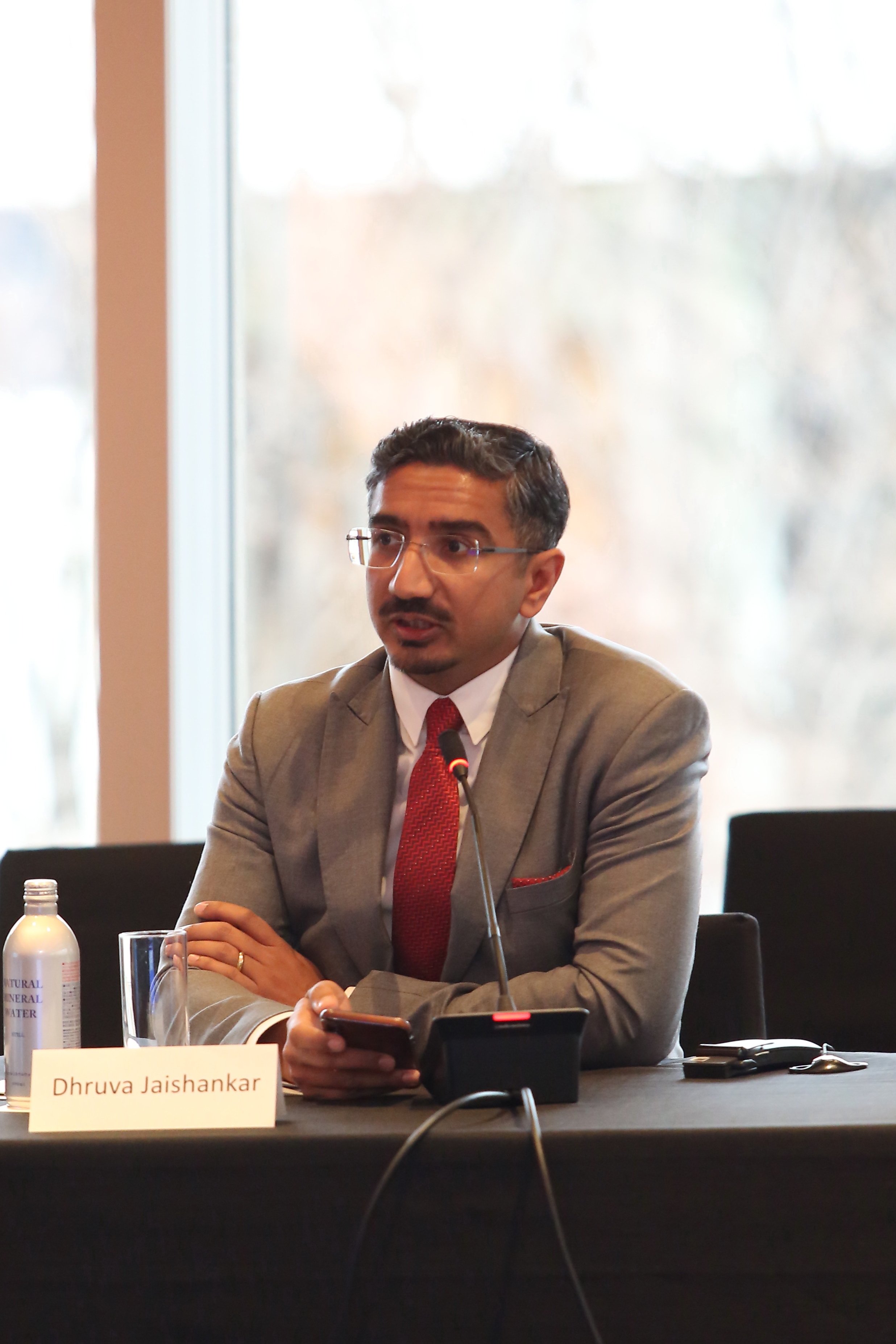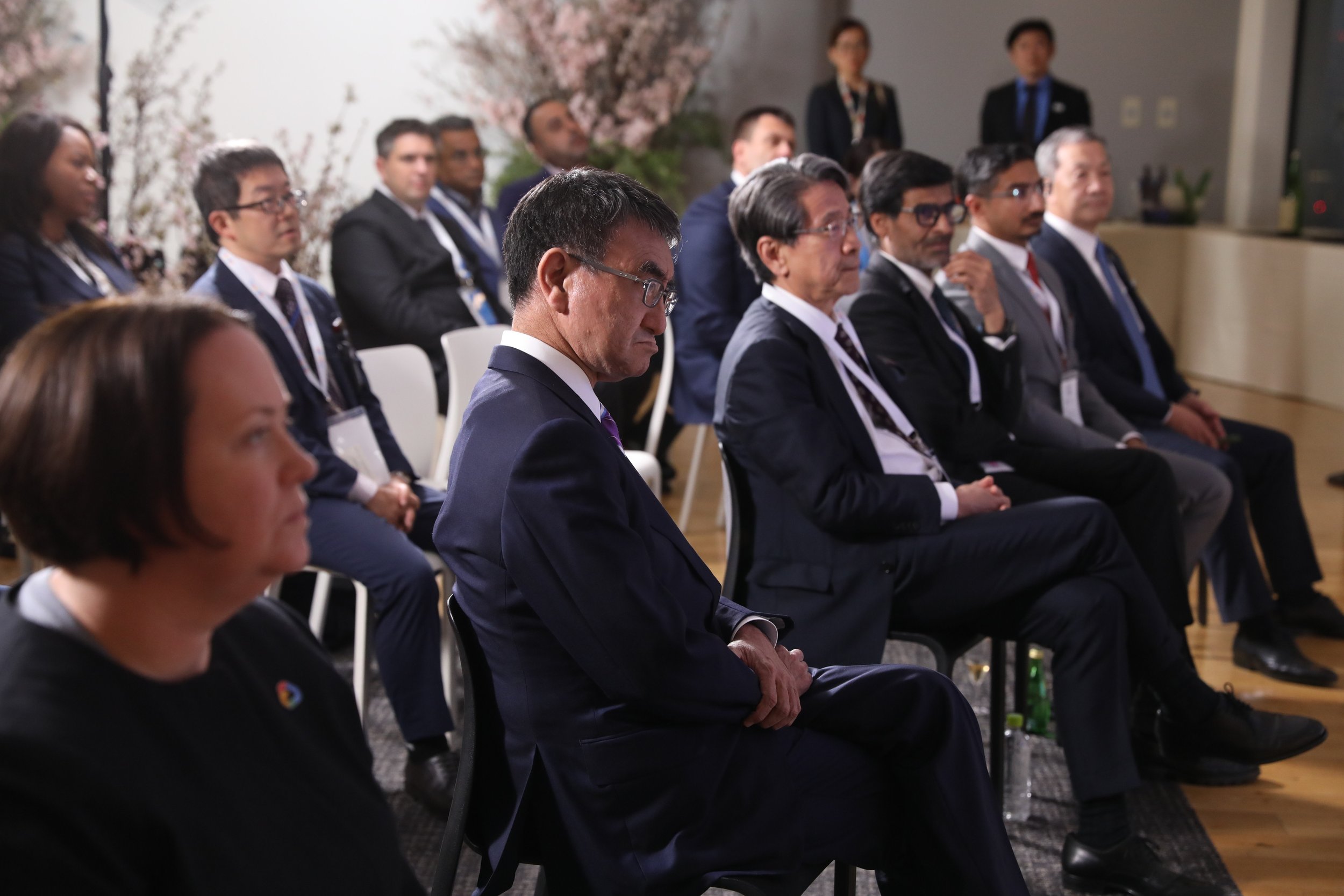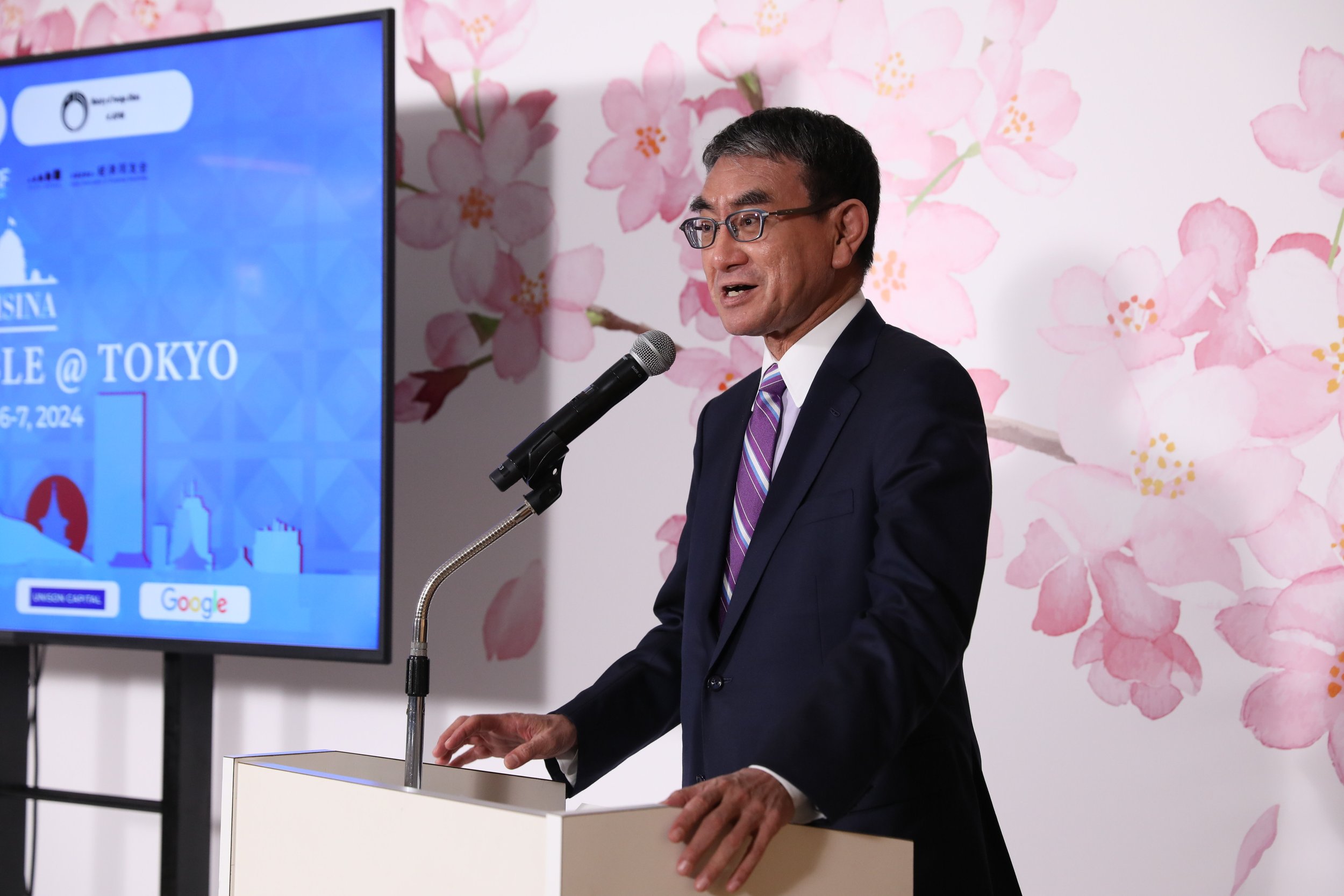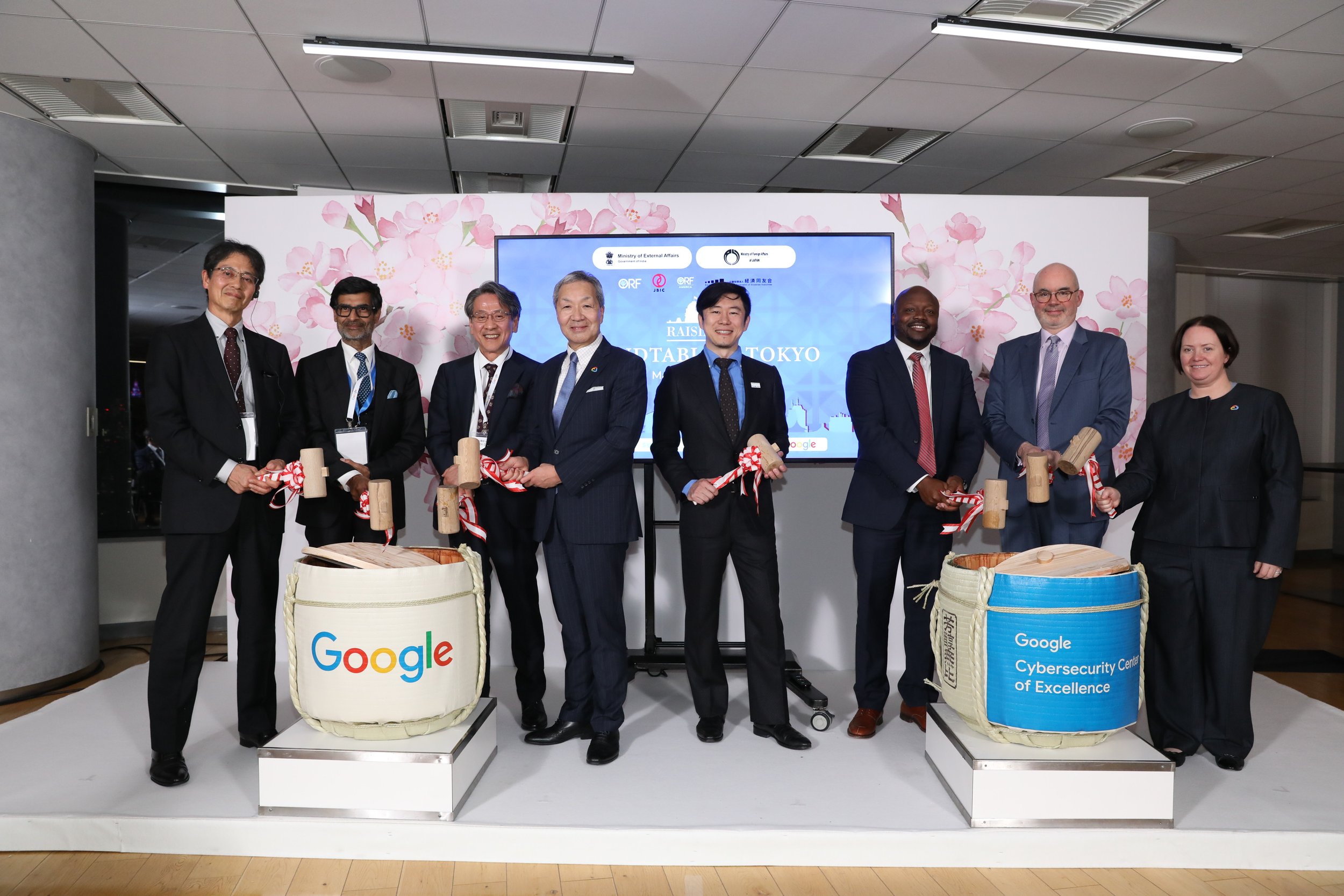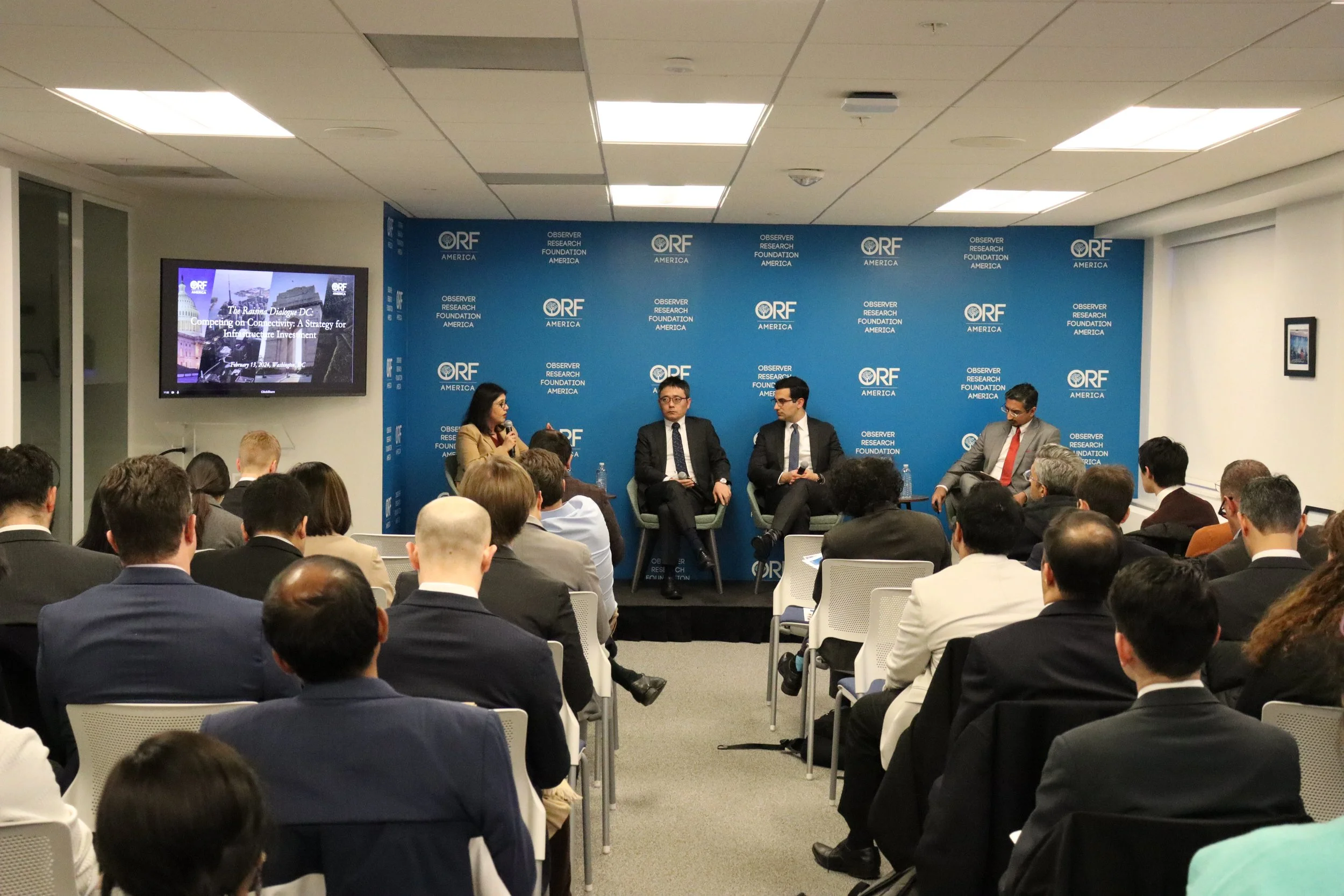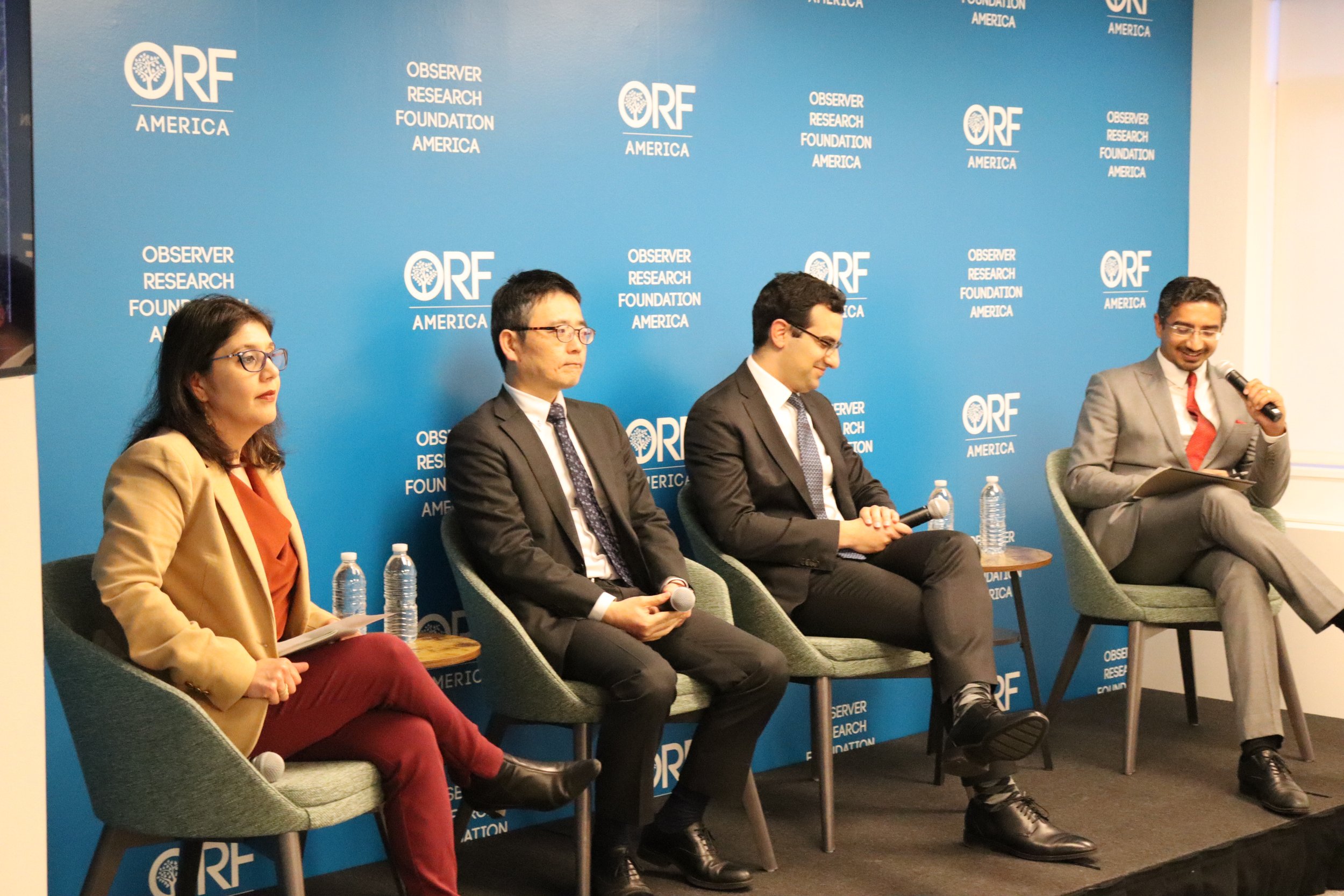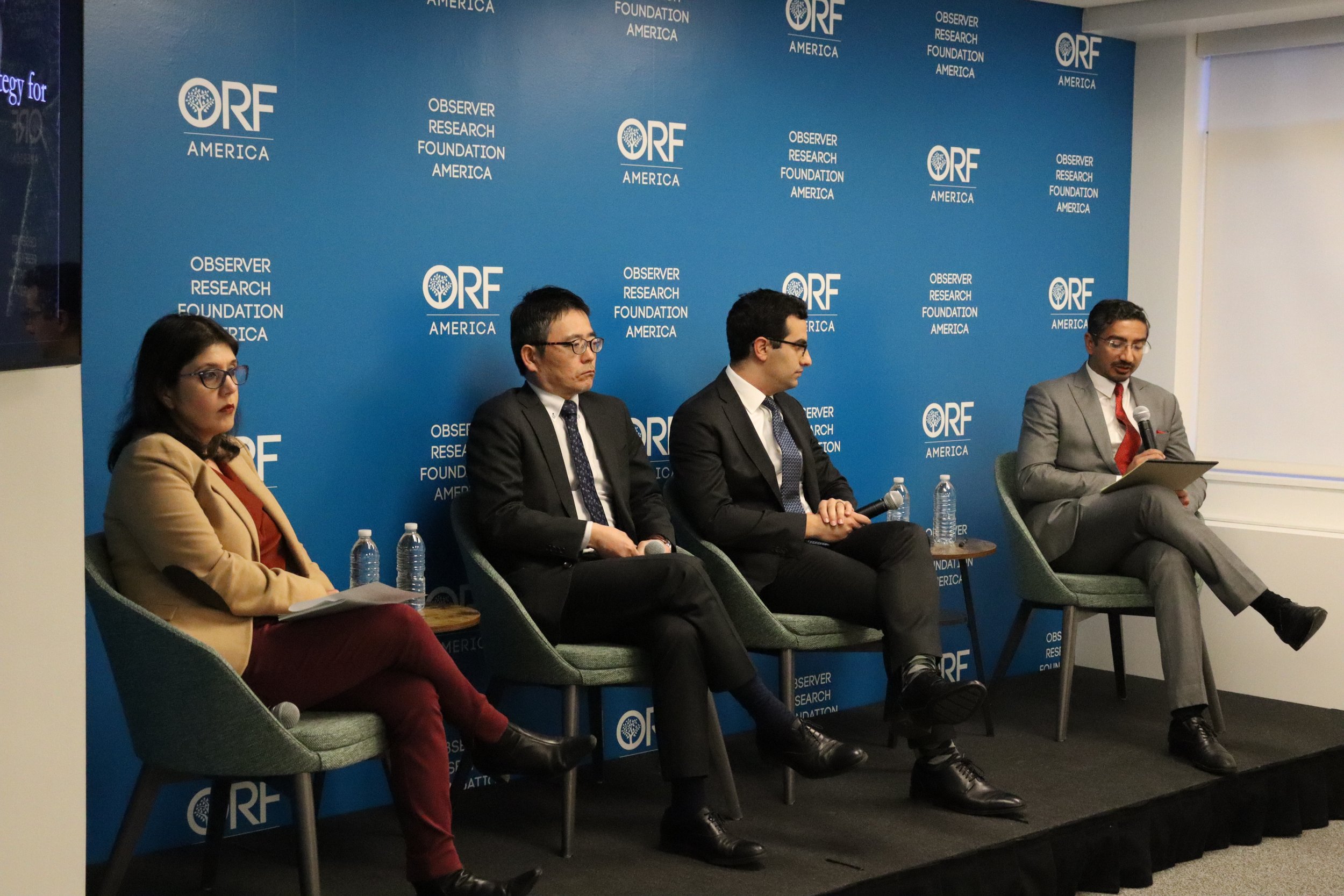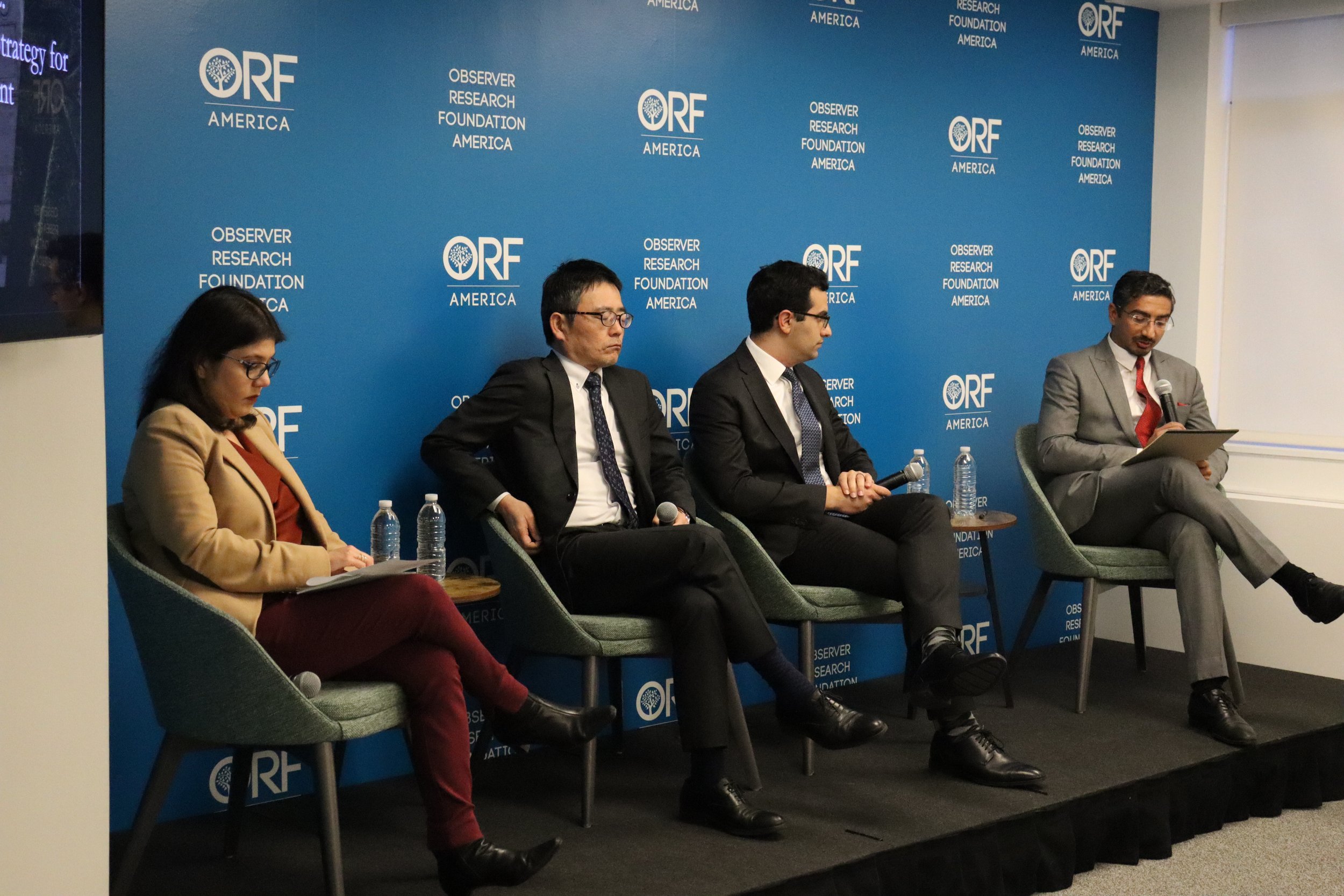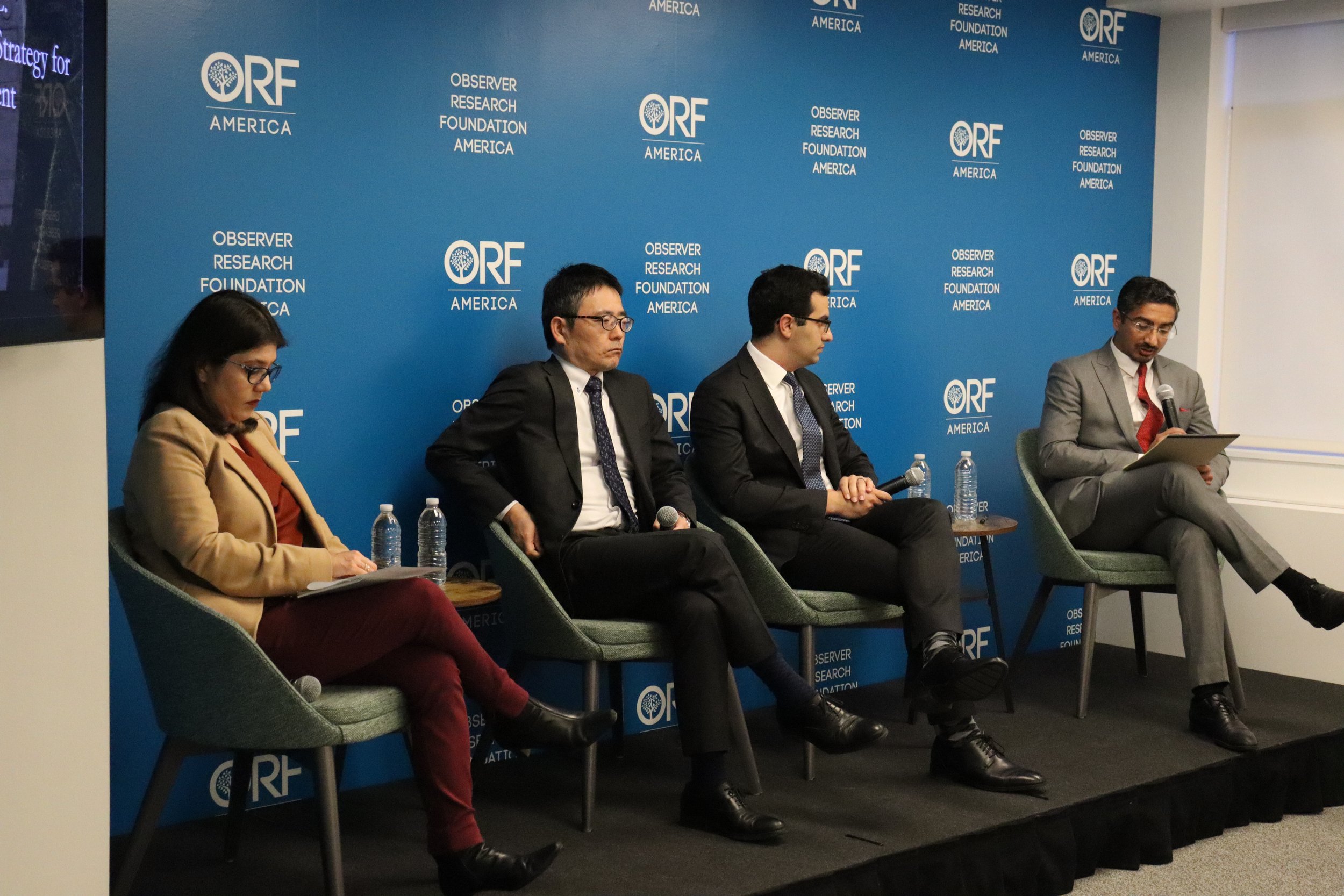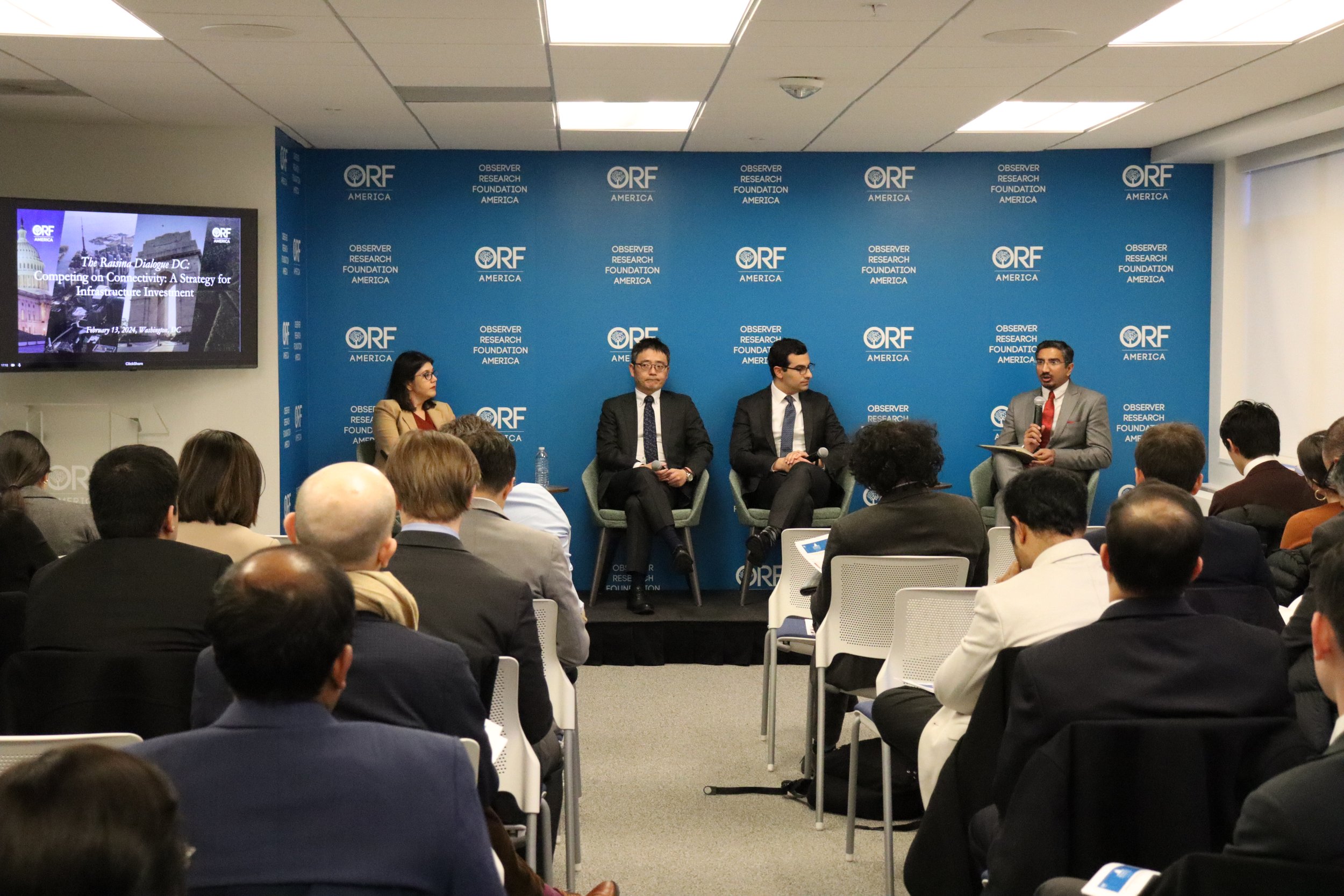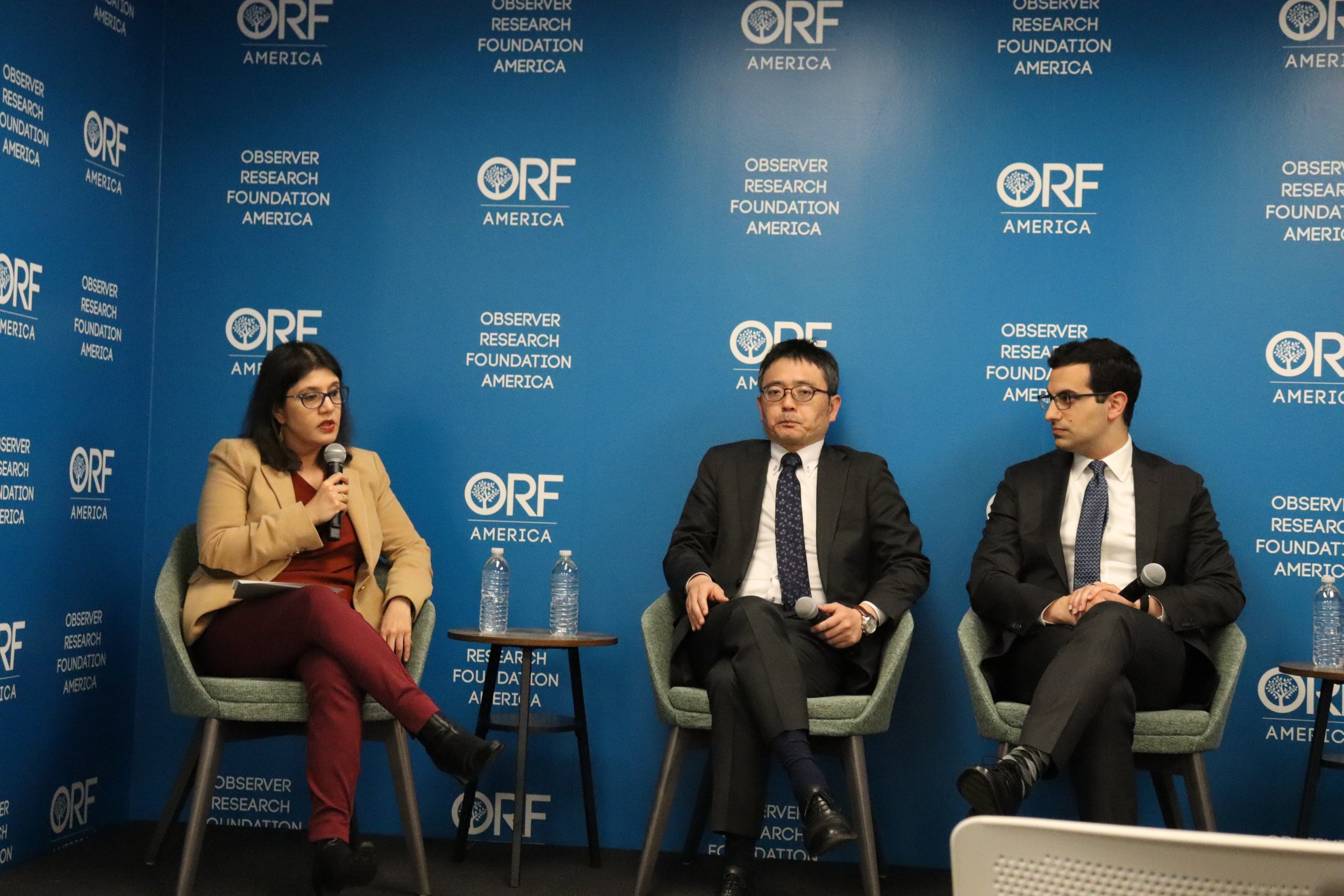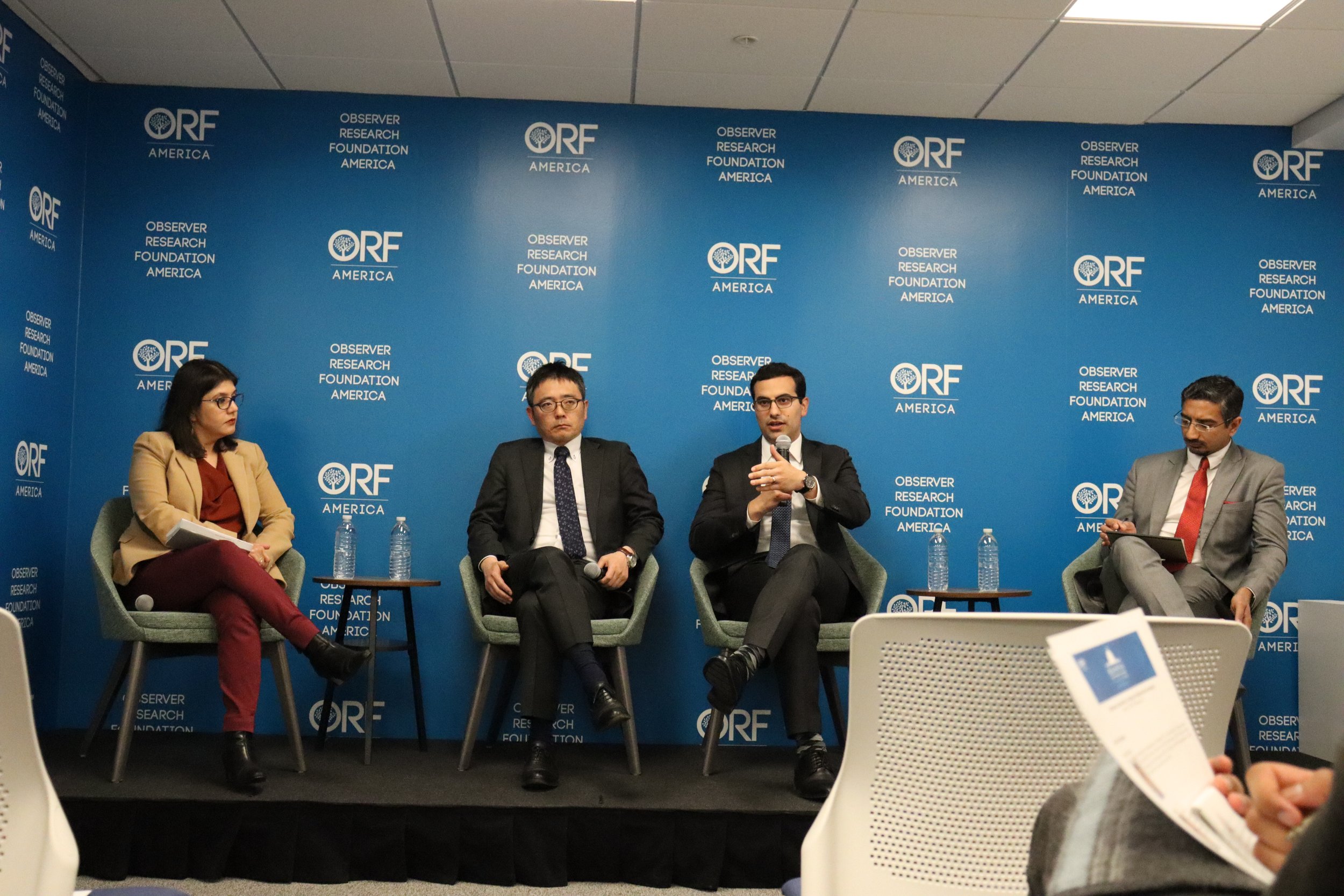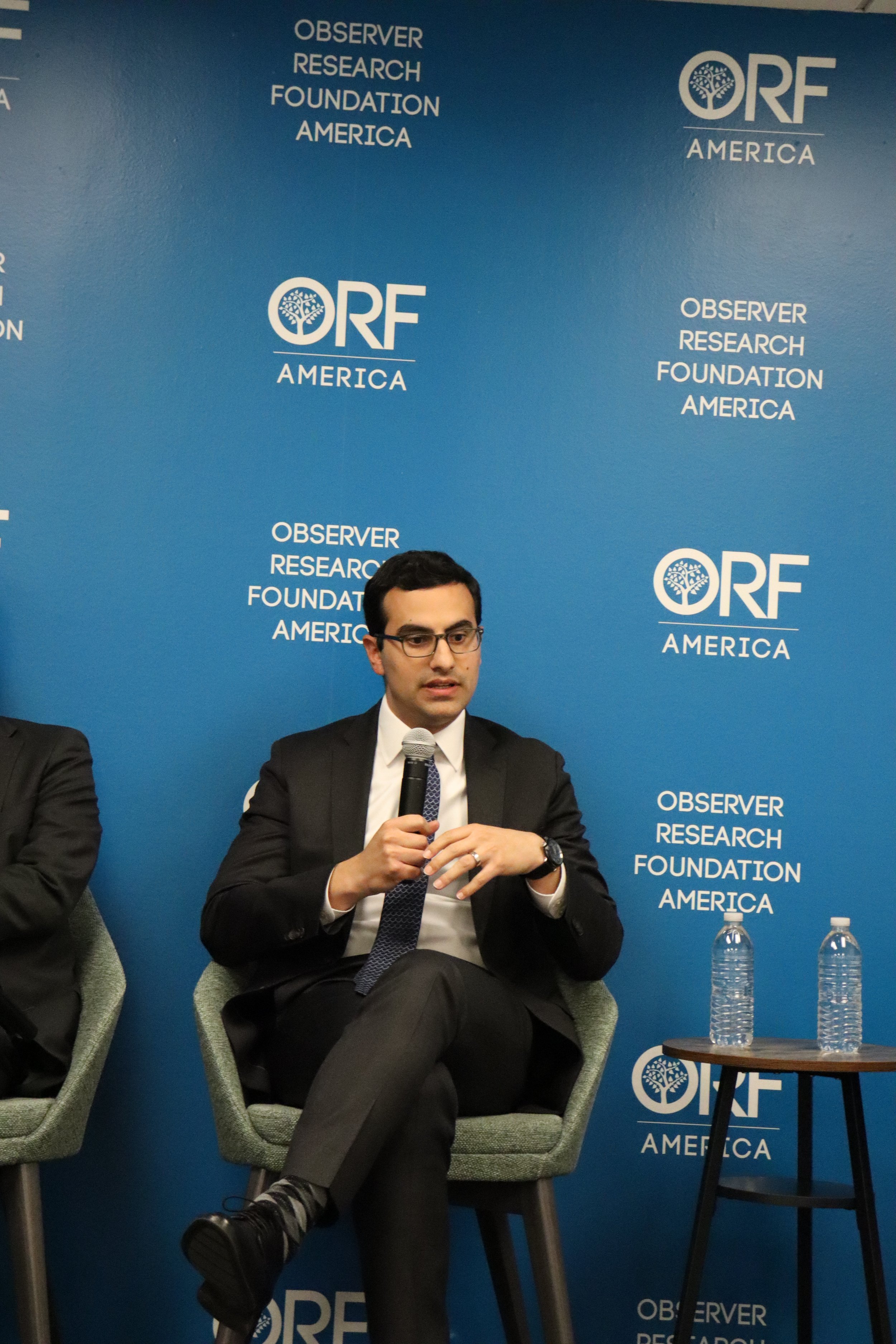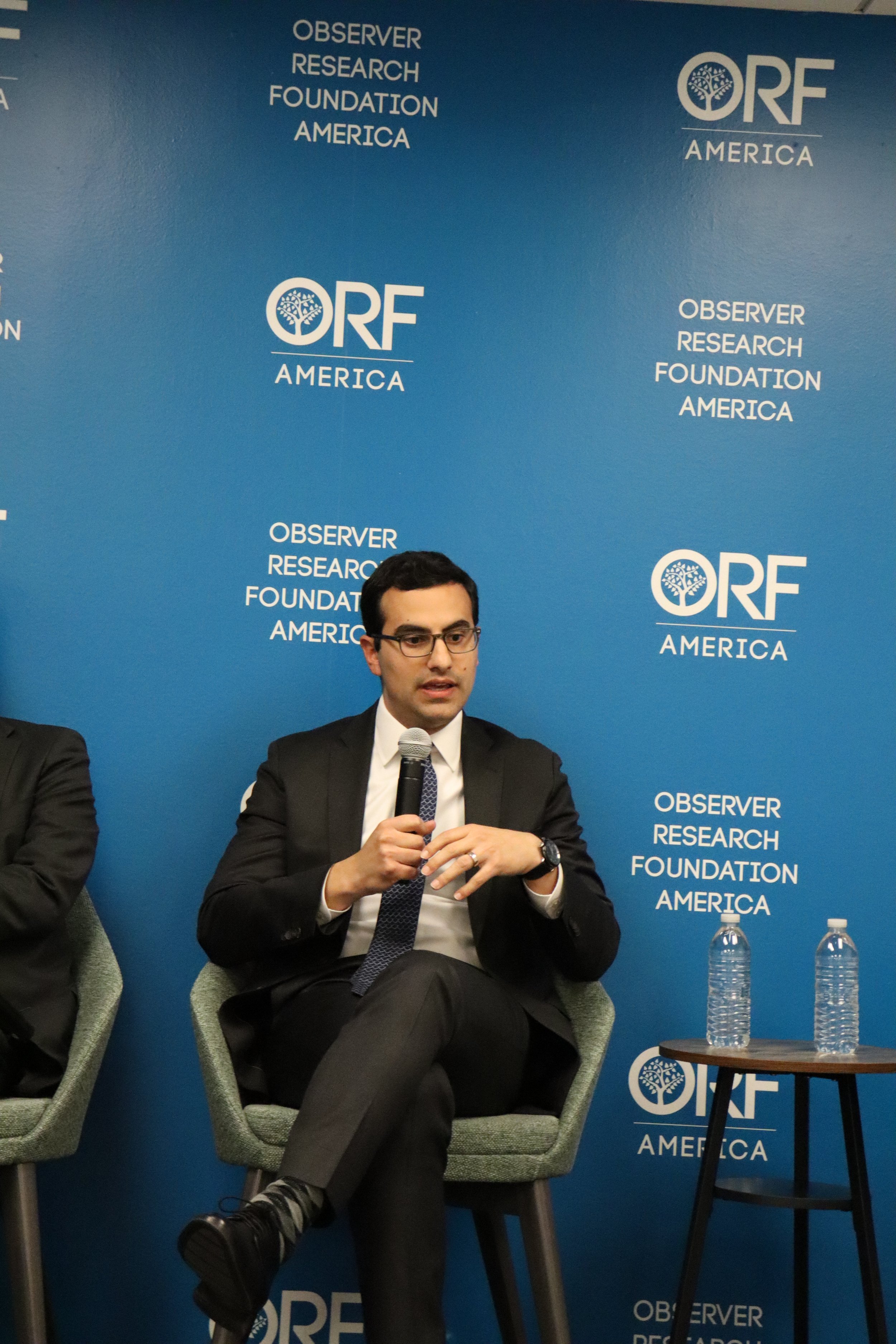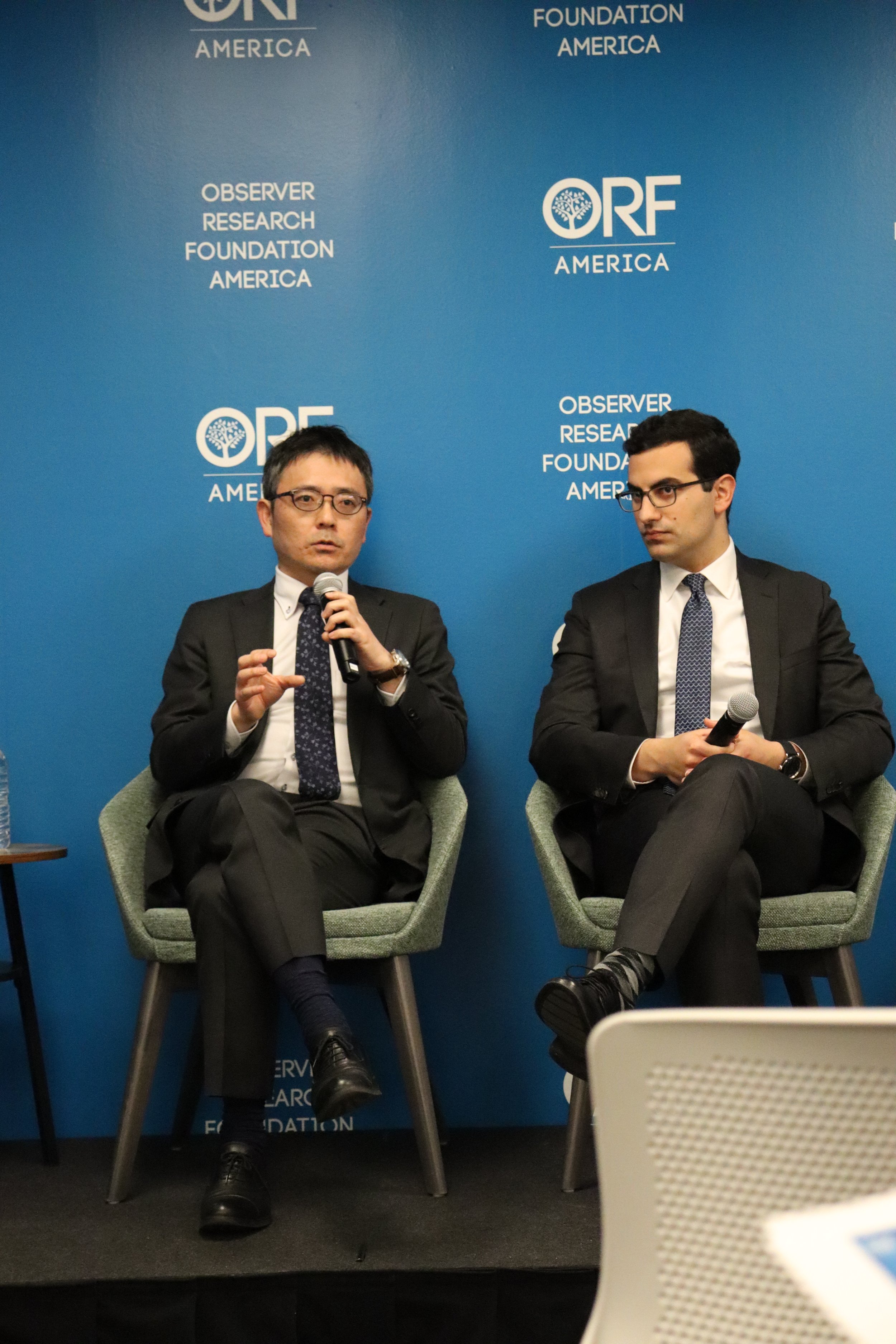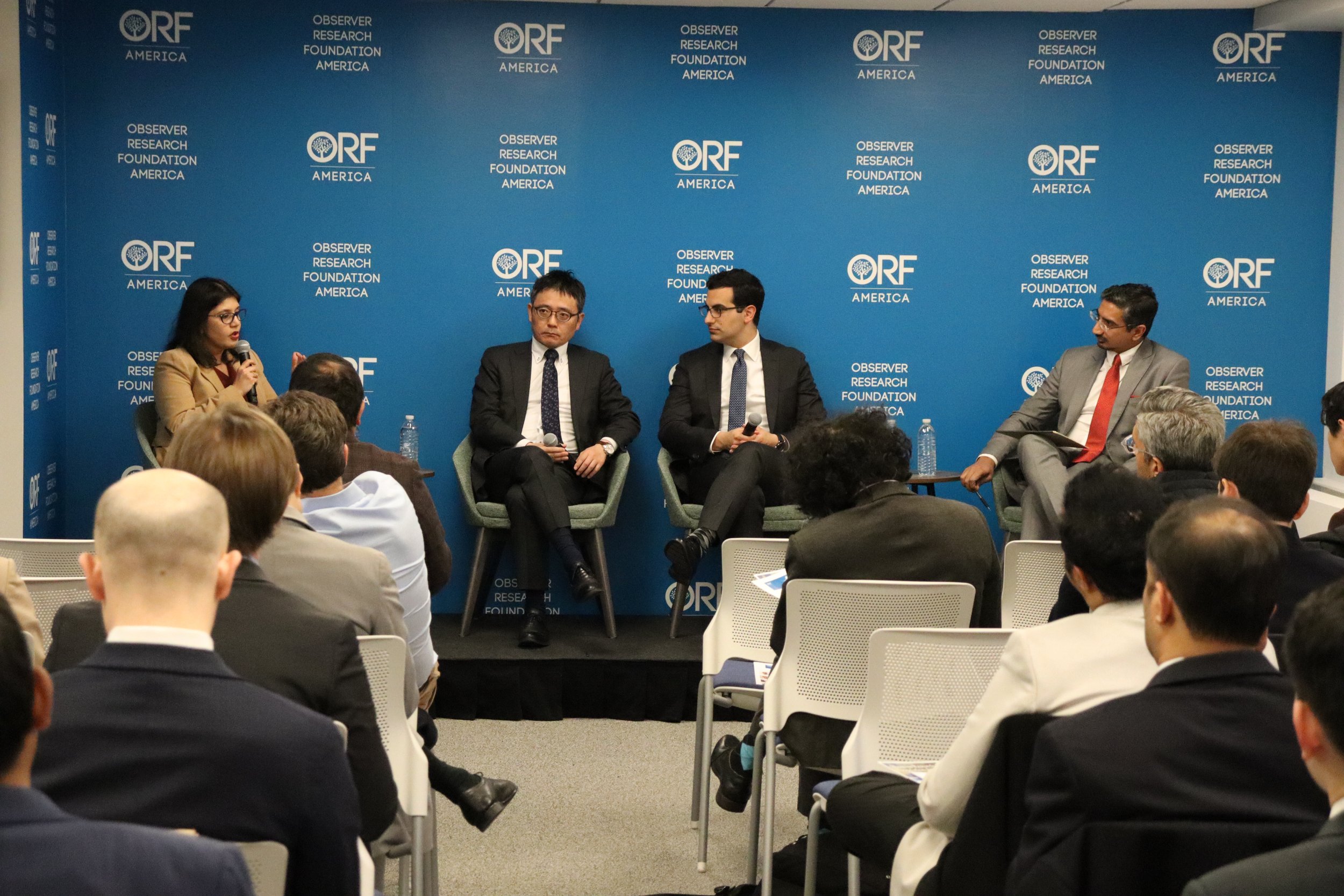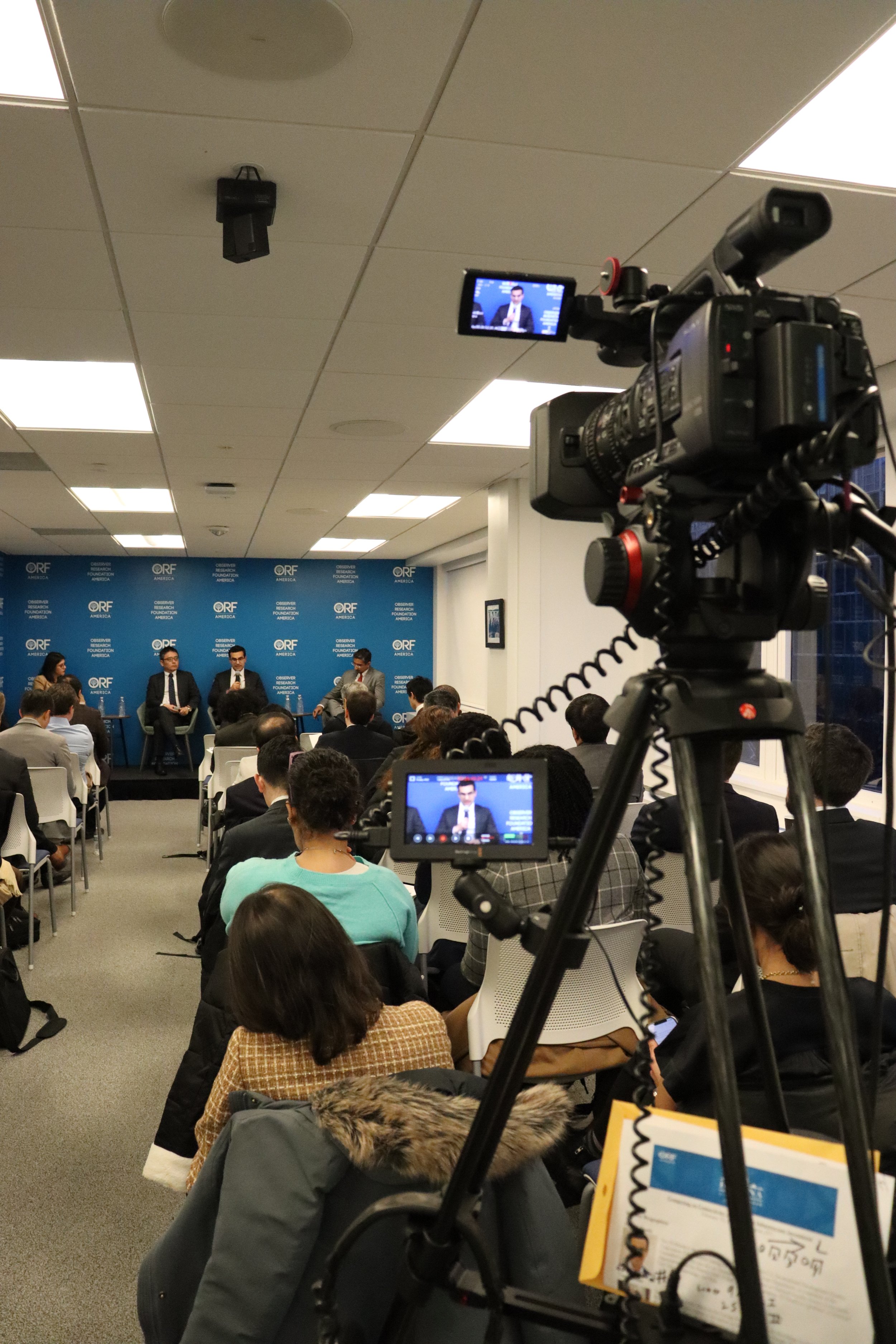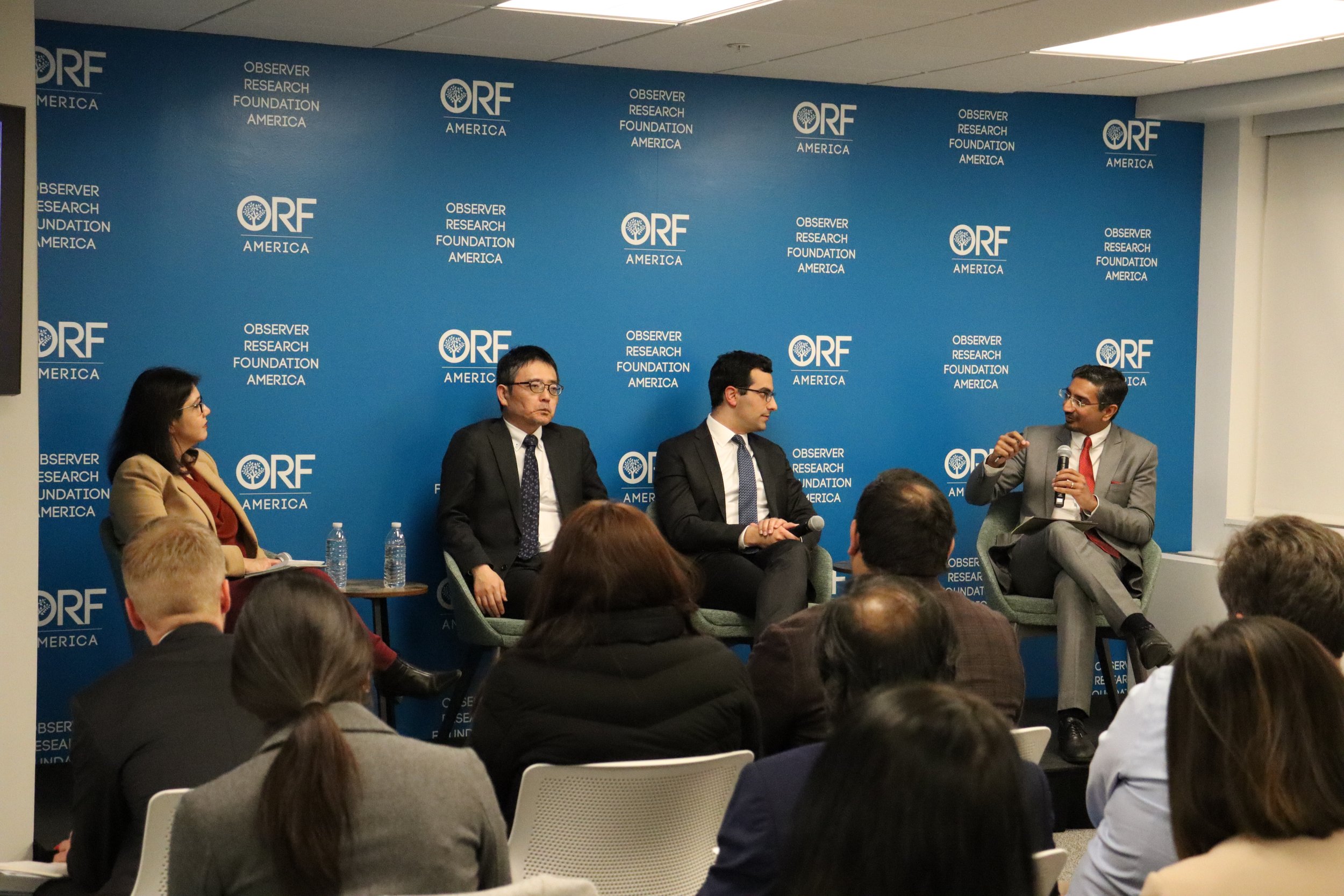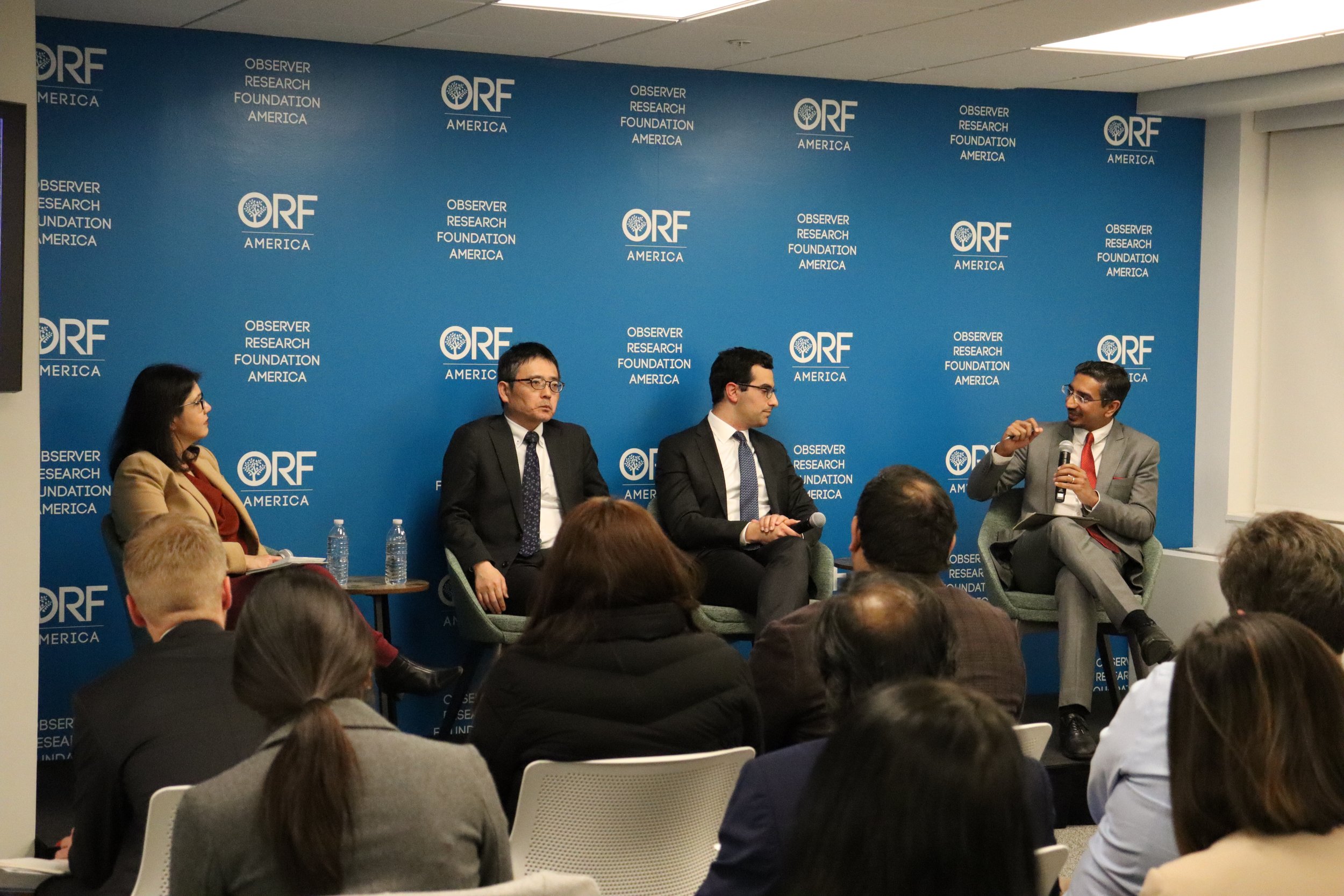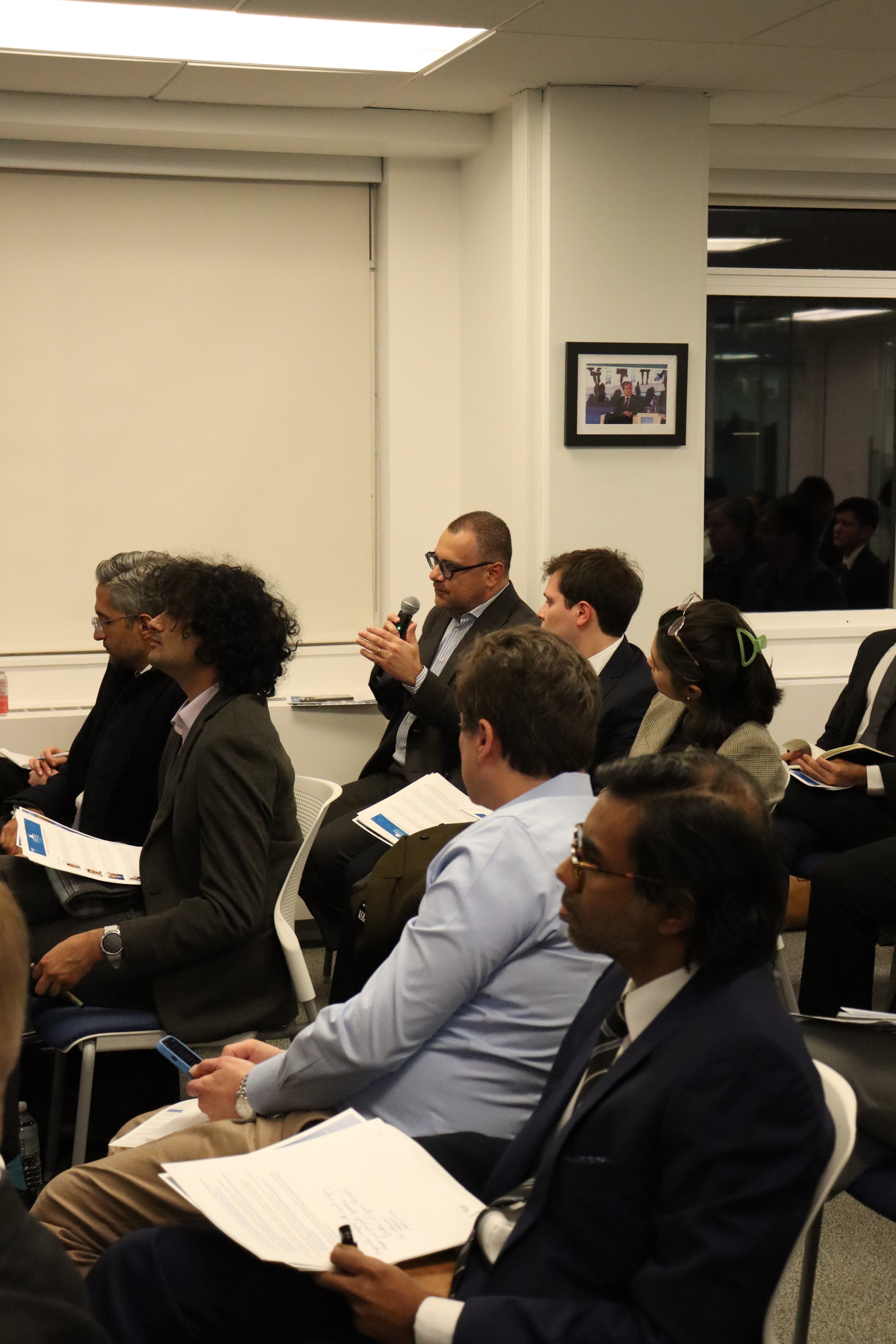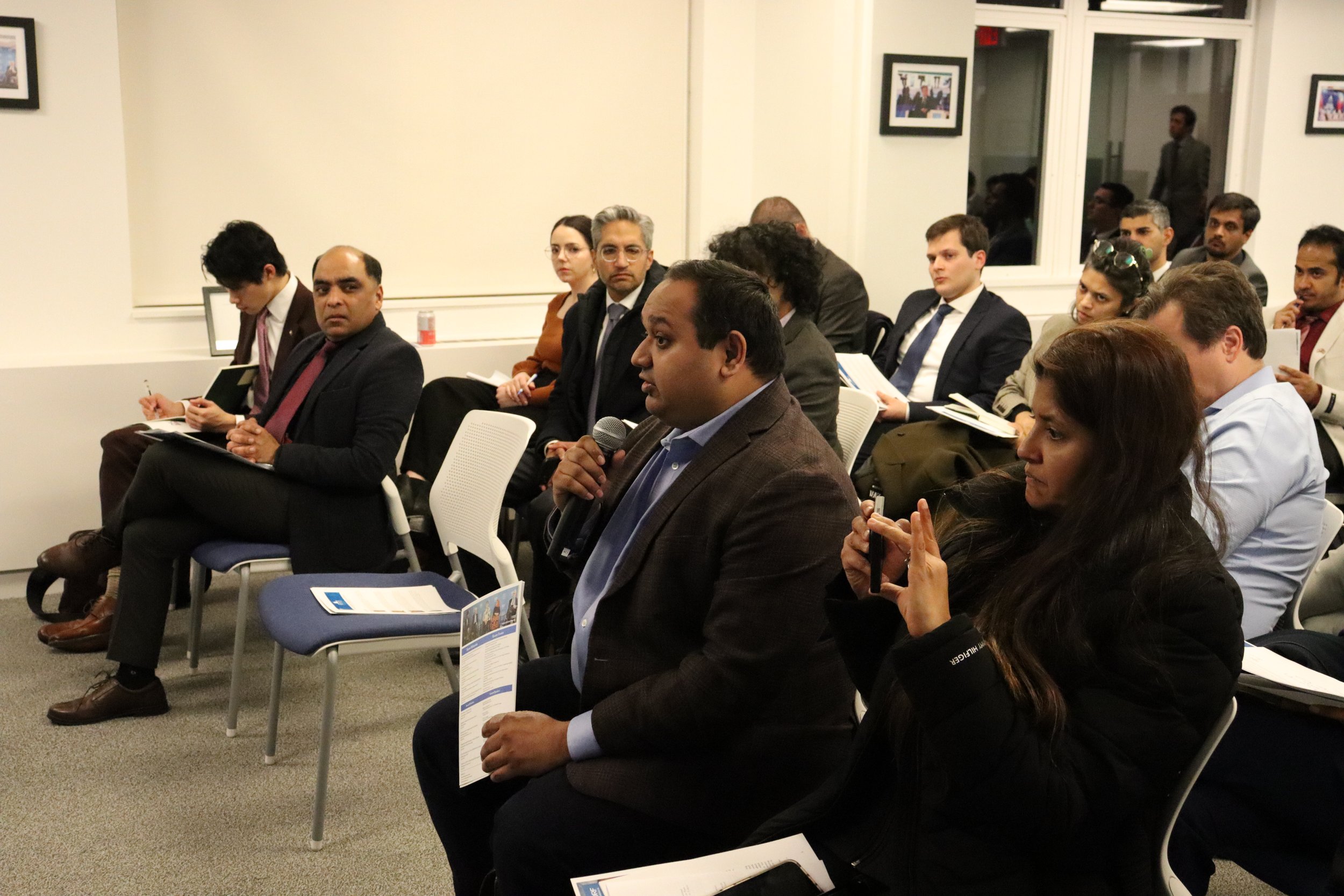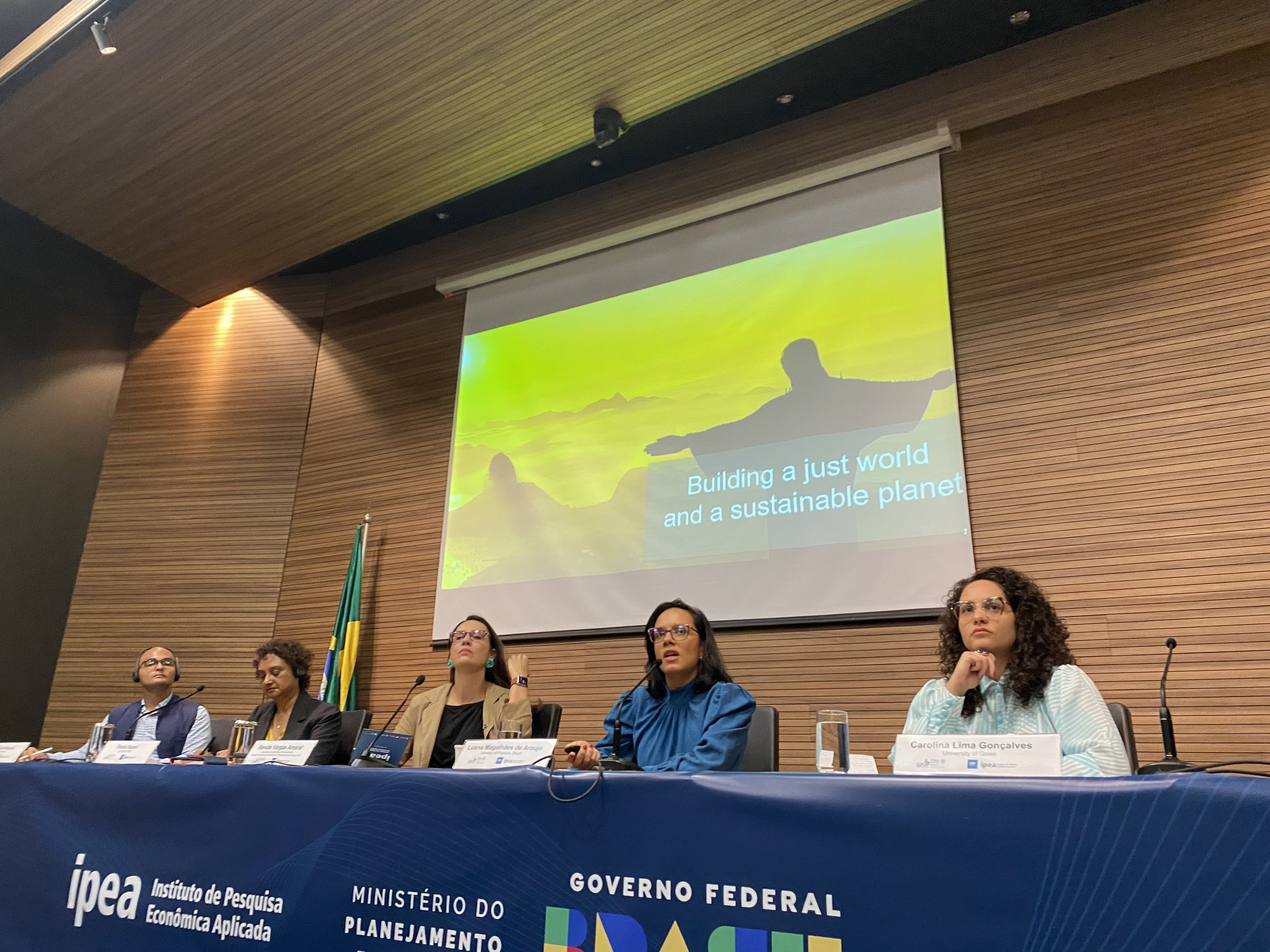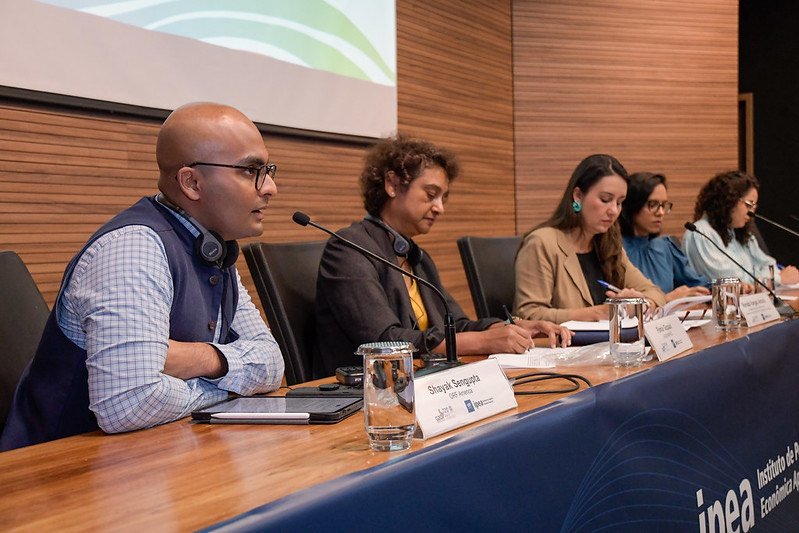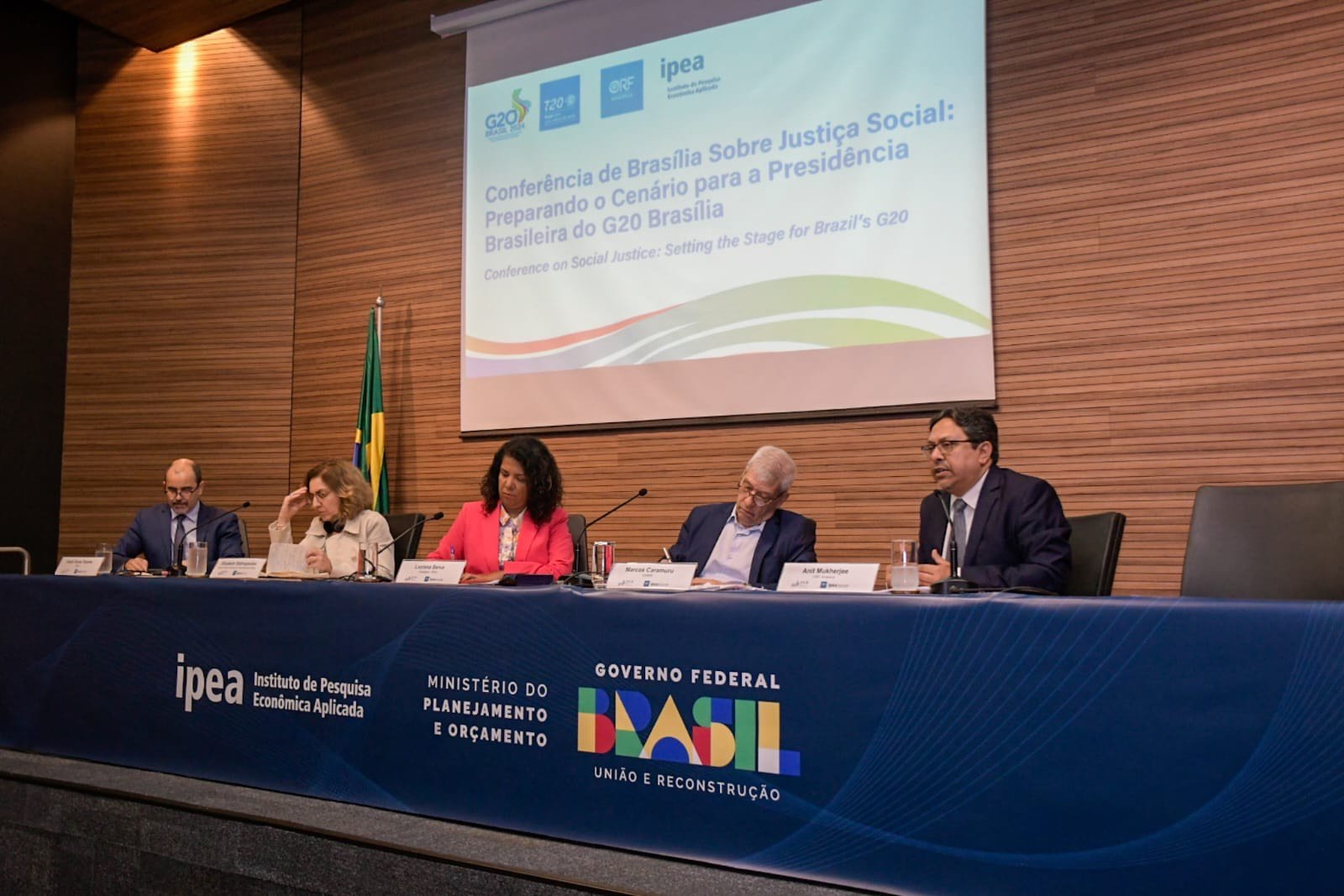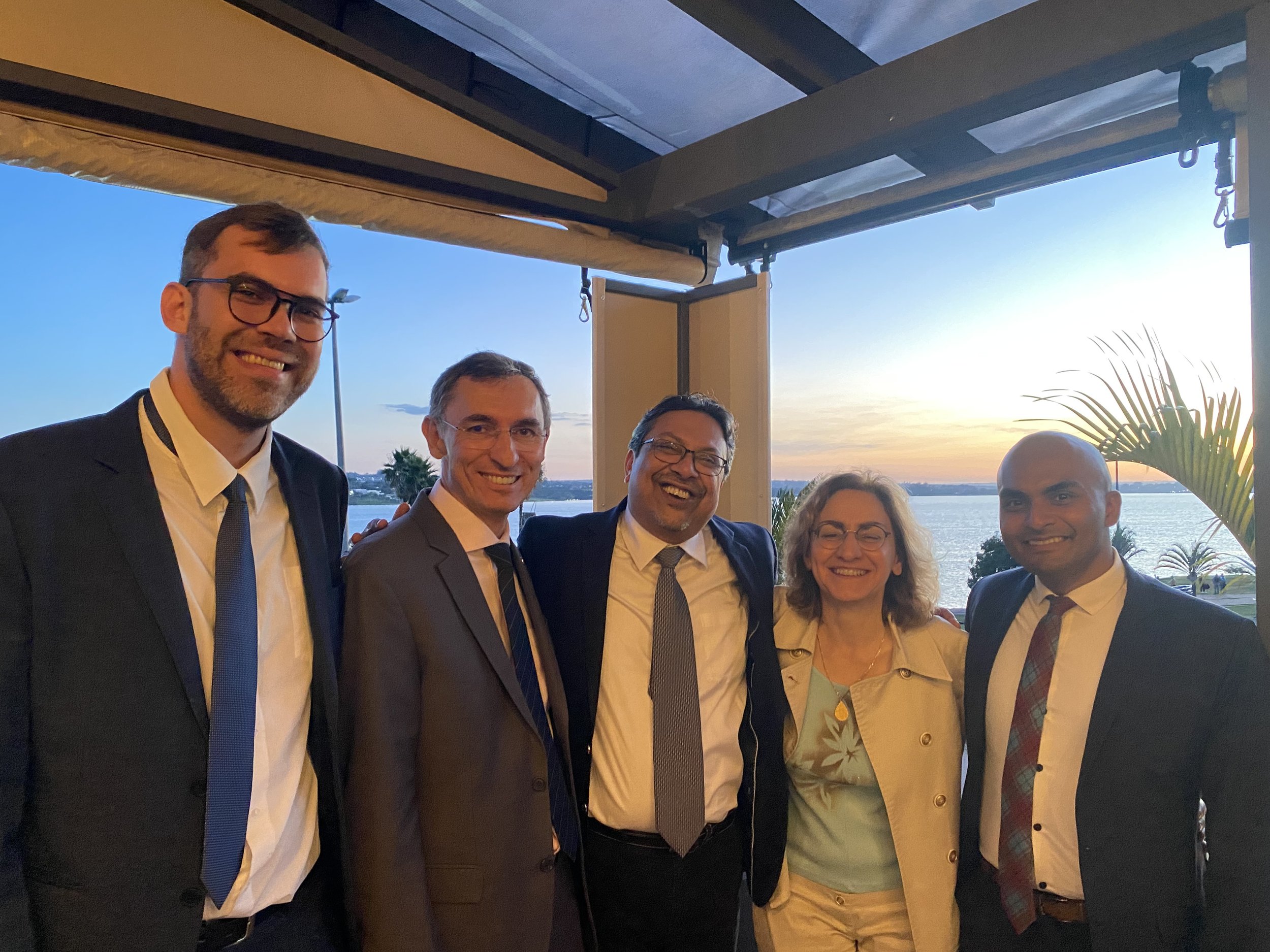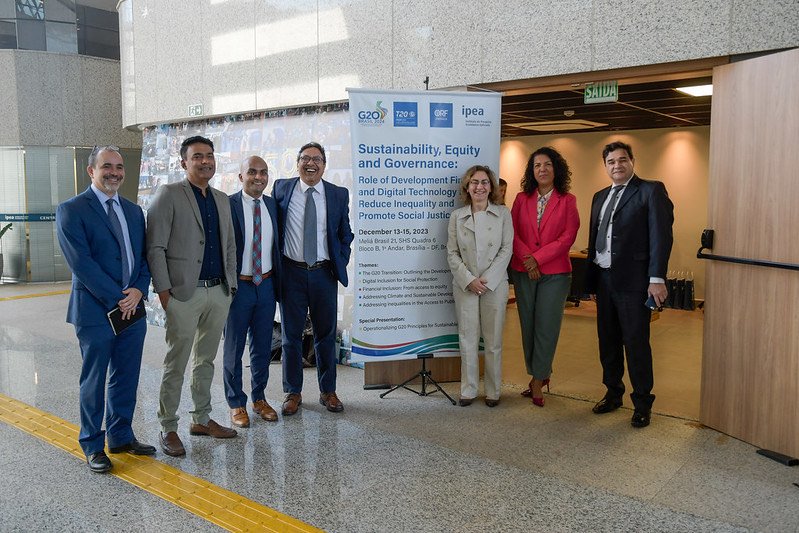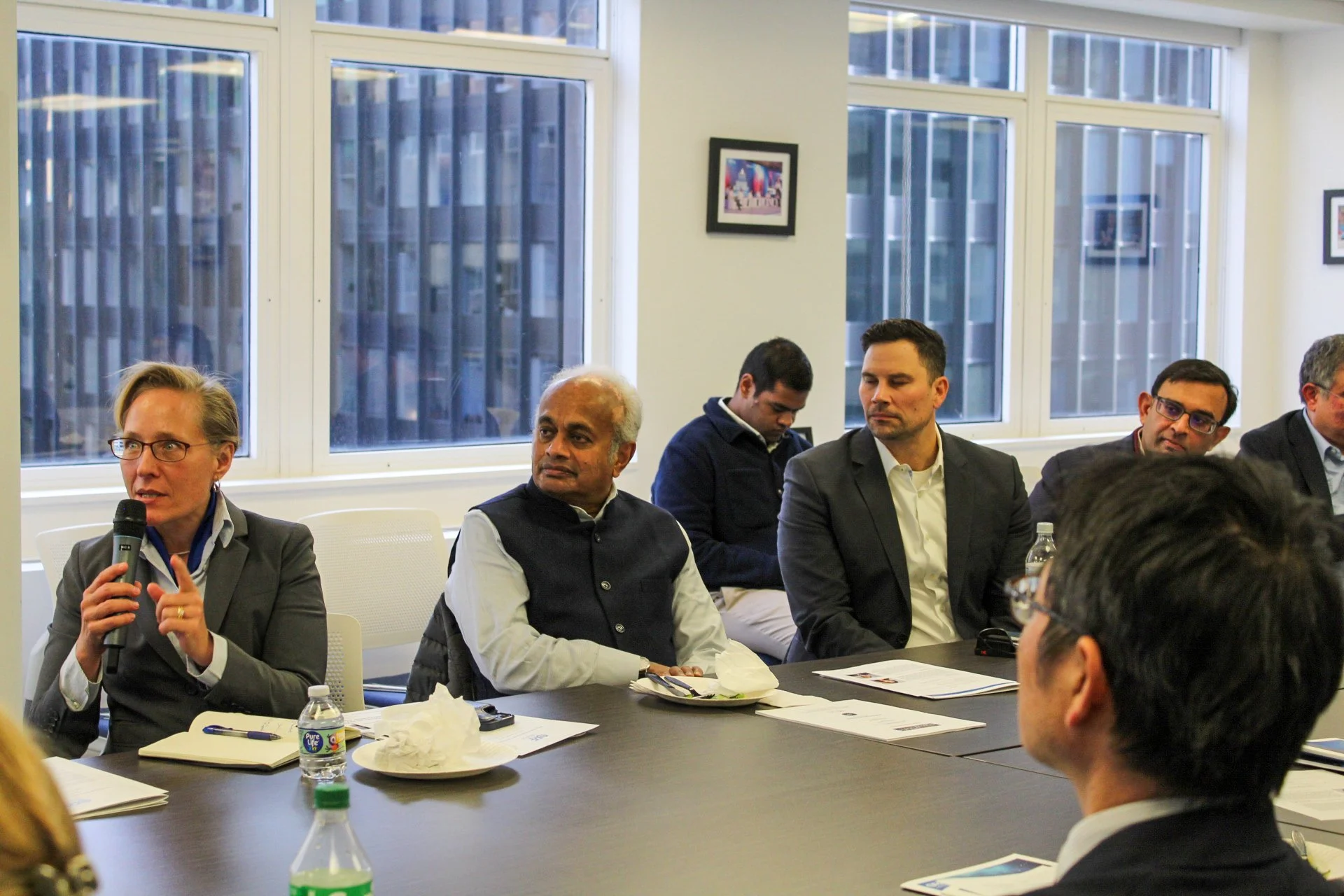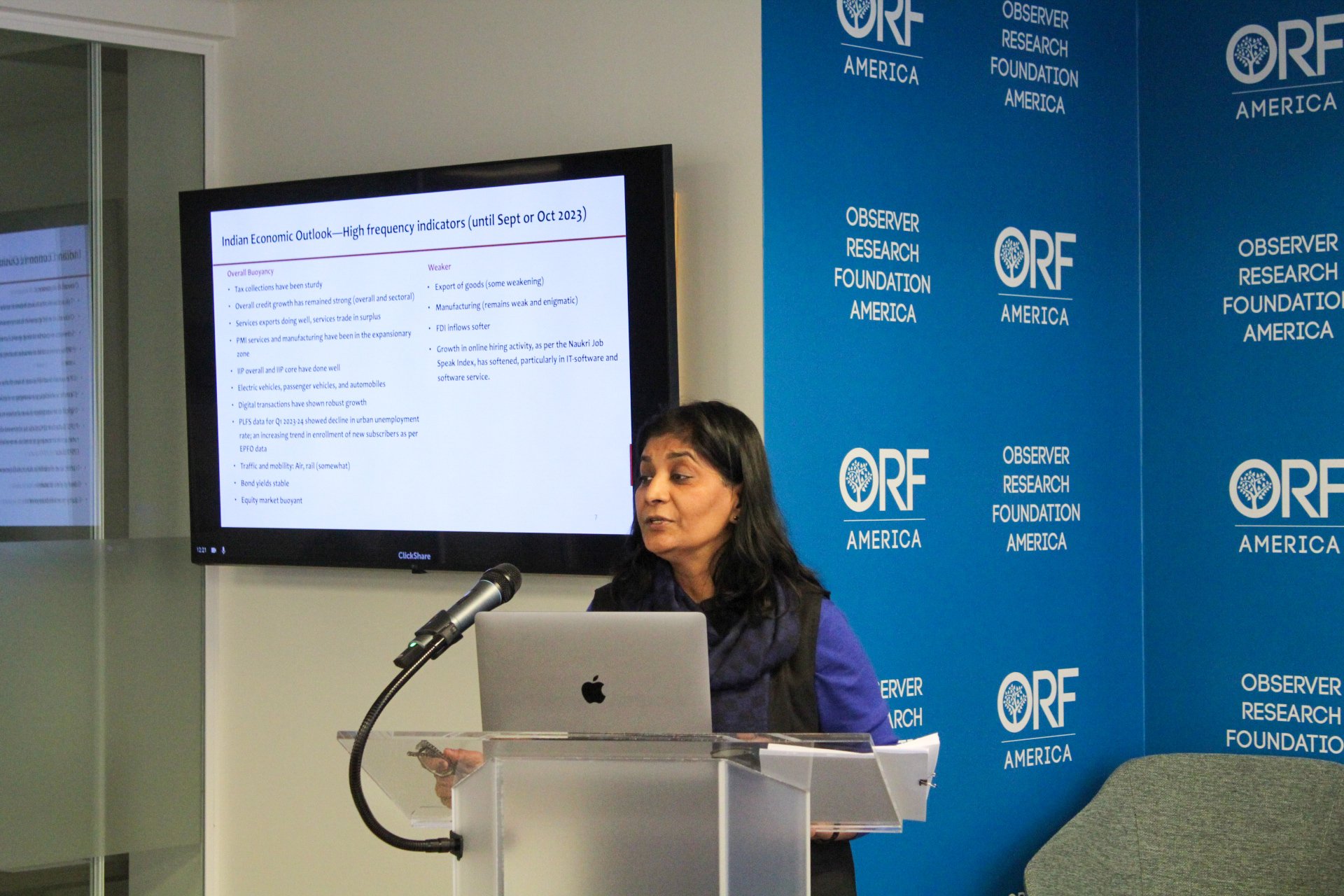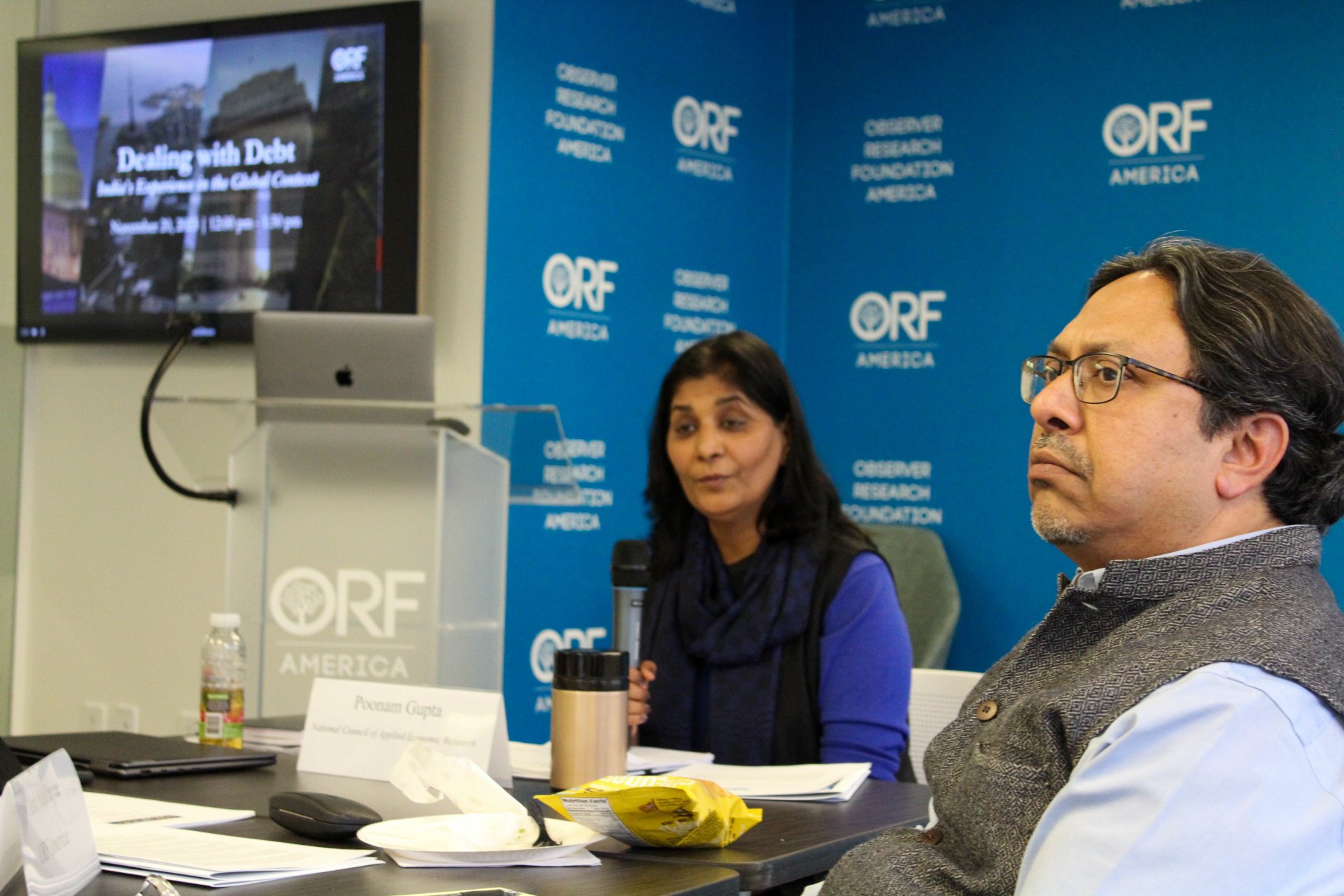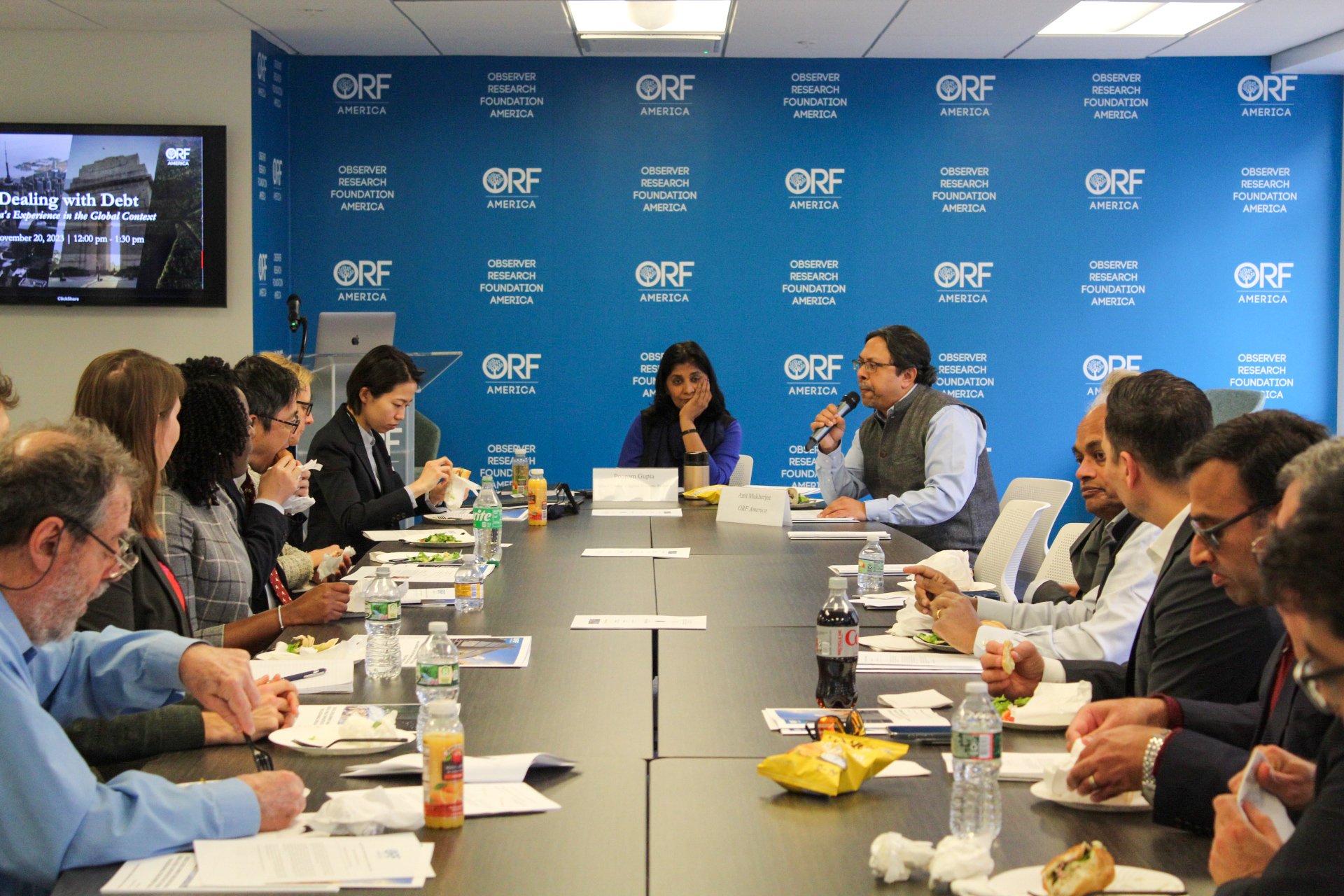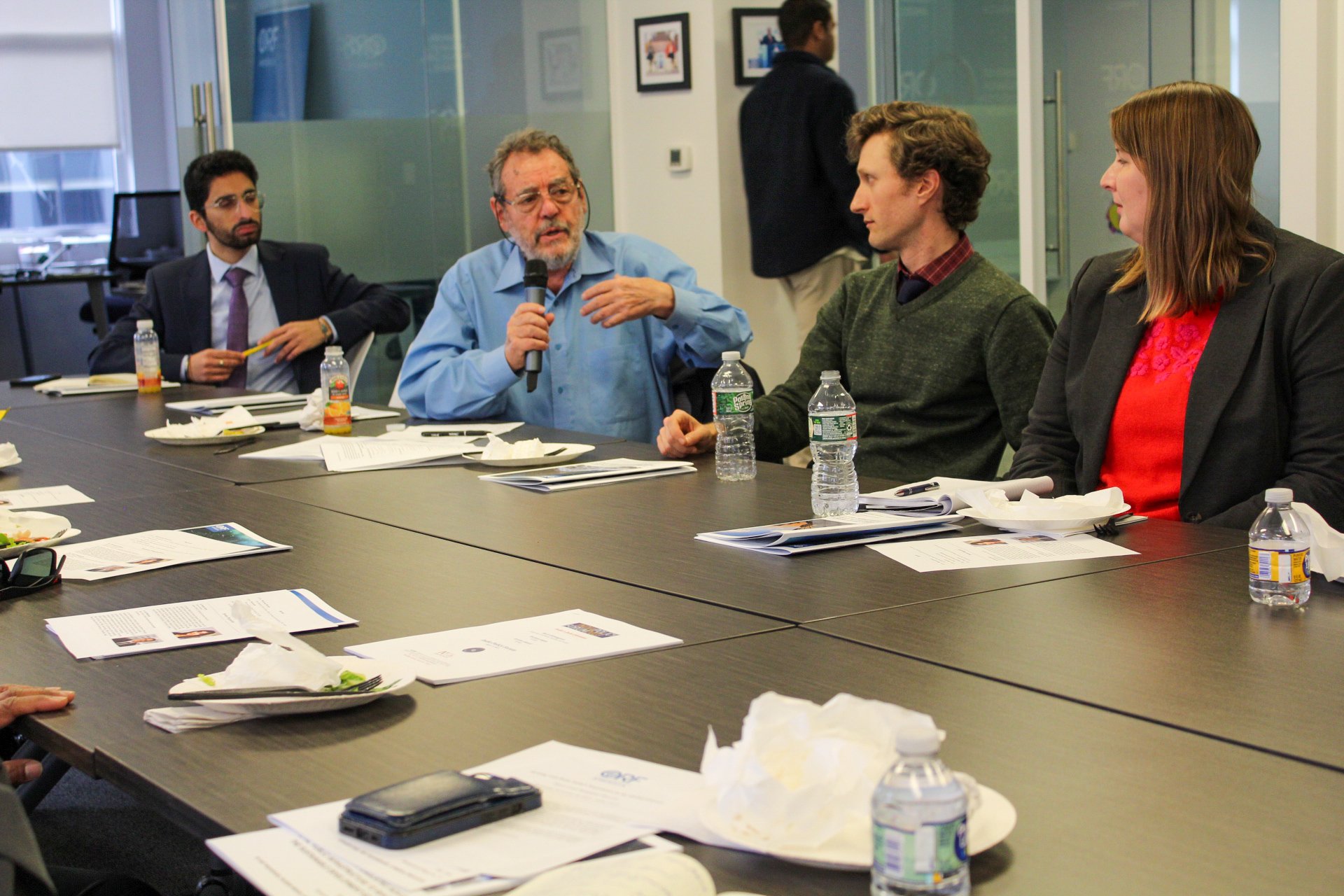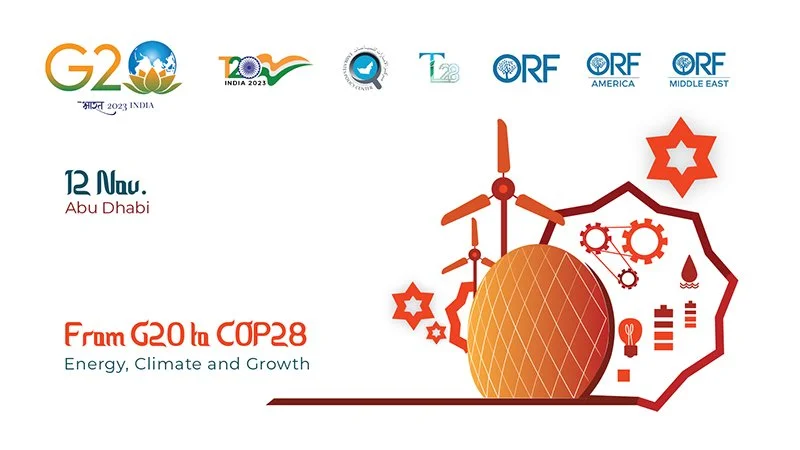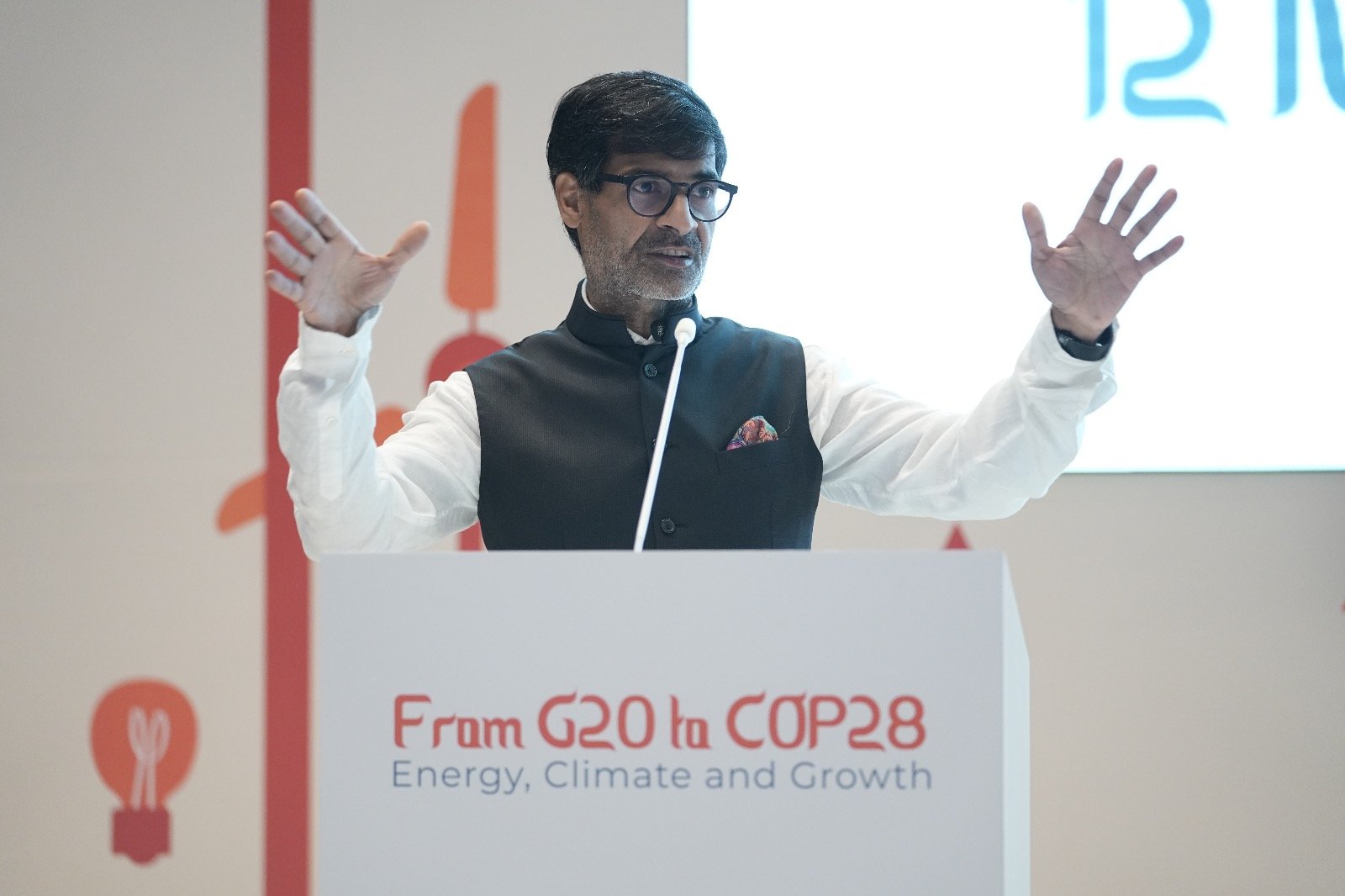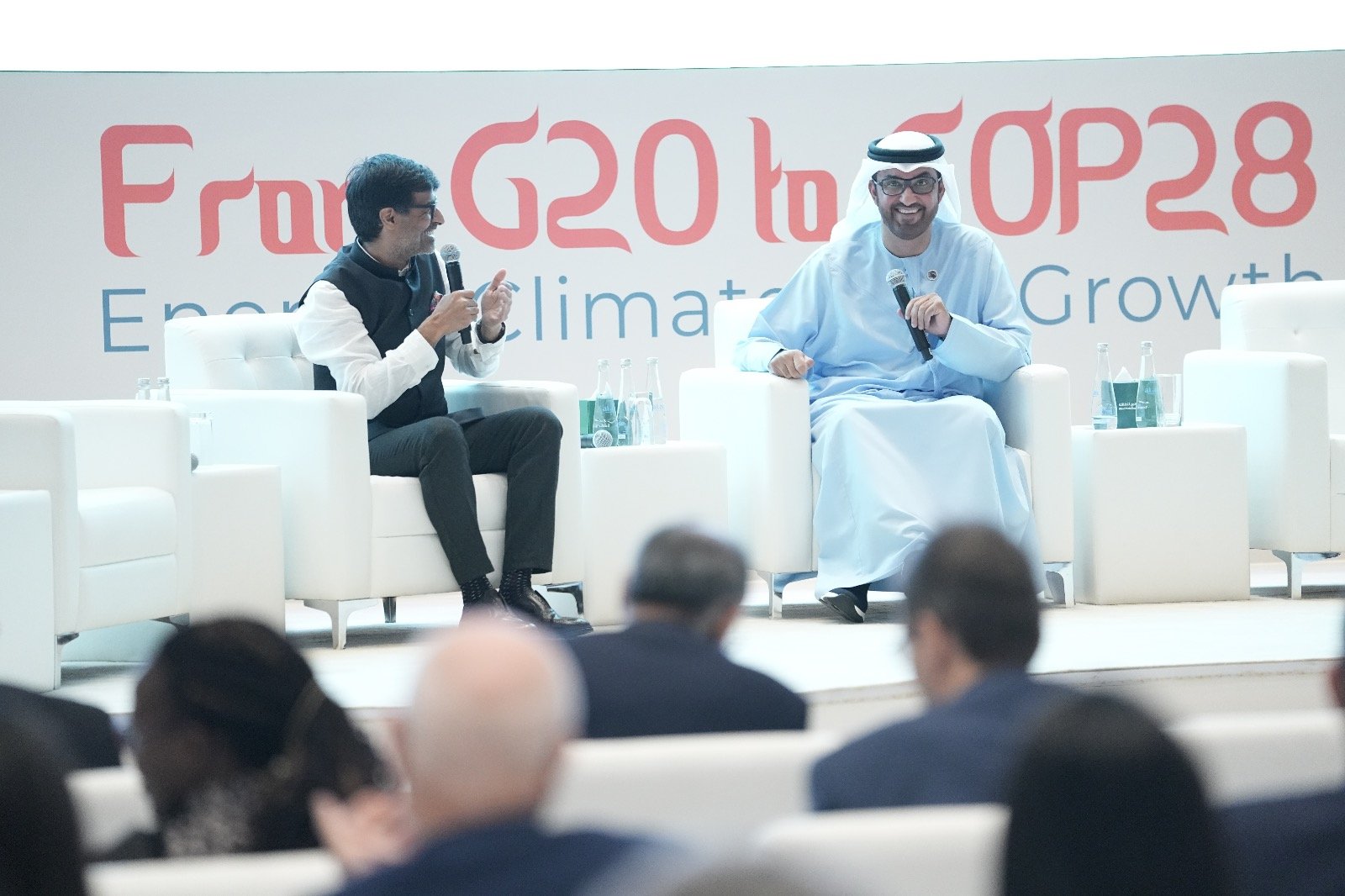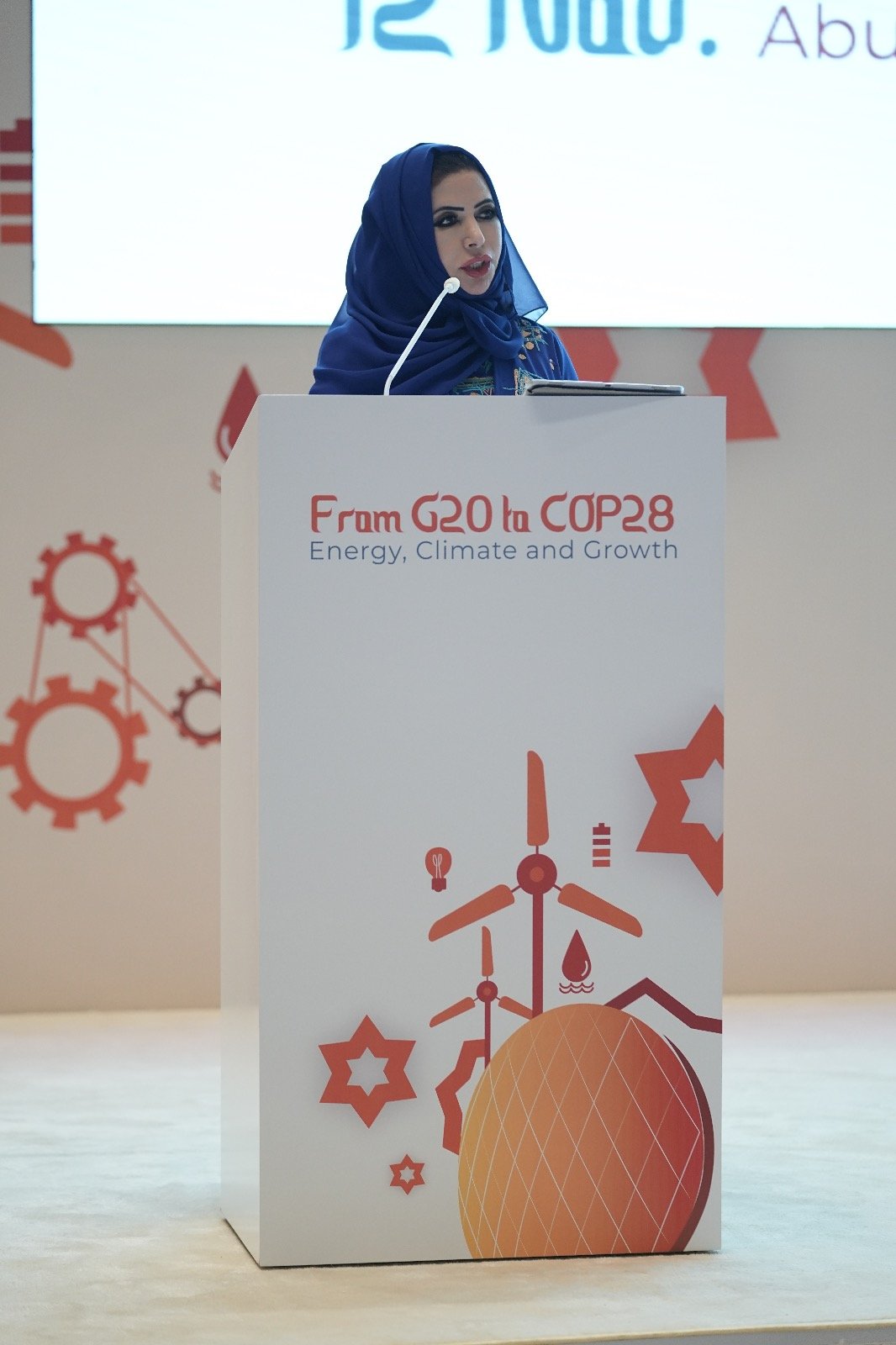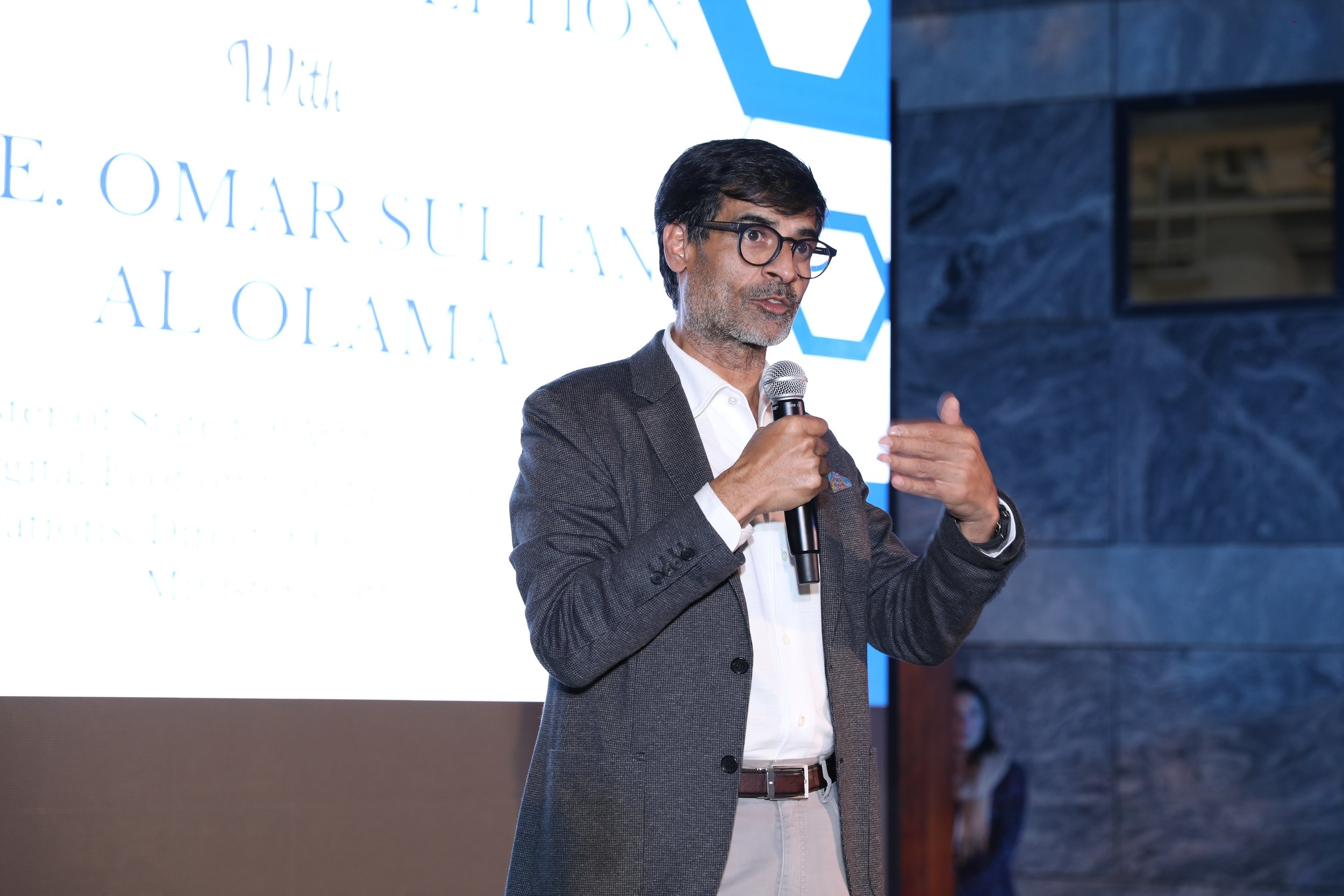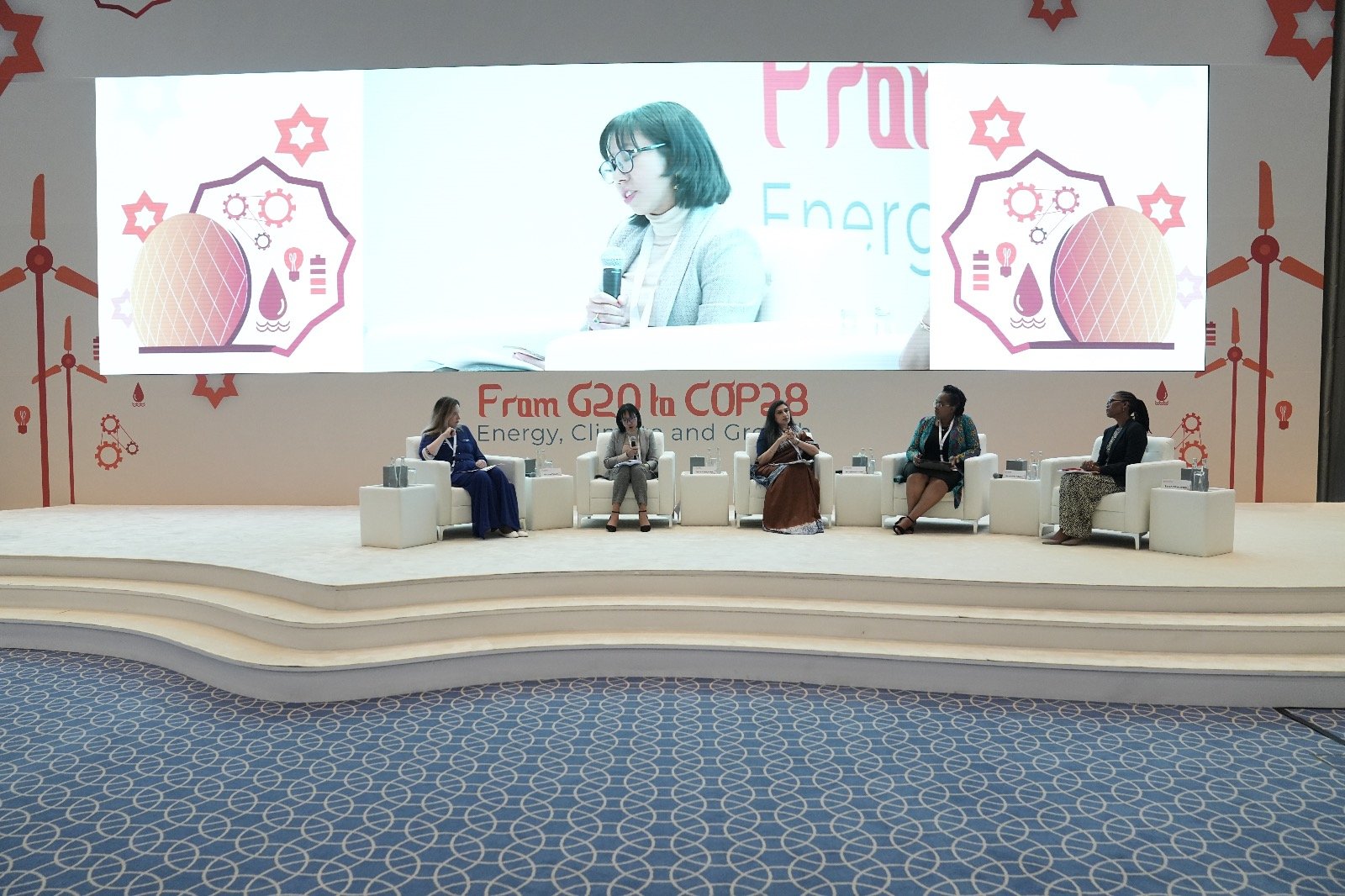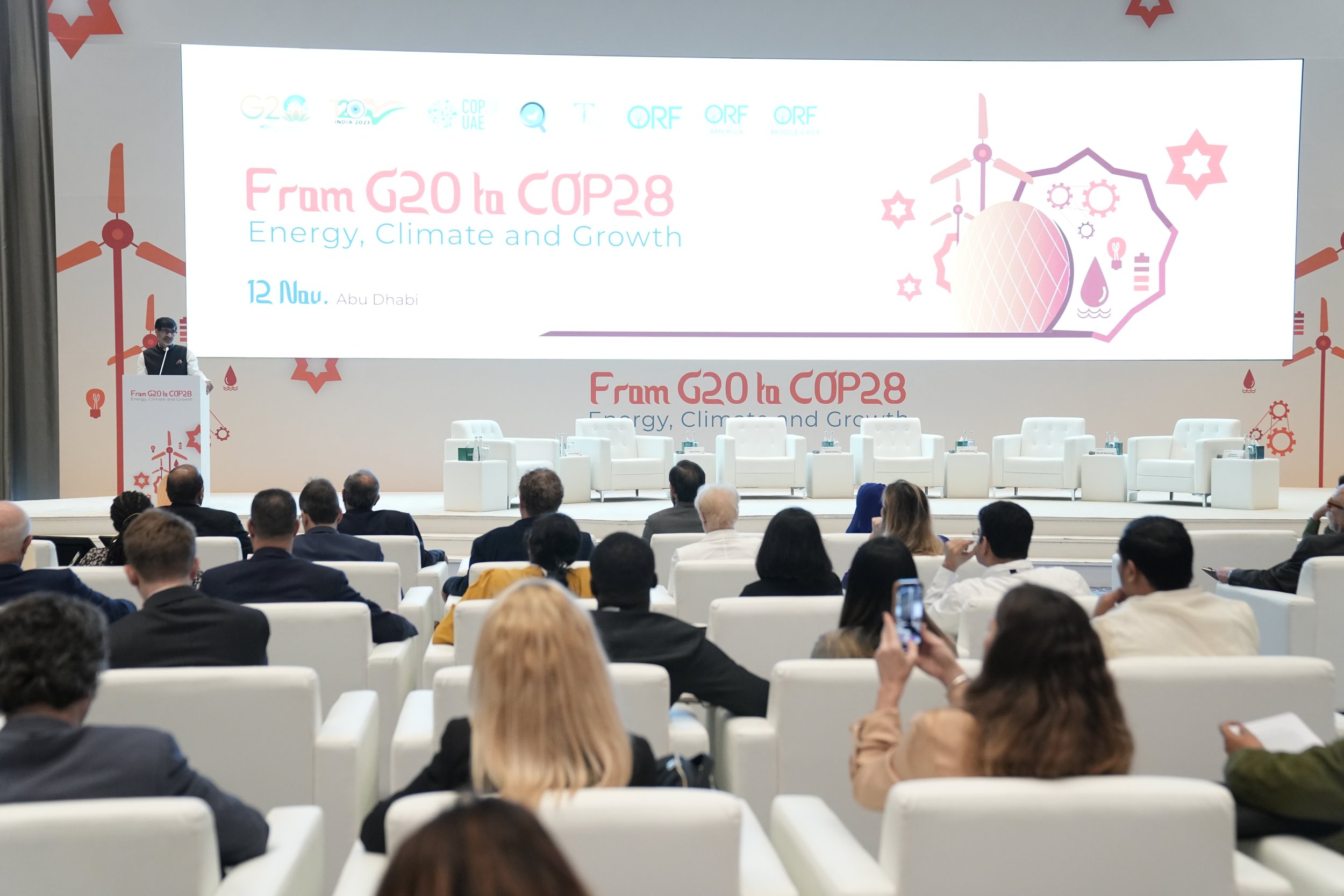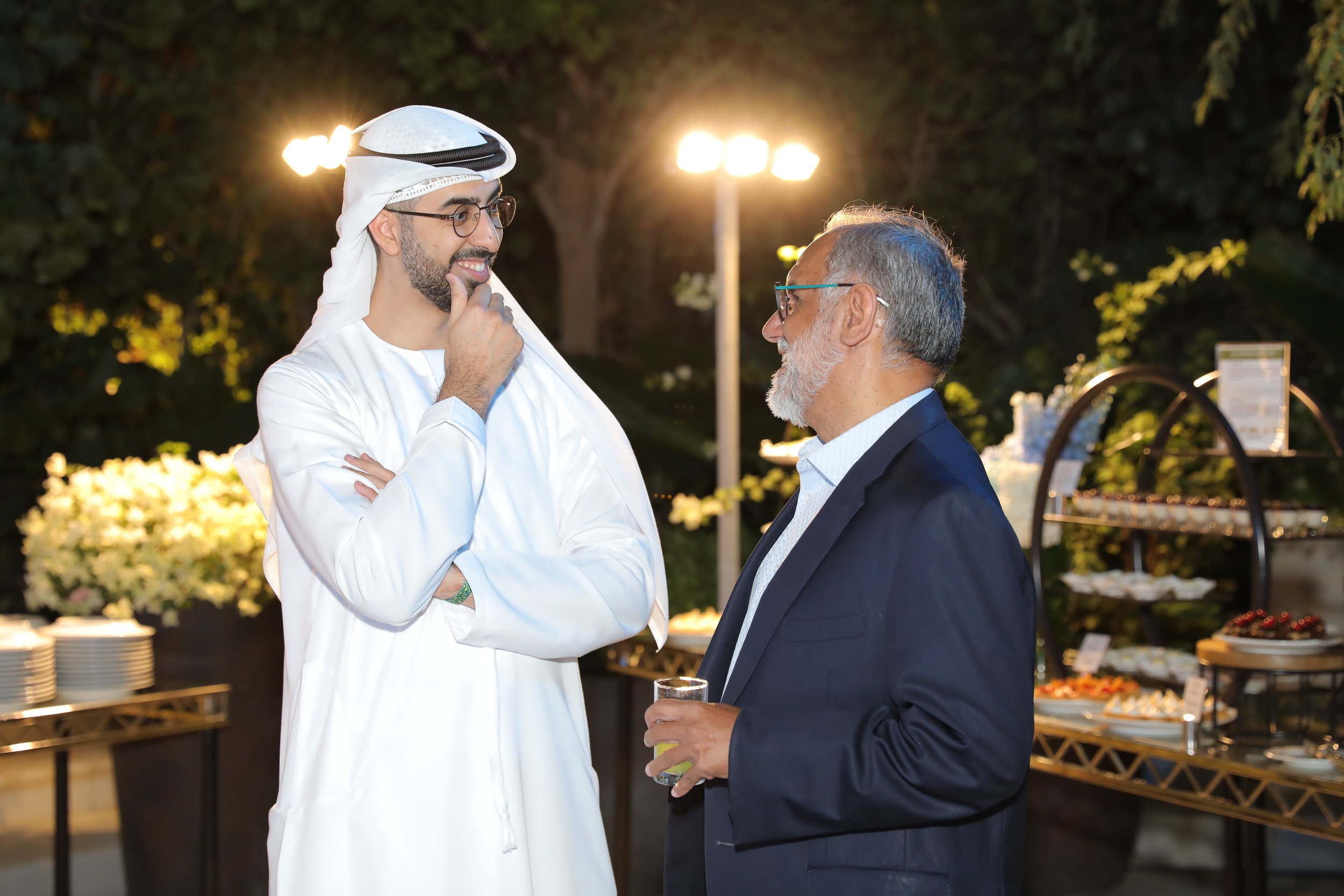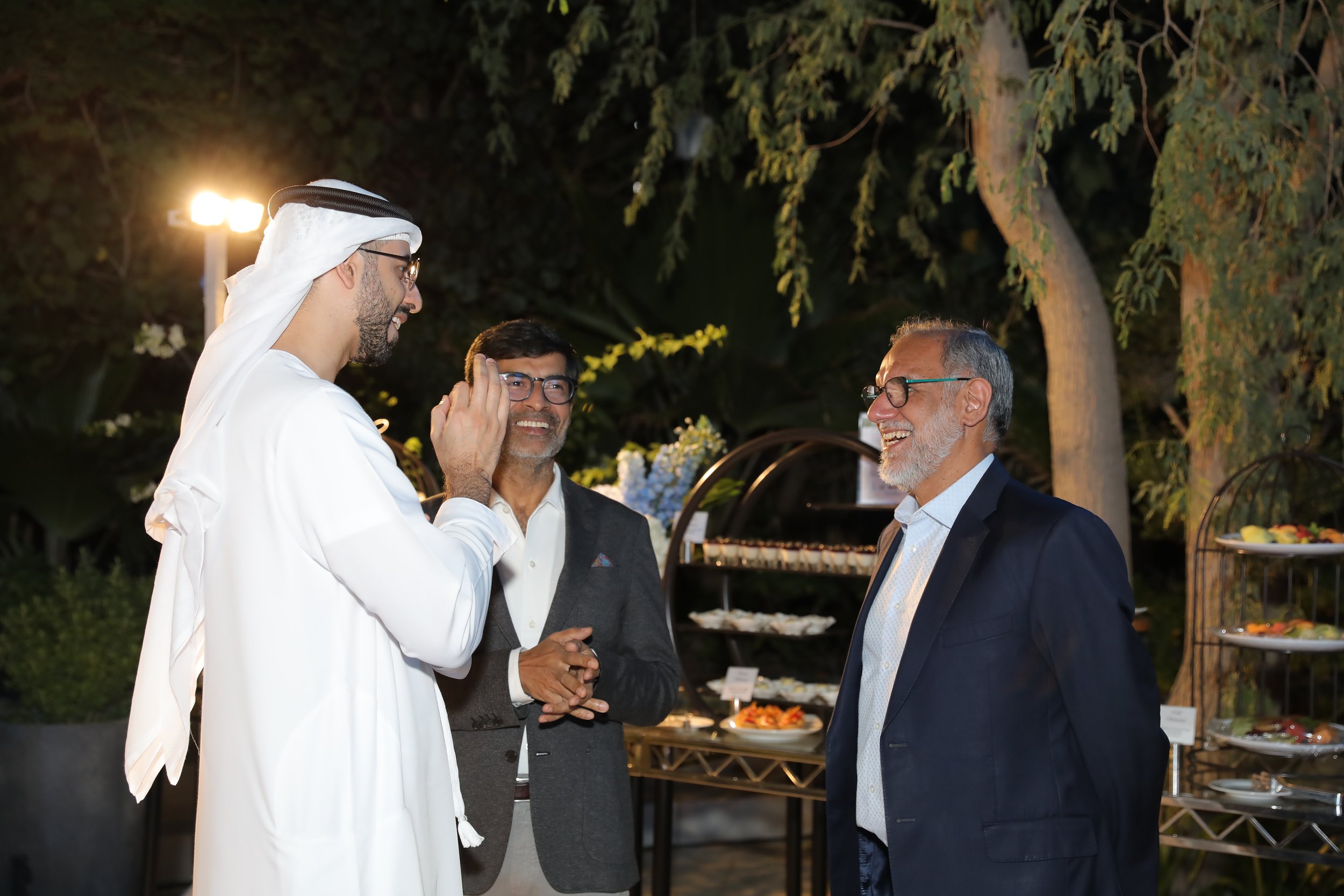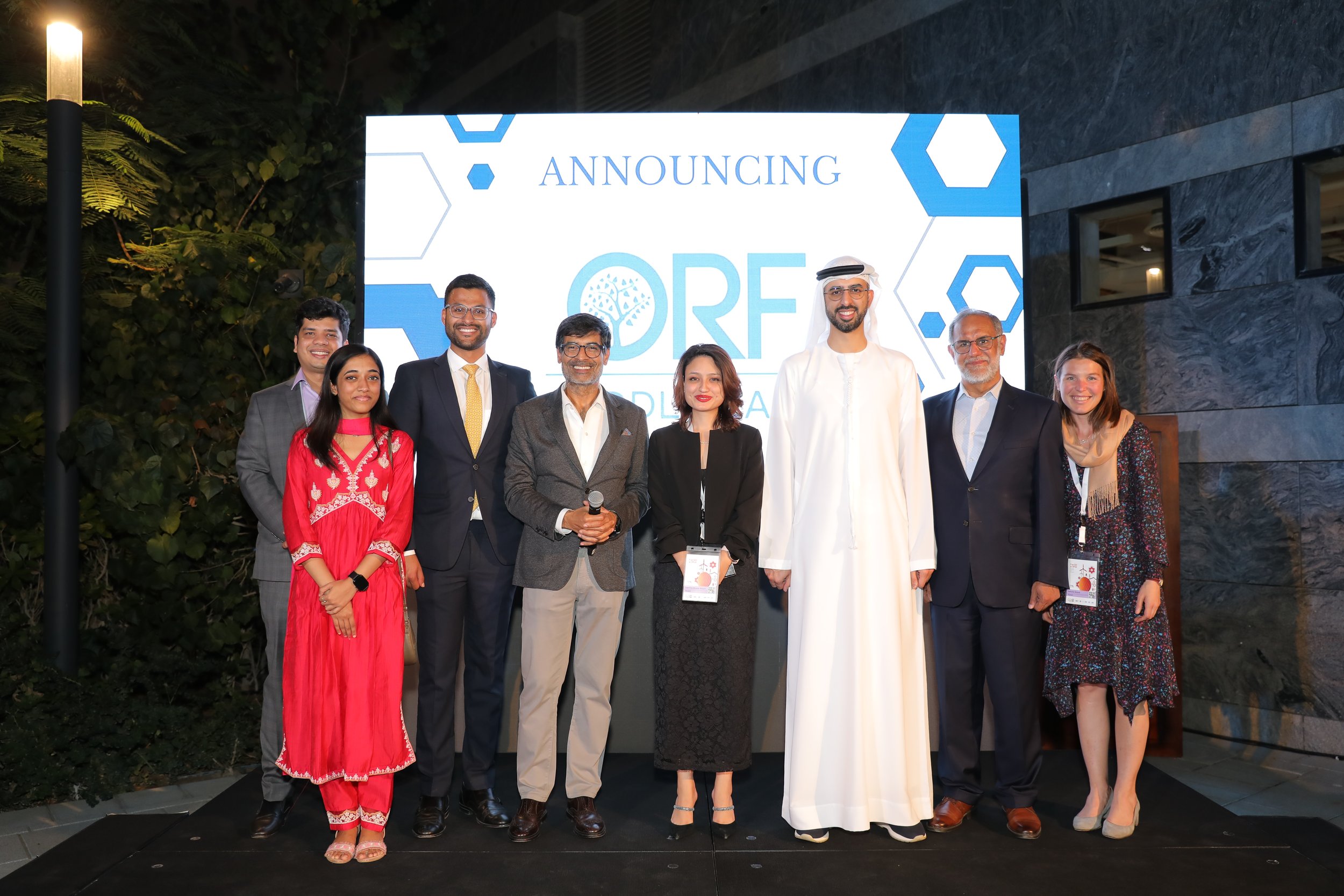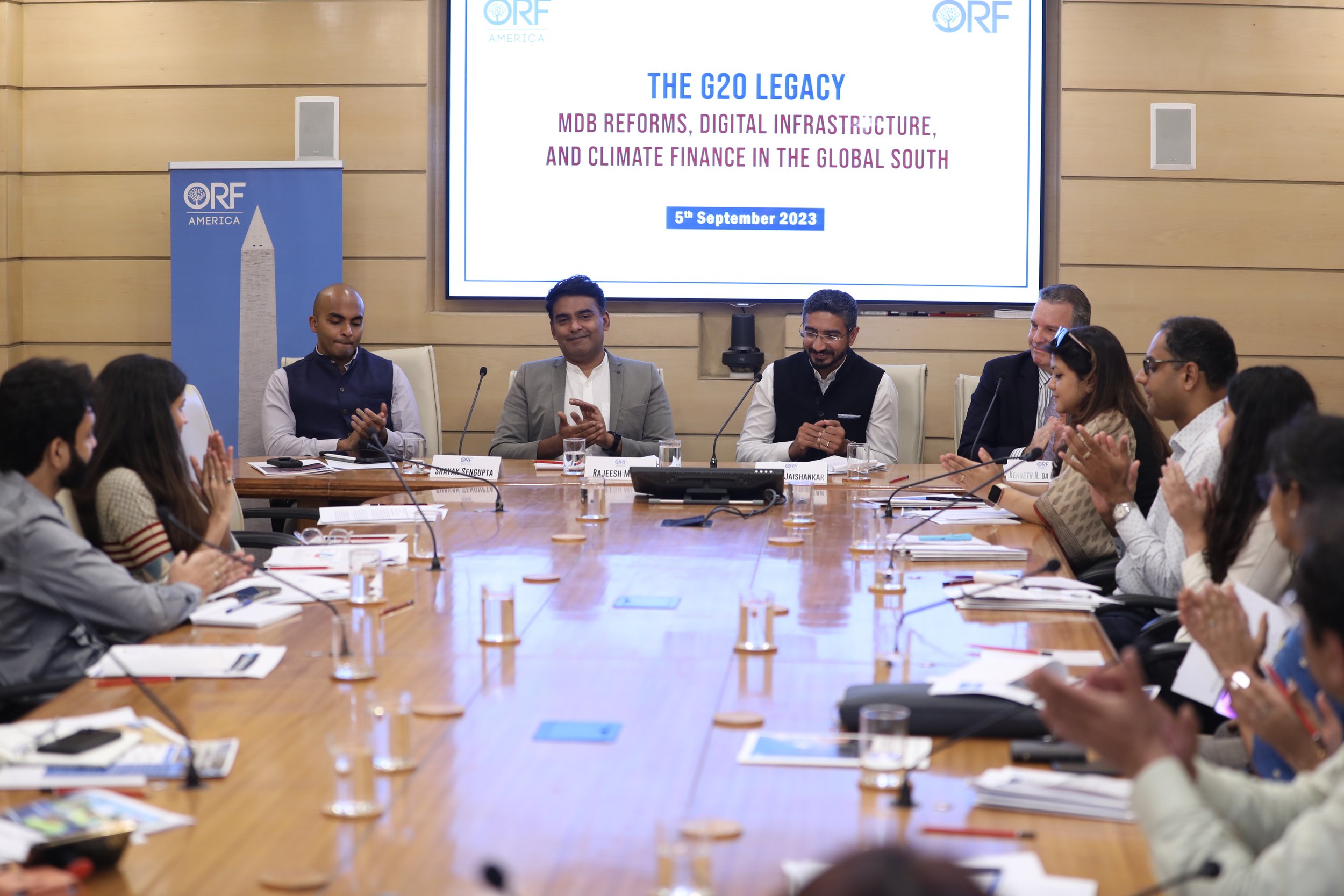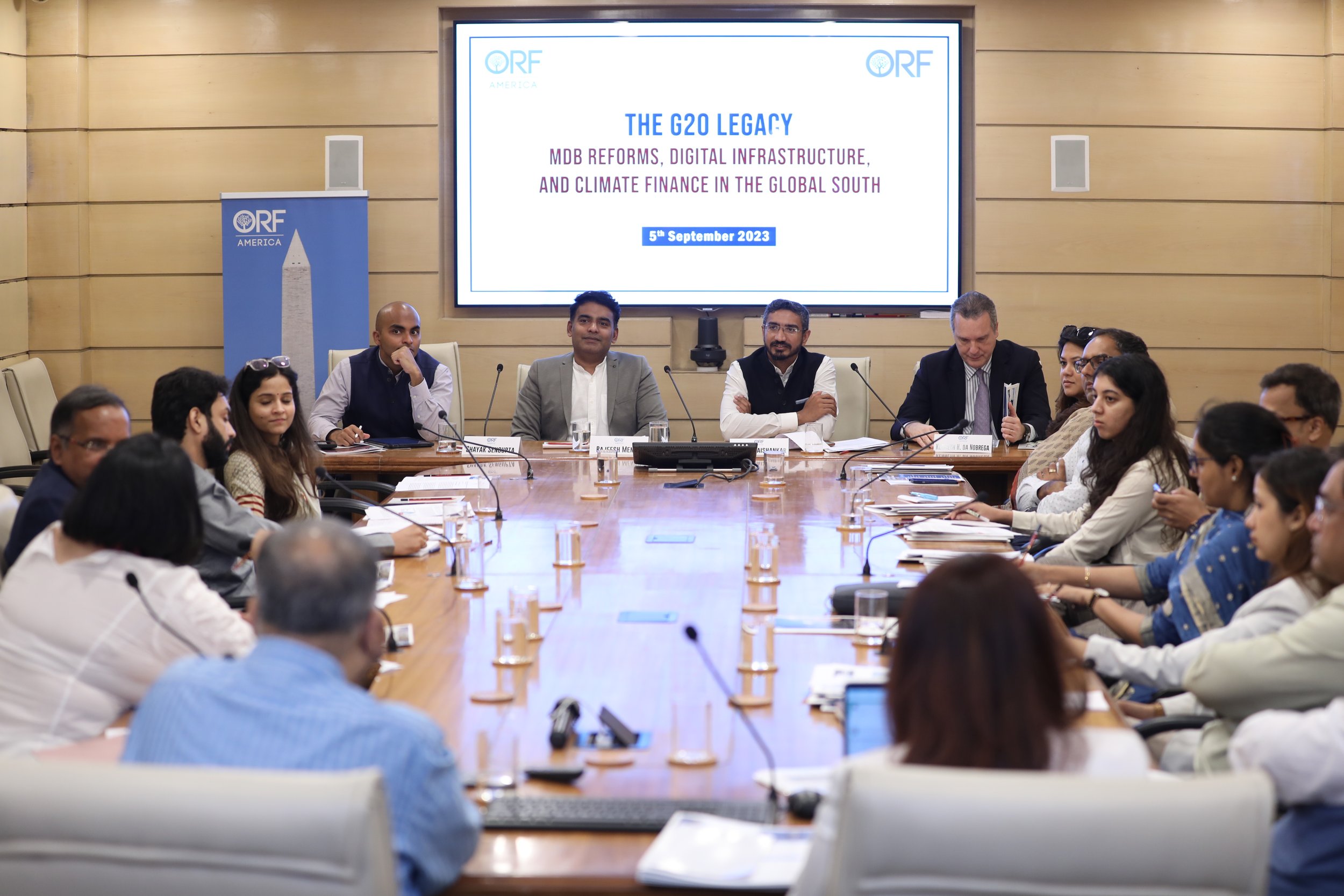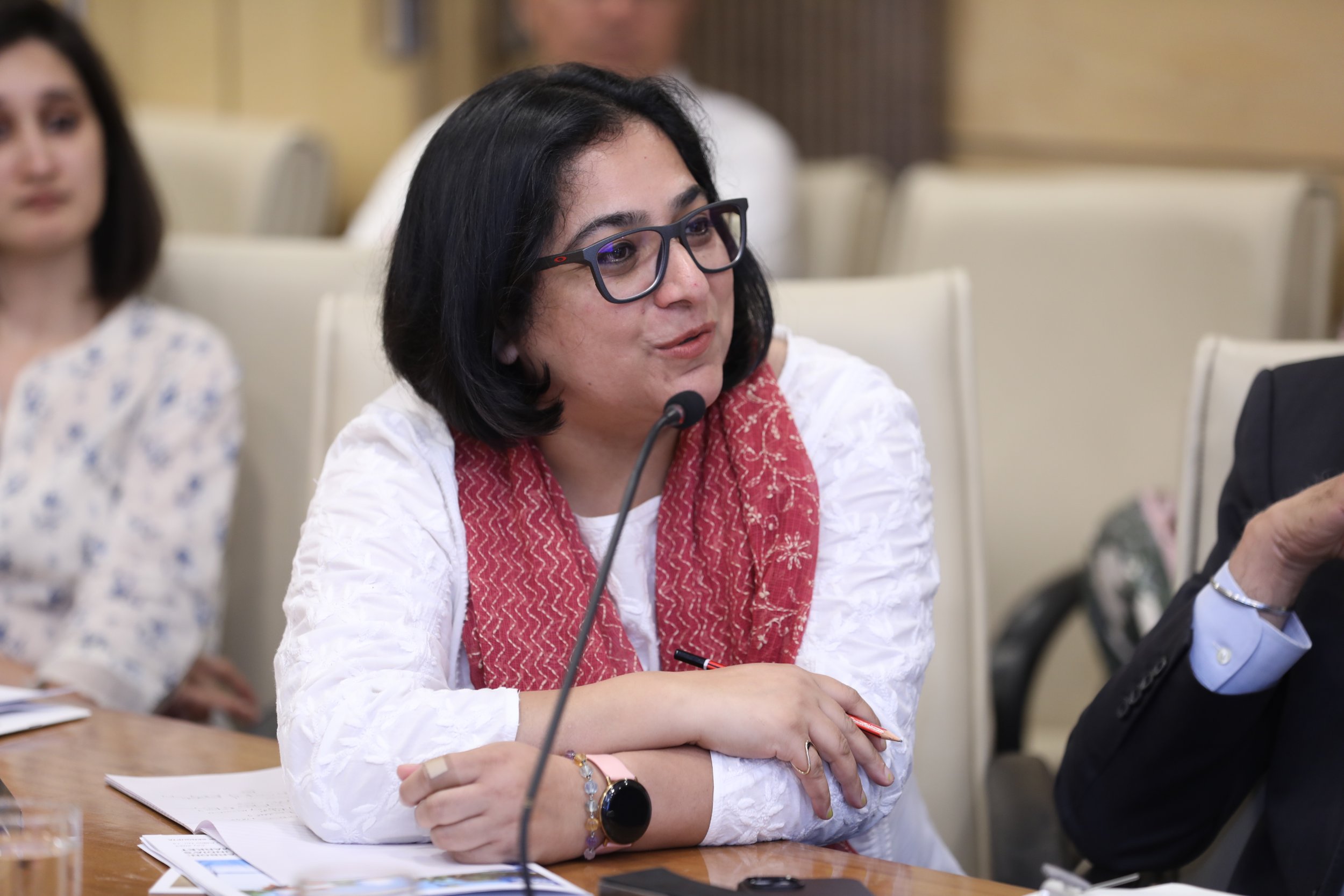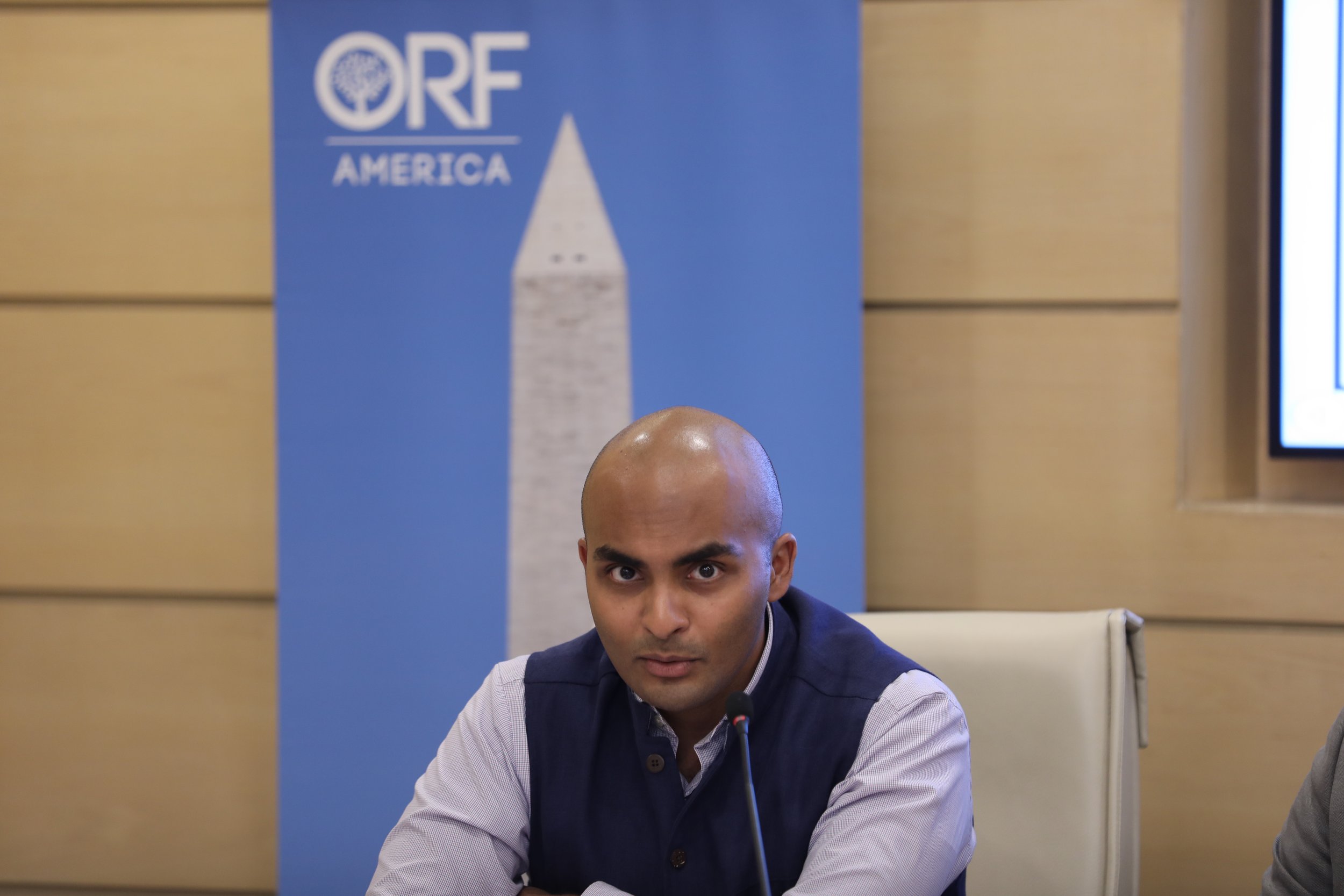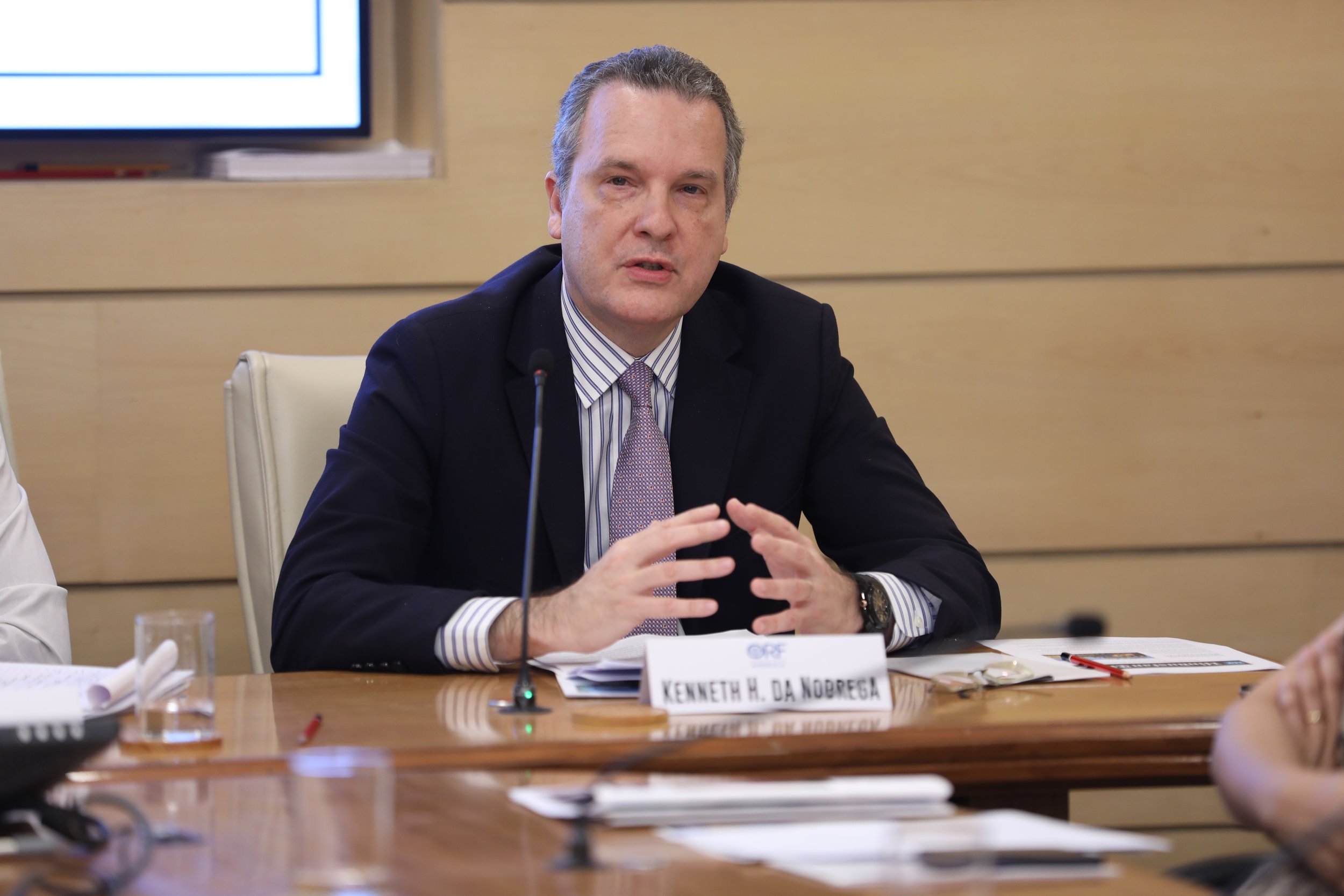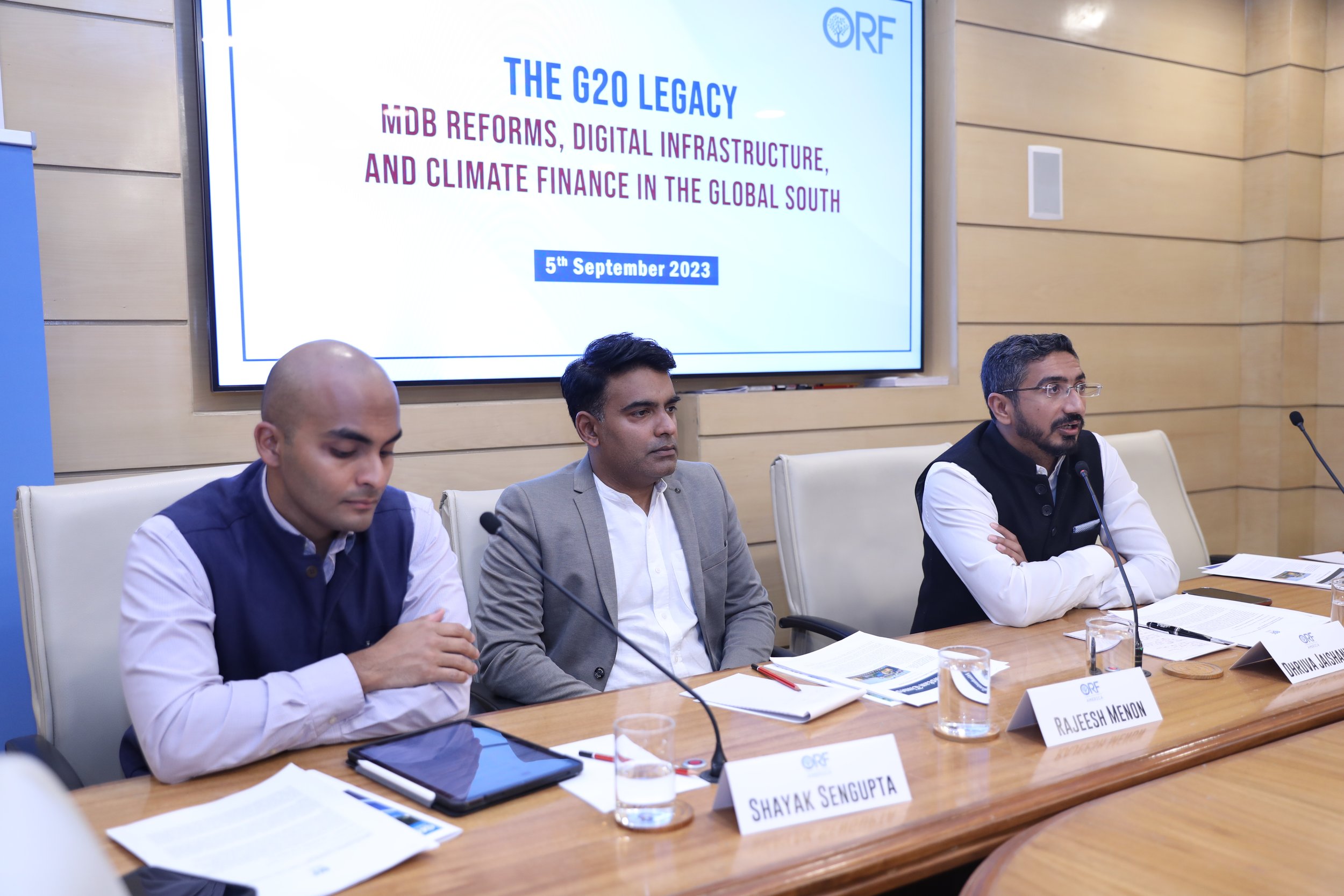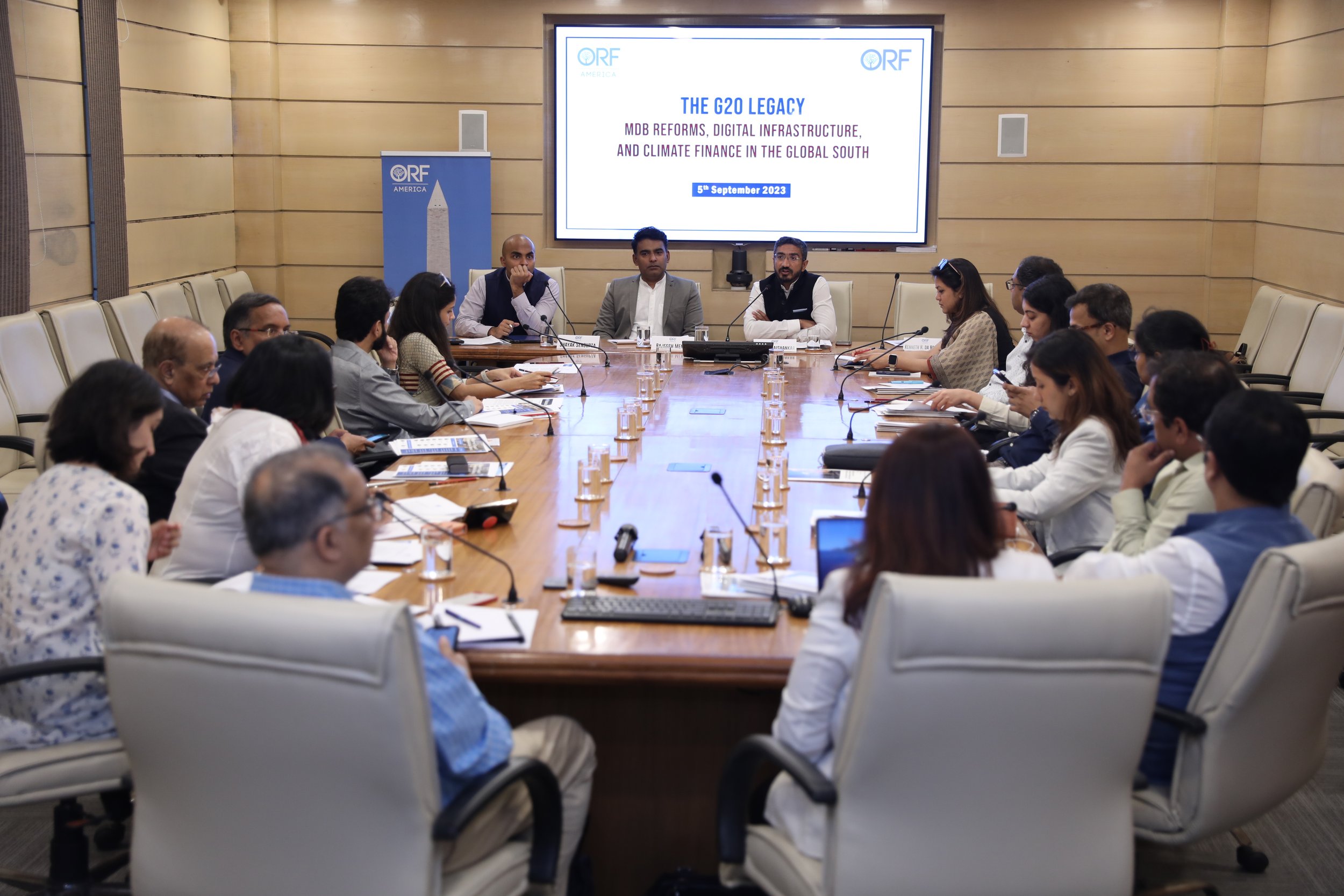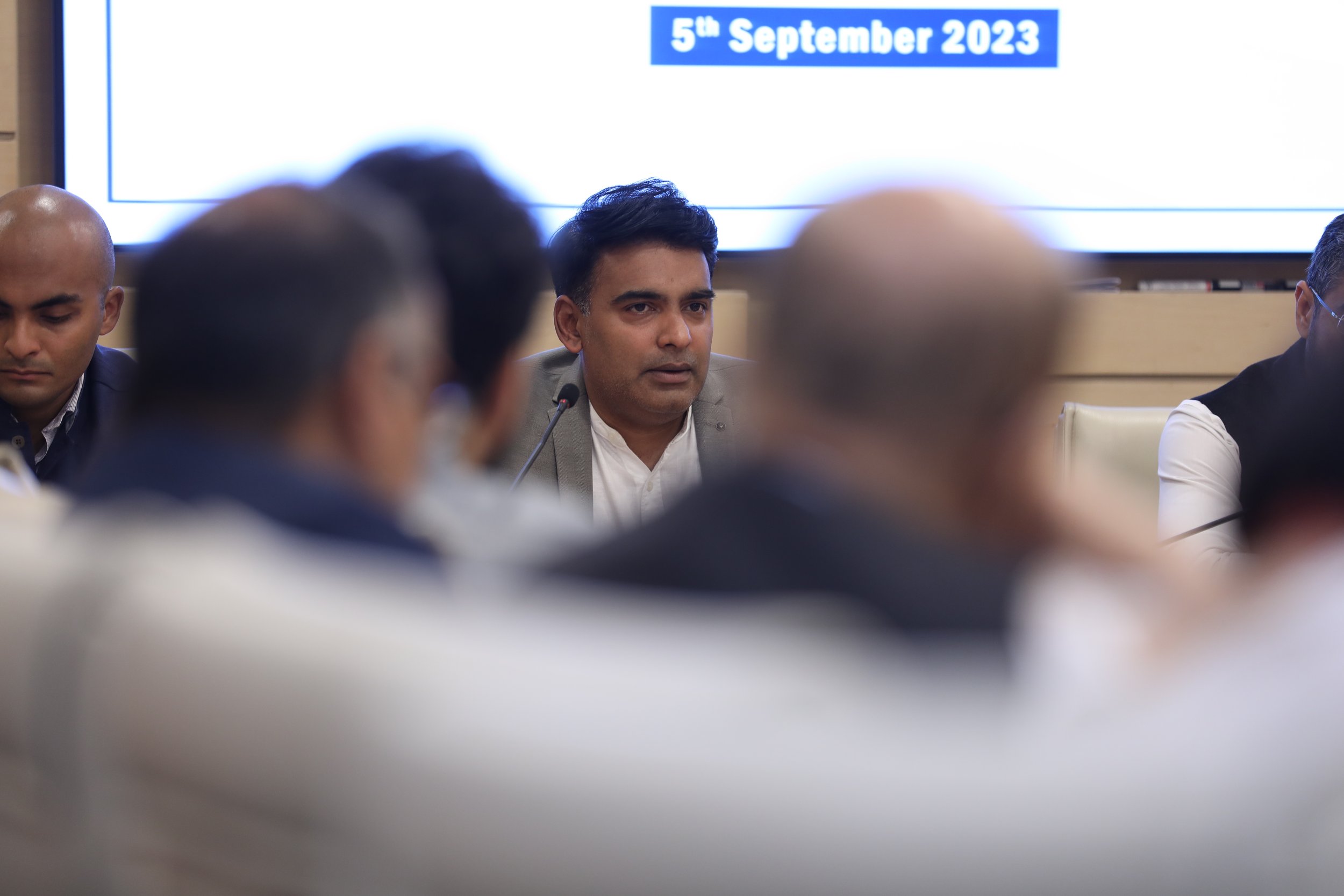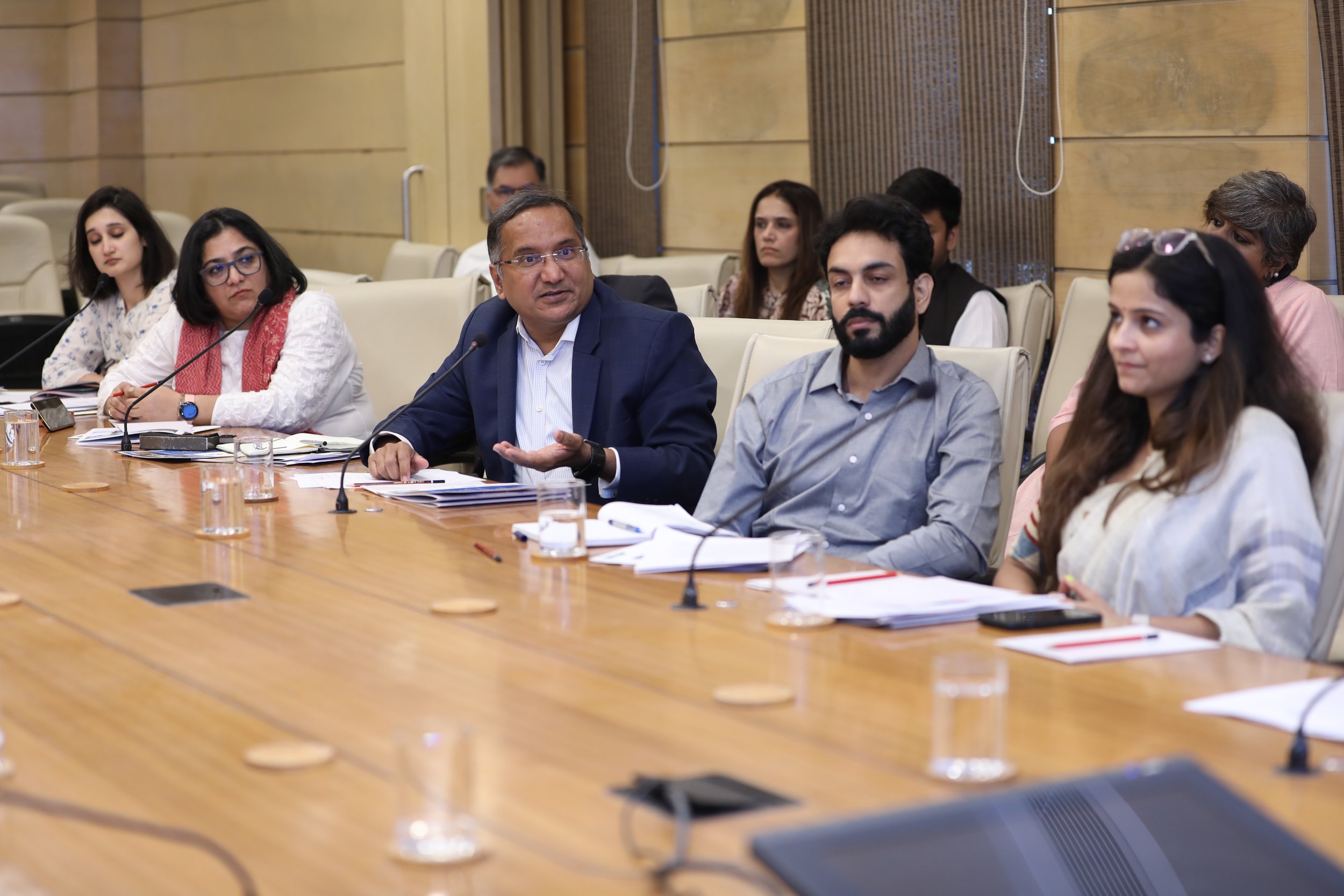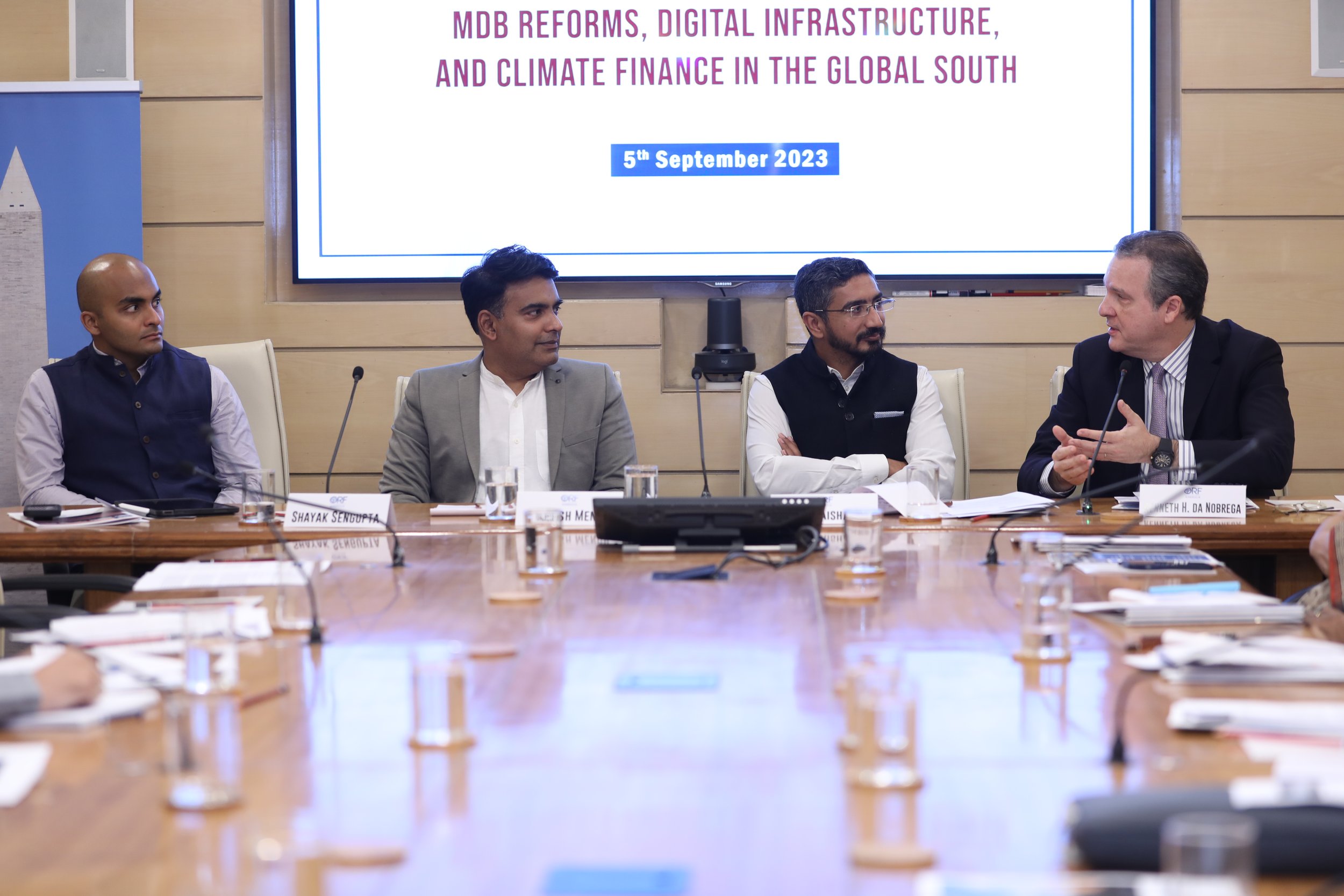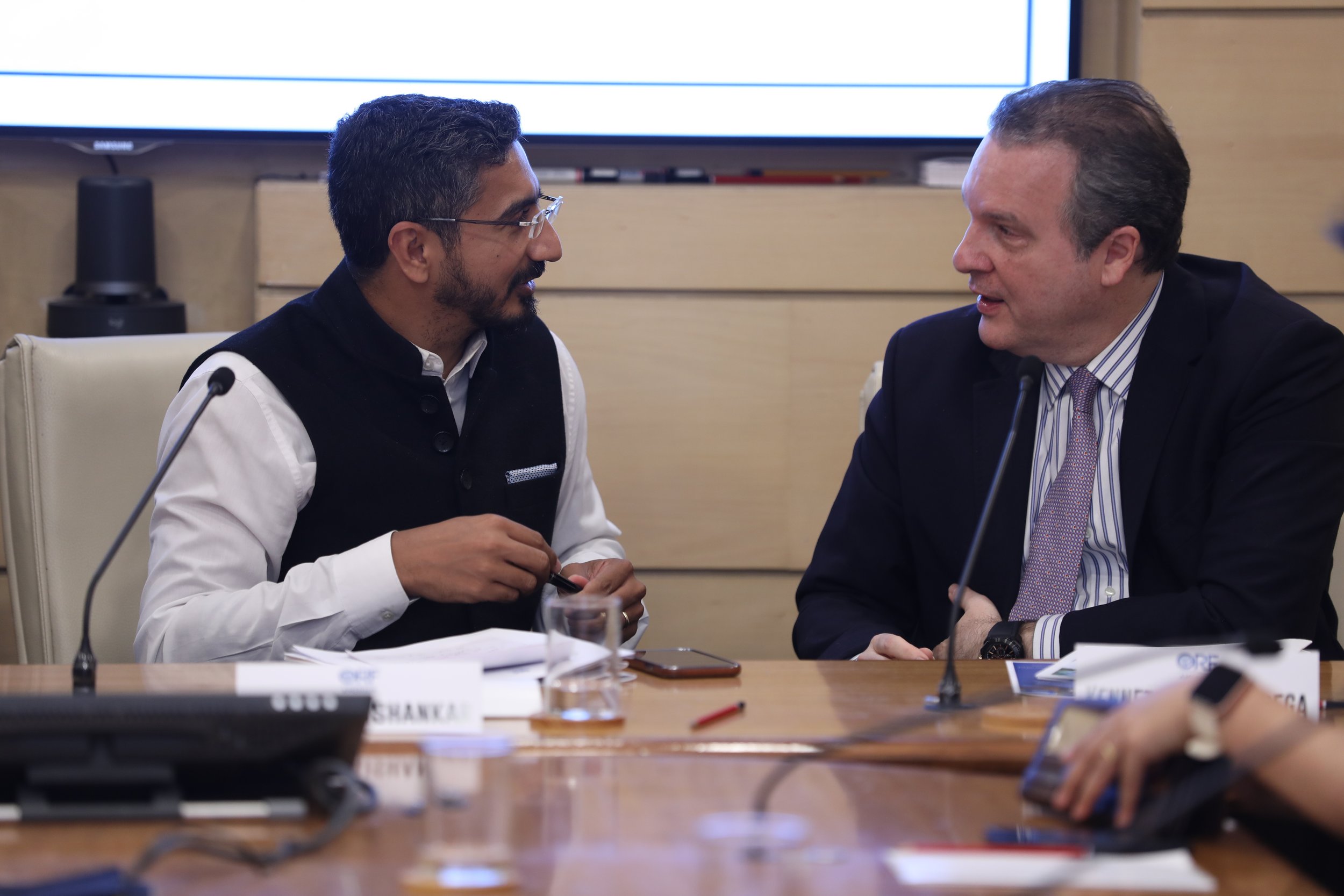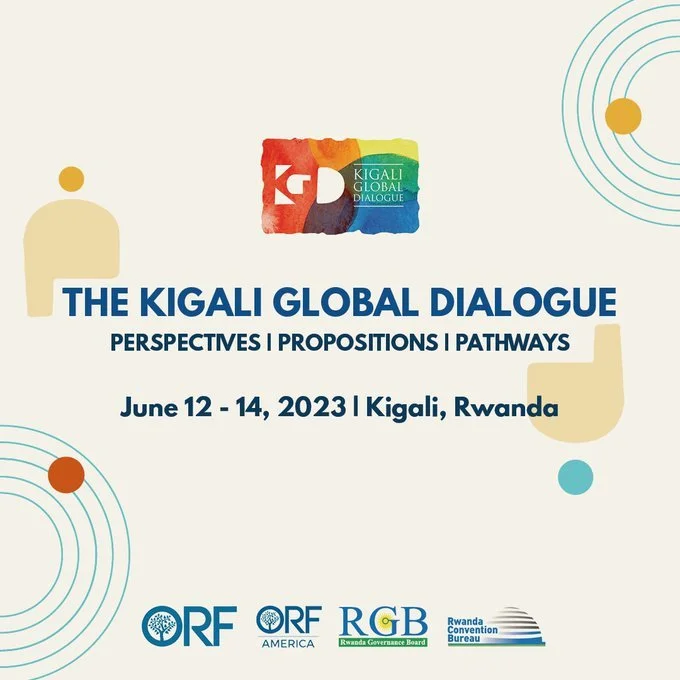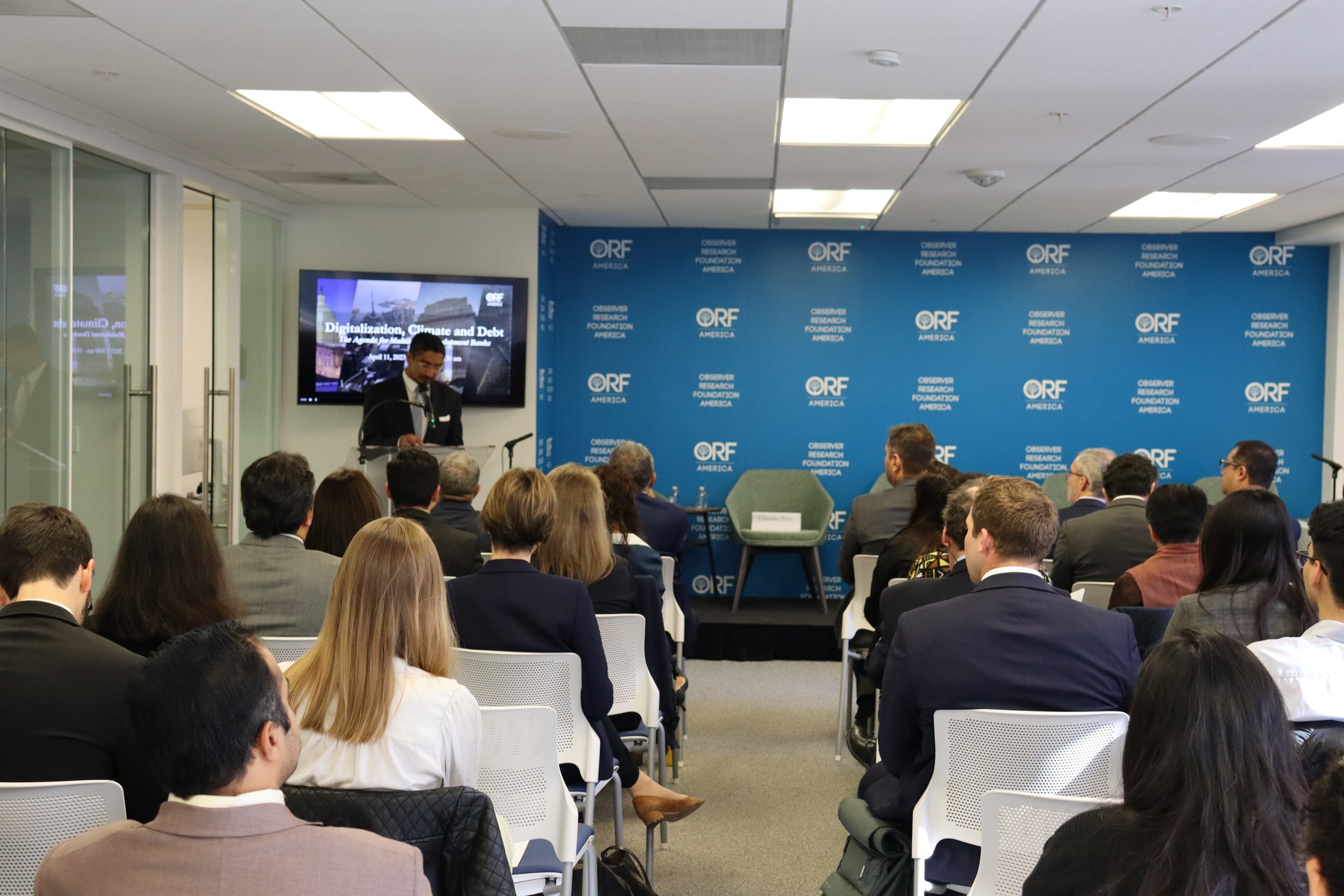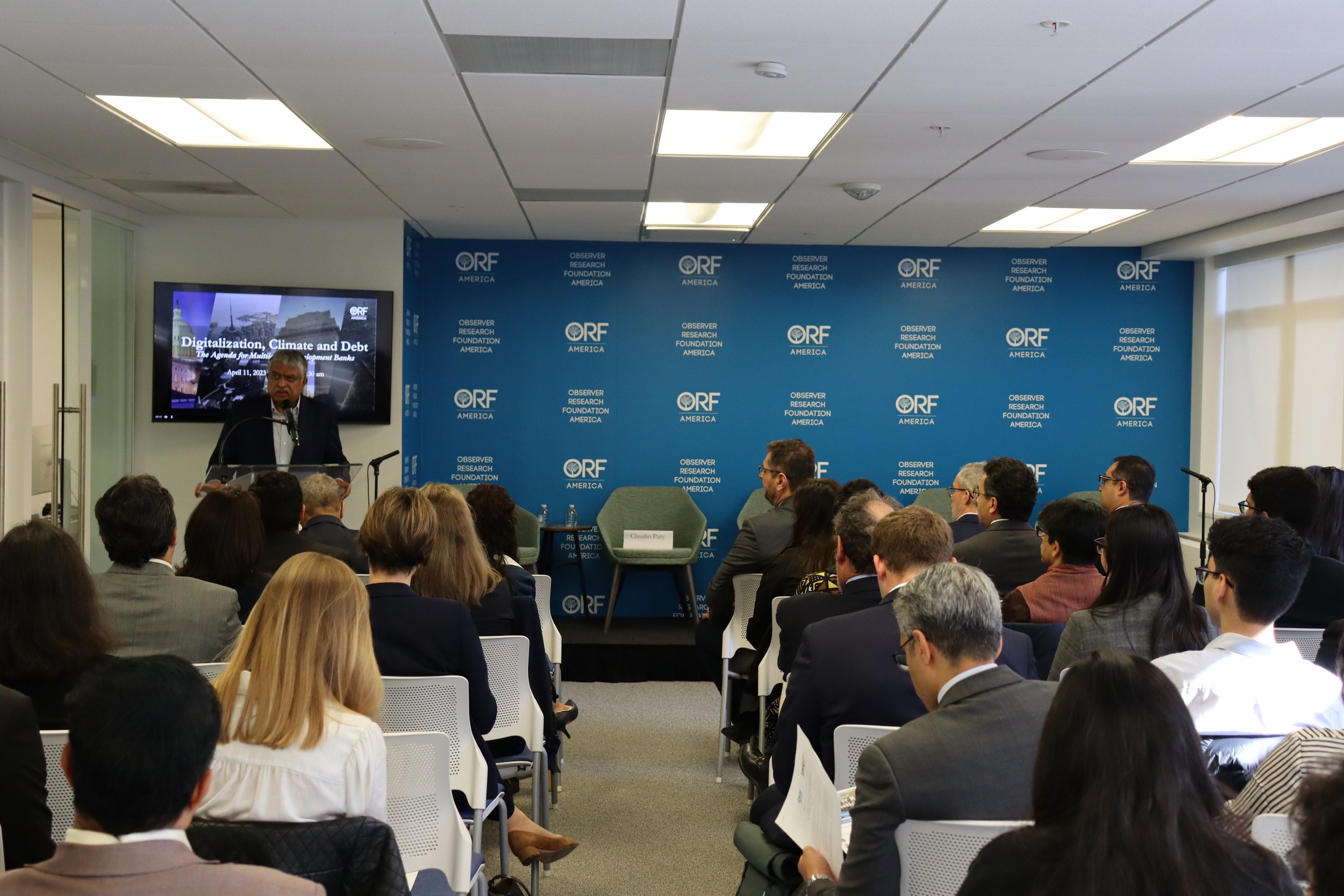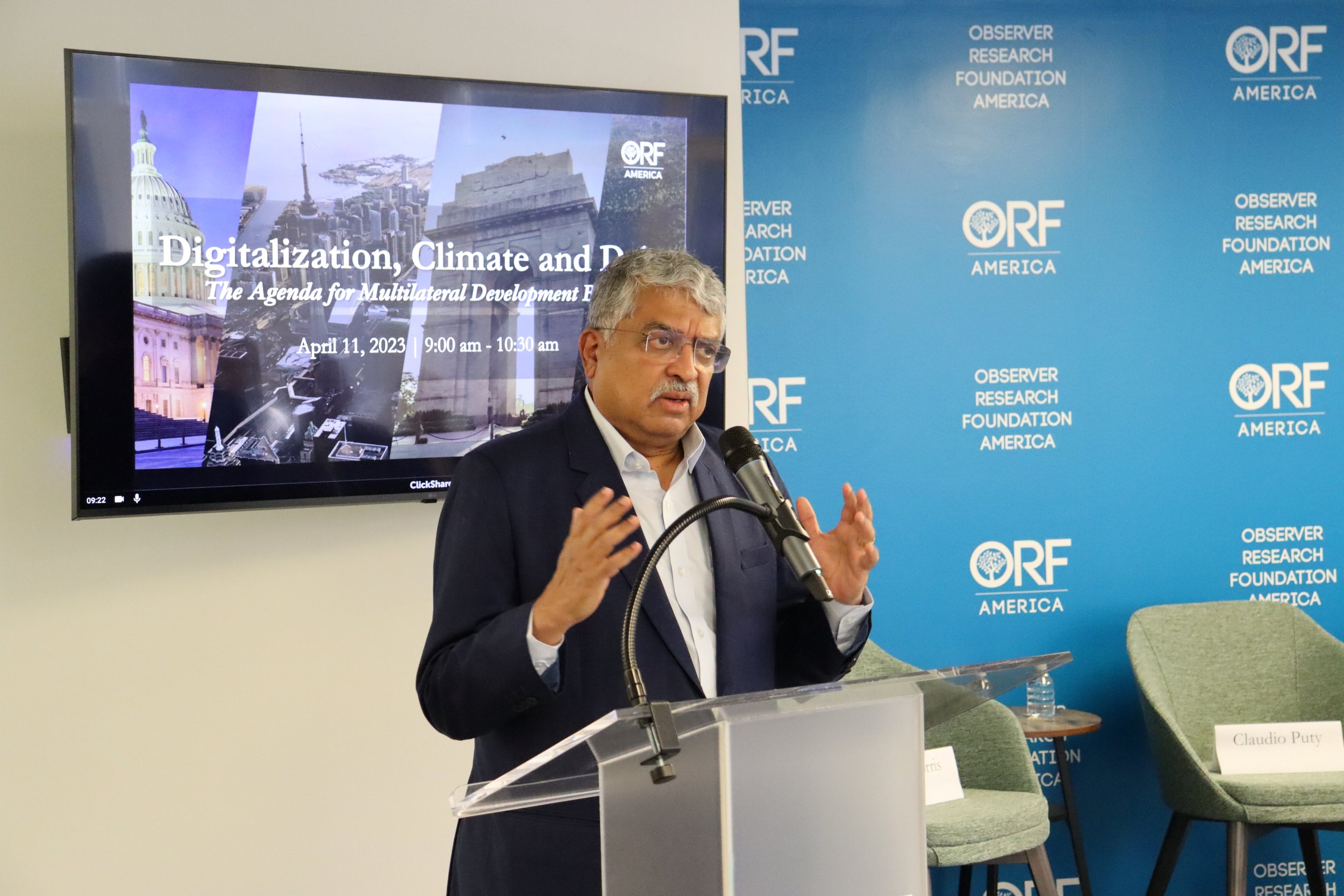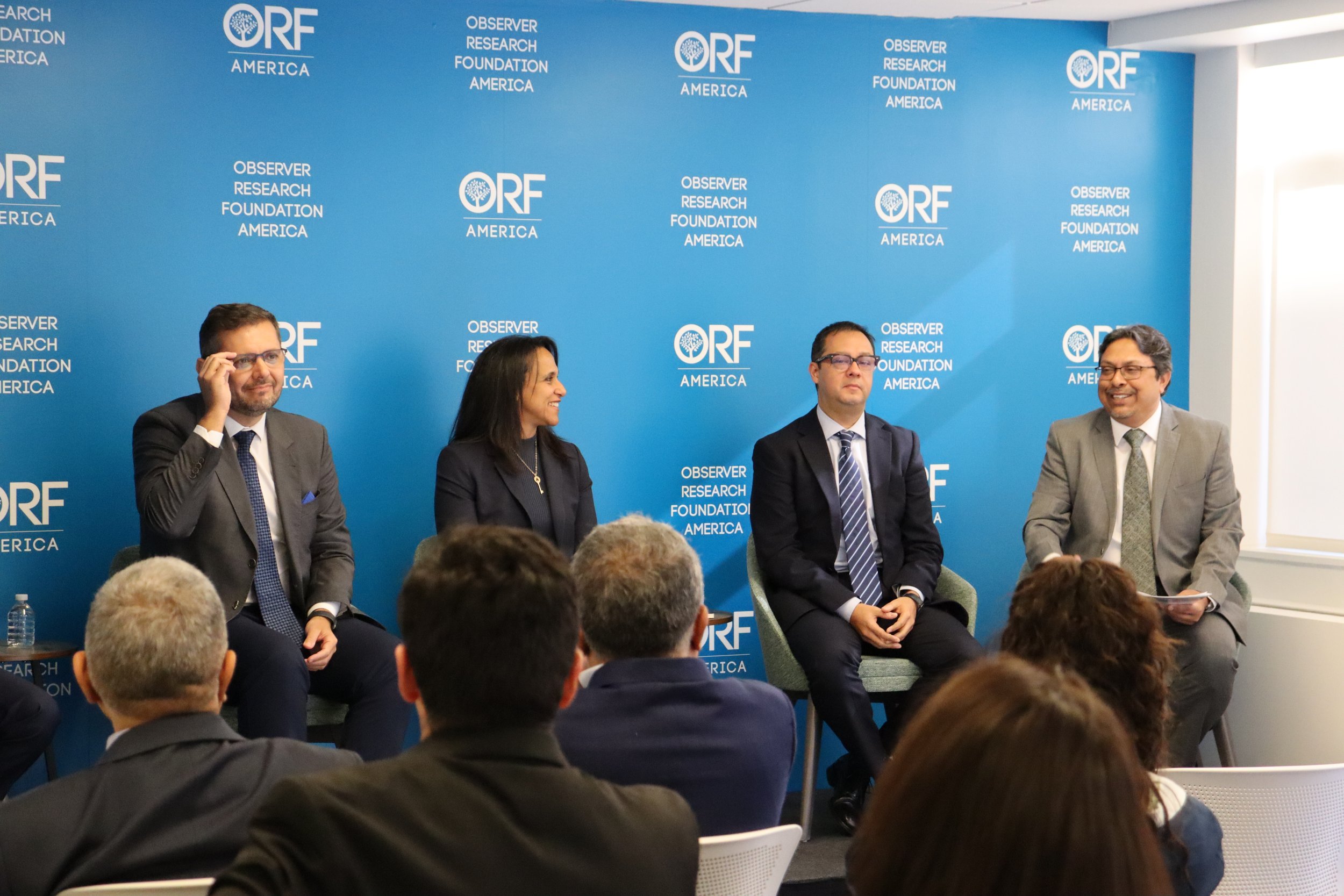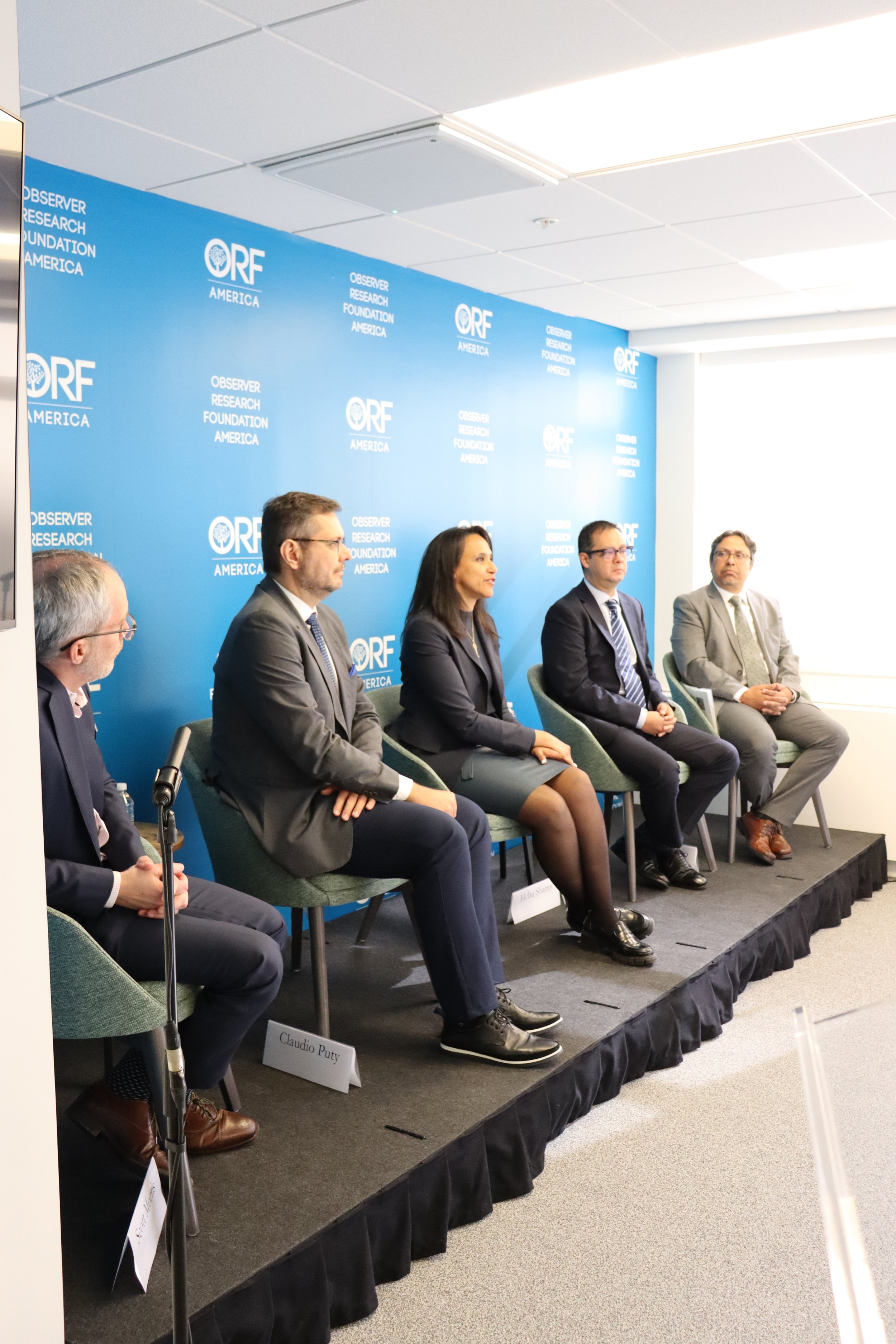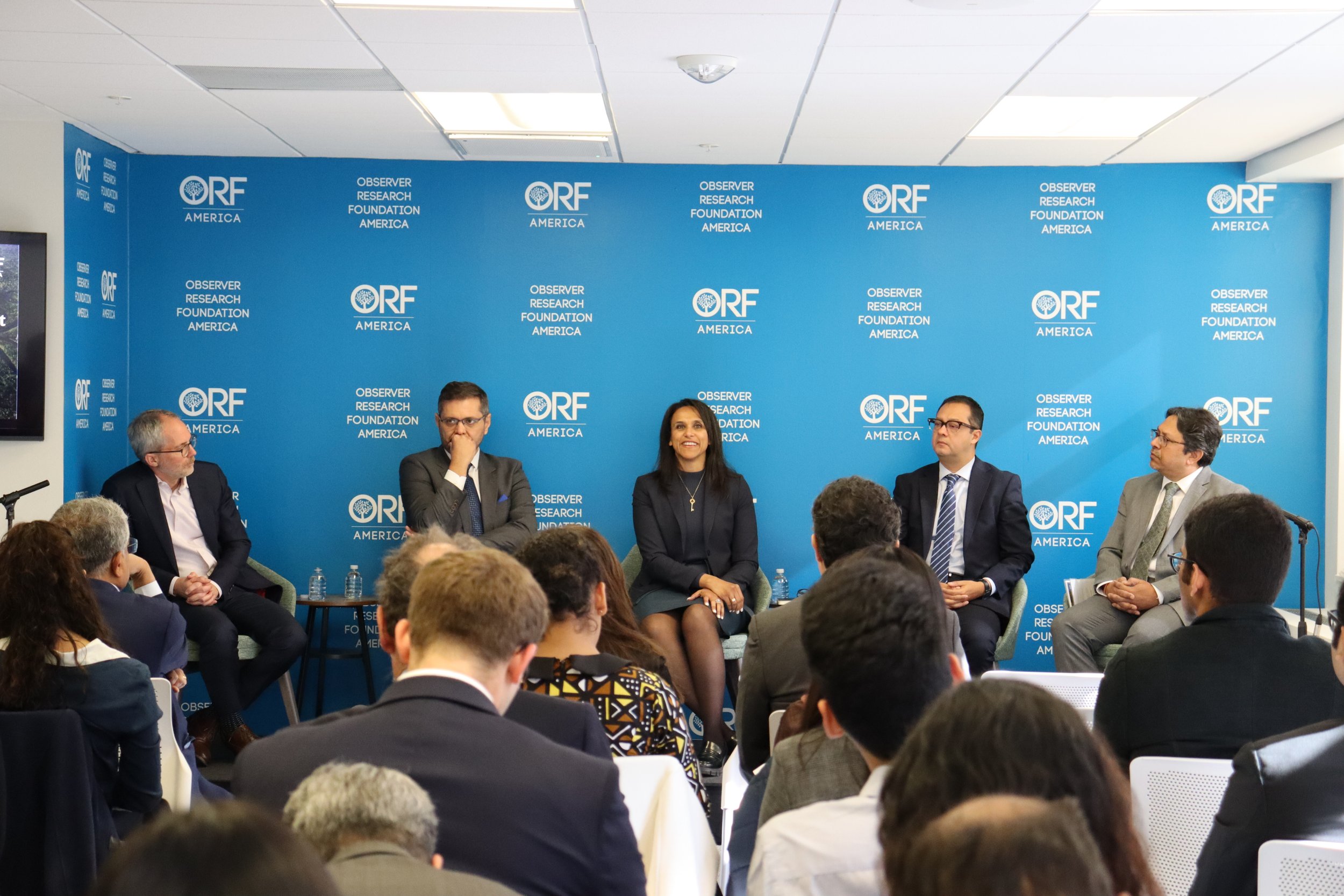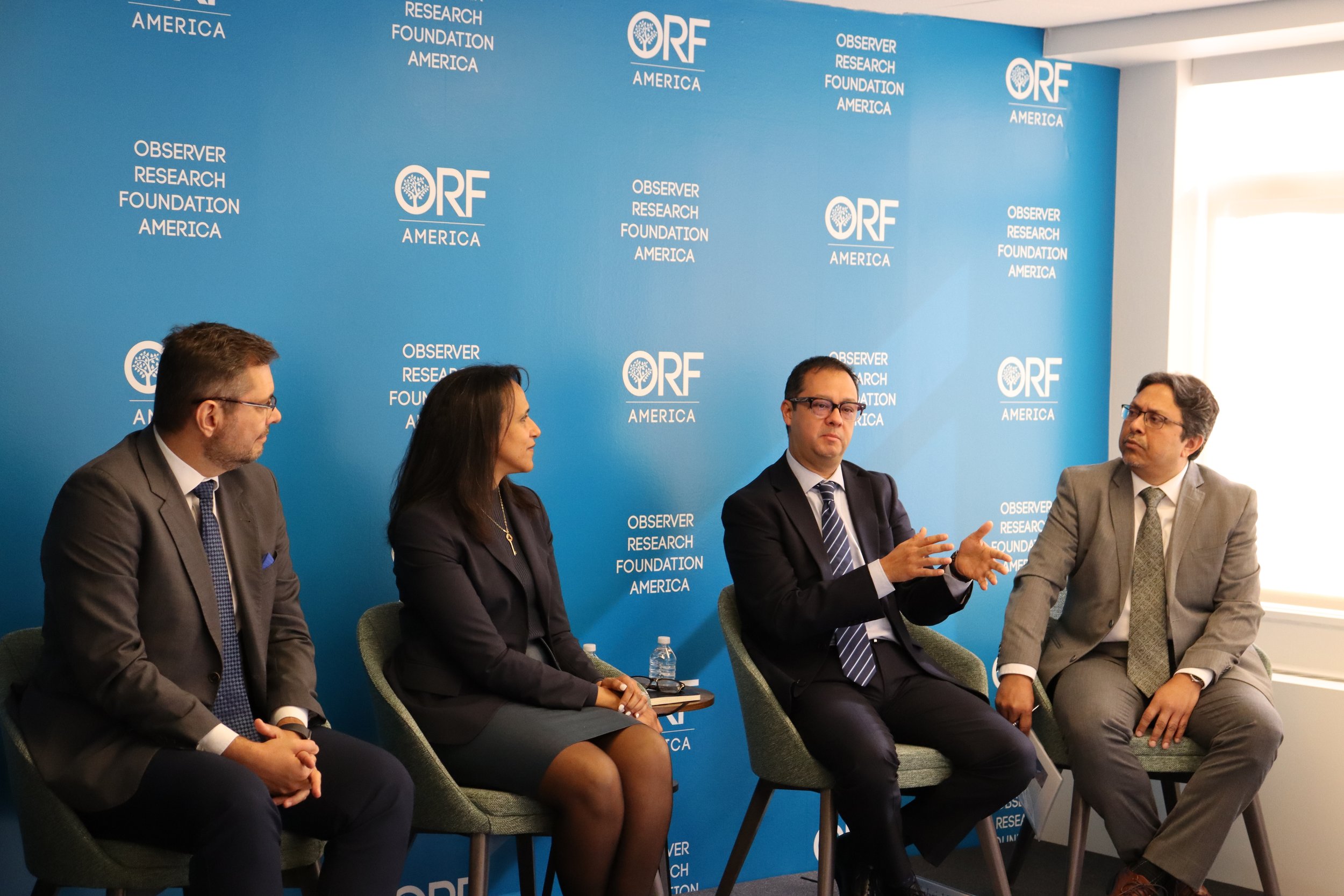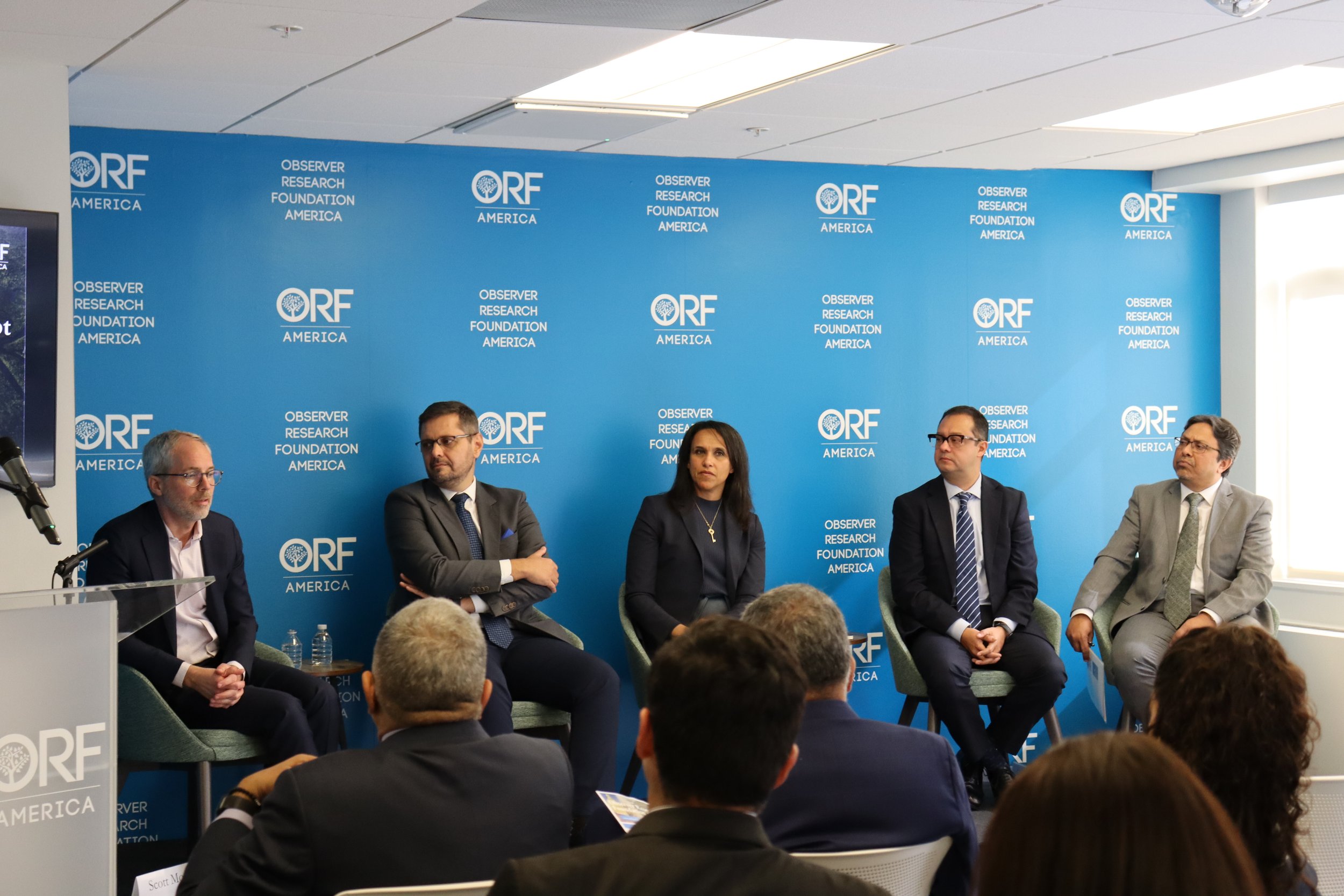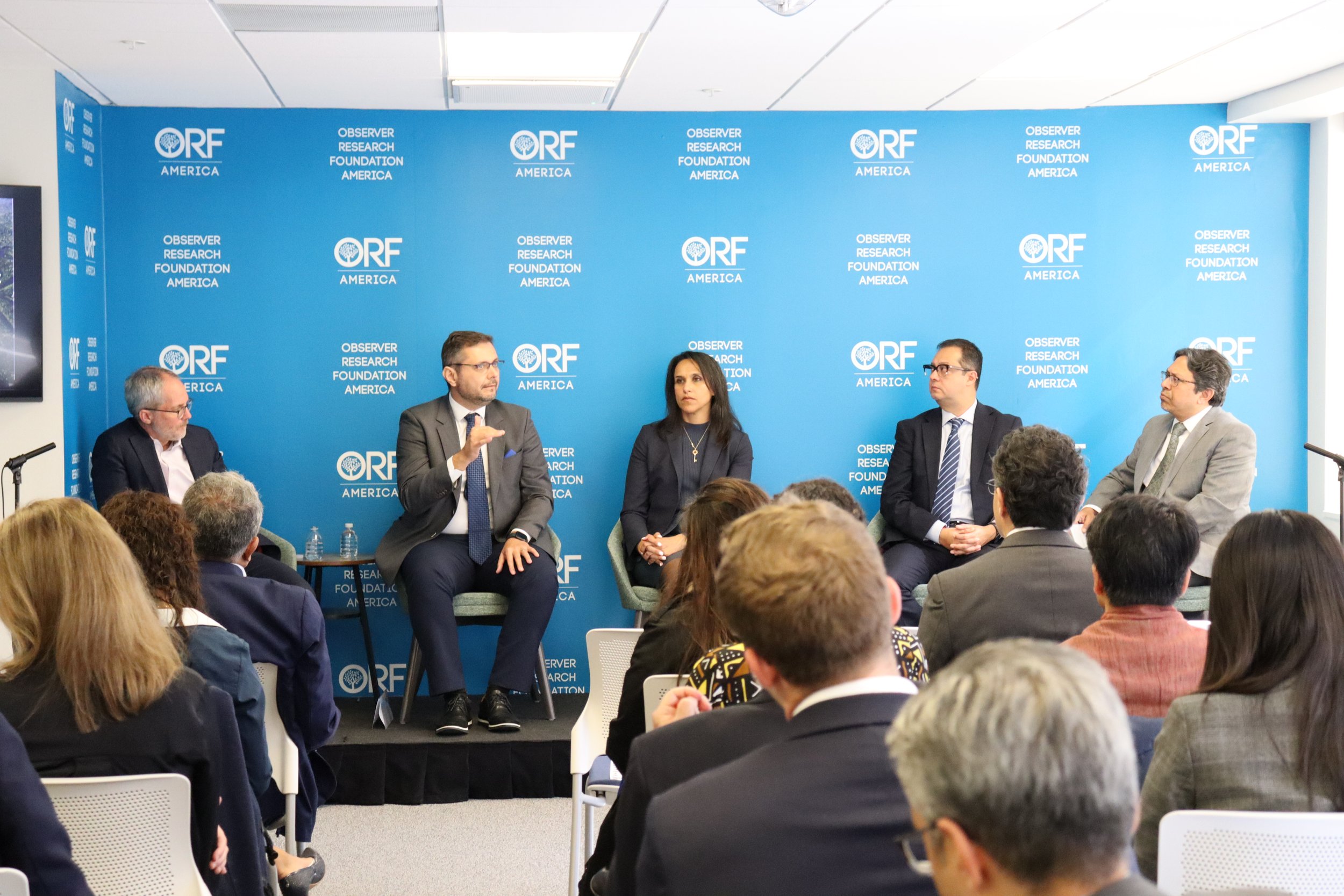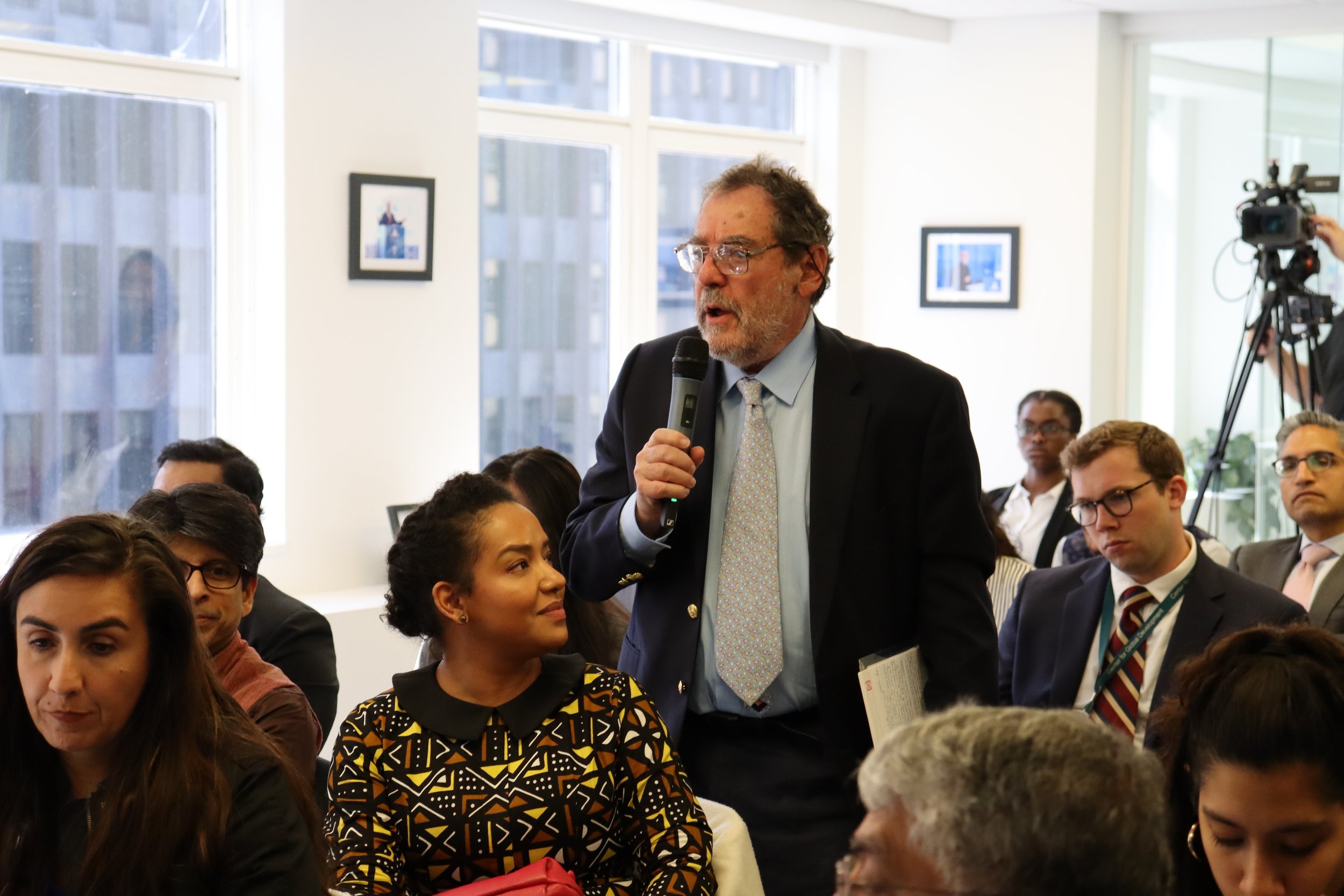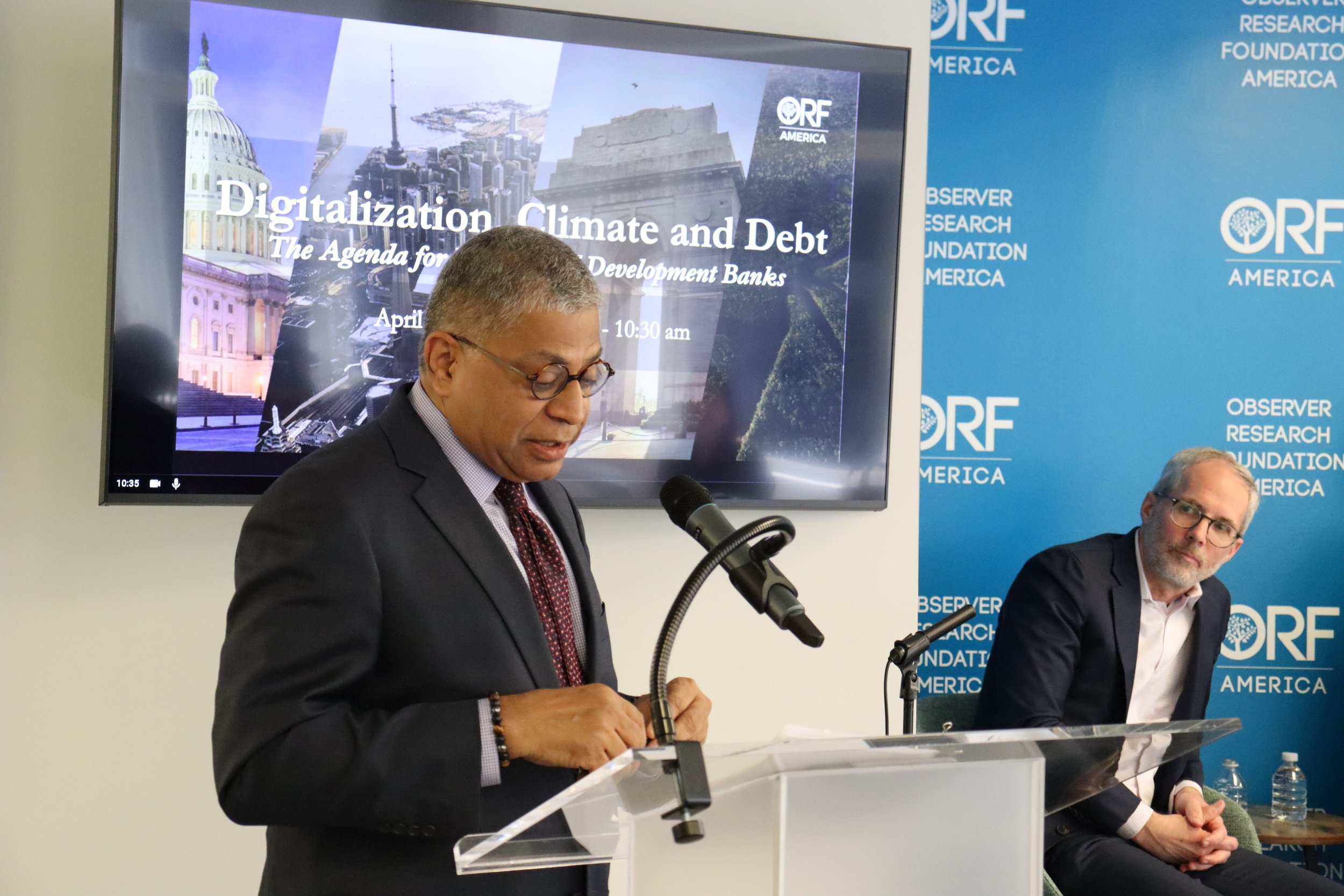On June 11, ORF America hosted a closed-door workshop on Mapping Clean Energy Commitments and Ambitions in IBSA+Indonesia. This workshop marked the launch of a year-long dialogue series that leverages the momentum of the consecutive G20 presidencies of India, Brazil, South Africa (IBSA), and Indonesia, for an equitable green transition beyond 2025.
Starting with Indonesia’s G20 presidency in 2022, followed by India, Brazil, and South Africa, there has been a significant window of opportunity for the Global South to use the G20 agenda to elevate its concerns, needs, and ambitions. Brazil’s COP30 and BRICS presidencies in 2025 present additional opportunities to cement Global South priorities and leadership for a more equitable energy transition, furthering the policy continuity attained over the G20 presidencies into the COP process and IBSA format as well.
Even beyond the chairmanship of the G20, these countries - Brazil, India, Indonesia, and South Africa - have the potential to ensure the priorities of the Global South remain a part of the agenda in Latin America, South Asia, Southeast Asia, and Africa, respectively. IBSA+Indonesia holds great potential as a grouping not only because of G20 leadership, but also due to wider political acceptance, which allows for more flexibility and less pushback towards their agendas and initiatives.
The June 11th workshop gathered leaders in civil society, academia, the private sector, and international finance institutions to develop a roadmap for sustained Global South collaboration on clean energy transitions, climate finance, technological innovation, and diversification of clean energy supply chains, particularly in the lead-up to the 2026 U.S. G20 presidency. The discussion focused on:
Mapping clean energy policies, commitments, and institutional synergies in IBSA+Indonesia
Identifying opportunities and key challenges in current energy transitions
Outlining actionable priorities to feed into solution-oriented dialogues later in the year
Participants identified common themes and narratives amongst the energy transitions in India, Brazil, South Africa, and Indonesia. In these countries, climate equity and justice across social groups and geographies are central to transition narratives. Meanwhile, Global North transition narratives are dominated by mitigation strategies that clash against Global South consensus that transitions must be integrated with development goals and energy access. Achieving these goals requires institutional harmony and a whole-of-government approach, which is difficult due to weak cross-ministerial alignment and federalism in some cases. As these Global South countries prepare to cede the G20 presidency to the United States in 2026, speakers argued for tactical implementation over reinvention—focusing on operationalizing and accelerating existing mechanisms like multilateral development bank pipelines and concessional loans, rather than pushing for new, politically non-viable commitments.
Climate finance is increasingly understood not as aid, but as a geoeconomic tool intertwined with trade, security, and industrial transformation. In this context, participants agreed that the private sector actors are more important than ever, however, current climate finance mechanisms are too fragmented, conditionality-laden, and investor-averse to drive equitable transitions at scale. While country climate finance taxonomies are becoming increasingly available to investors, they are still lacking in clarity and interoperability—elements crucial for the participation of global investors. The politicization of corporate climate strategies is chilling private participation, especially where risk-adjusted returns are unclear. India, Brazil, South Africa, and Indonesia can do much more to set the agenda, shape ESG norms and define energy transitions on their own terms. Suggestions to counter this included setting up a joint IBSA+Indonesia sovereign fund to consolidate South-South financial sovereignty and climate investment.
To address challenges to secure low-cost climate technologies and diversify supply chains, participants recommended the following policy priorities for IBSA+Indonesia:
Supply-Demand Alignment: Coordinated grid development, tariff design, and generation planning are essential to avoid stranded assets.
Regulatory Harmonization: Interoperable standards across countries are required to accelerate finance and reduce transaction costs.
Workforce Development: Technical training and local capacity must underpin technology diffusion.
Accessible Finance: Financial architectures must lower entry barriers, particularly for small firms and decentralized projects.
Strategic Industrial Policy: Countries must identify core value chains and deploy state capacity toward long-term competitive positioning.
Participants:
Raul Alfaro-Pelico, Climate Investment Funds
Himani Bhatt, Climate Policy Initiative
Travis Brubaker, E3G
Alexander Csanadi, Carnegie Endowment for International Peace
Aude Darnal, Stimson Center
Maiara Folly, Plataforma CIPÓ
Kalina Gibson, Center for American Progress
Meera Gopal, Asia Society Policy Institute
Akanksha Golchha, Center for Strategic & International Studies
Amangul Hydyrova, McLarty Associates
Dhruva Jaishankar, Observer Research Foundation America
Sakshi Kataria, Center for Strategic & International Studies
Kate Logan, Asia Society Policy Institute
Anamika Mishra, Embassy of India, Washington, DC
Anit Mukherjee, Observer Research Foundation America
Amitaksha Nag, Datamuse LLC
Andreyka Natalegawa, Center for Strategic & International Studies
Jide Olutoke, Climate Policy Initiative
Jennifer Schuch-Page, The Asia Group
Shayak Sengupta, Center on Global Energy Policy, Columbia University
Salvatore Serravalle, E3G
Abidah Billah Setyowati, The World Bank
Yujie Shen, The World Bank
Rahul Srinivasan, Sustainable Energy for All
Carlos G. Sucre, Inter-American Development Bank
Abhinav Subramaniam, Center for Strategic & International Studies
Laird Treiber, Center for Strategic & International Studies
Piyush Verma, United Nations Development Programme
Emma Wong, Albright Stonebridge Group
Courtney Weatherby, Stimson Center
















